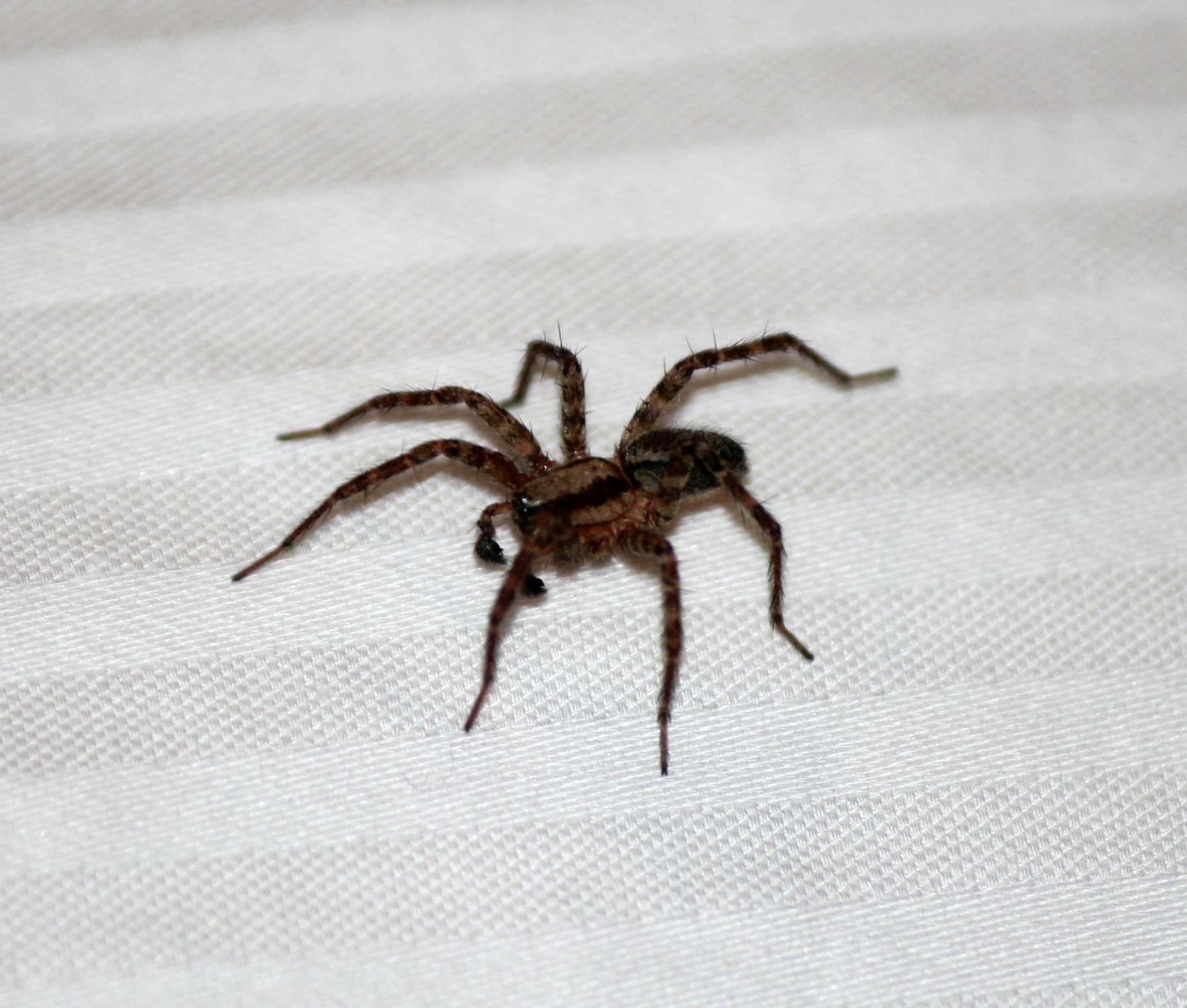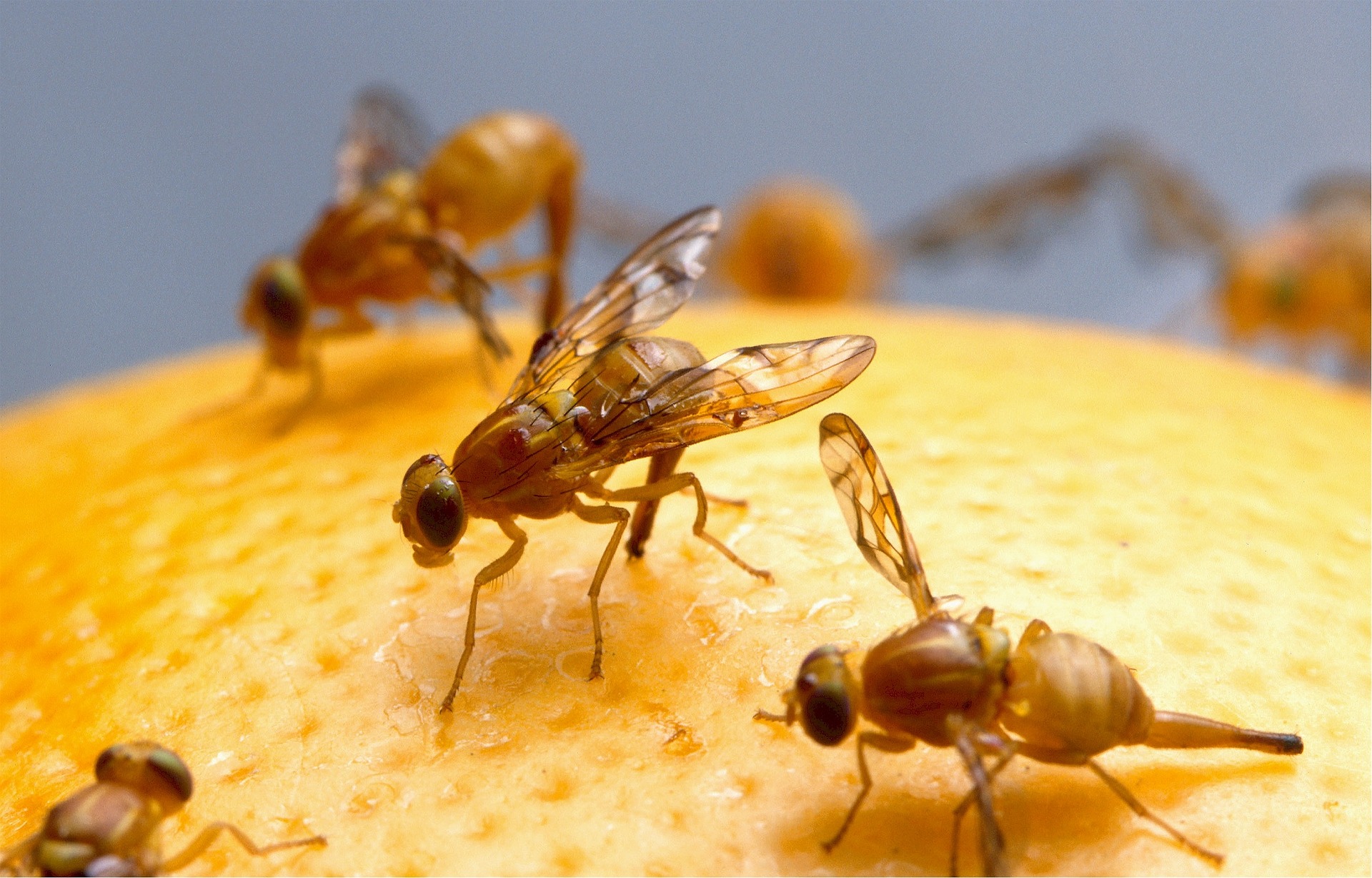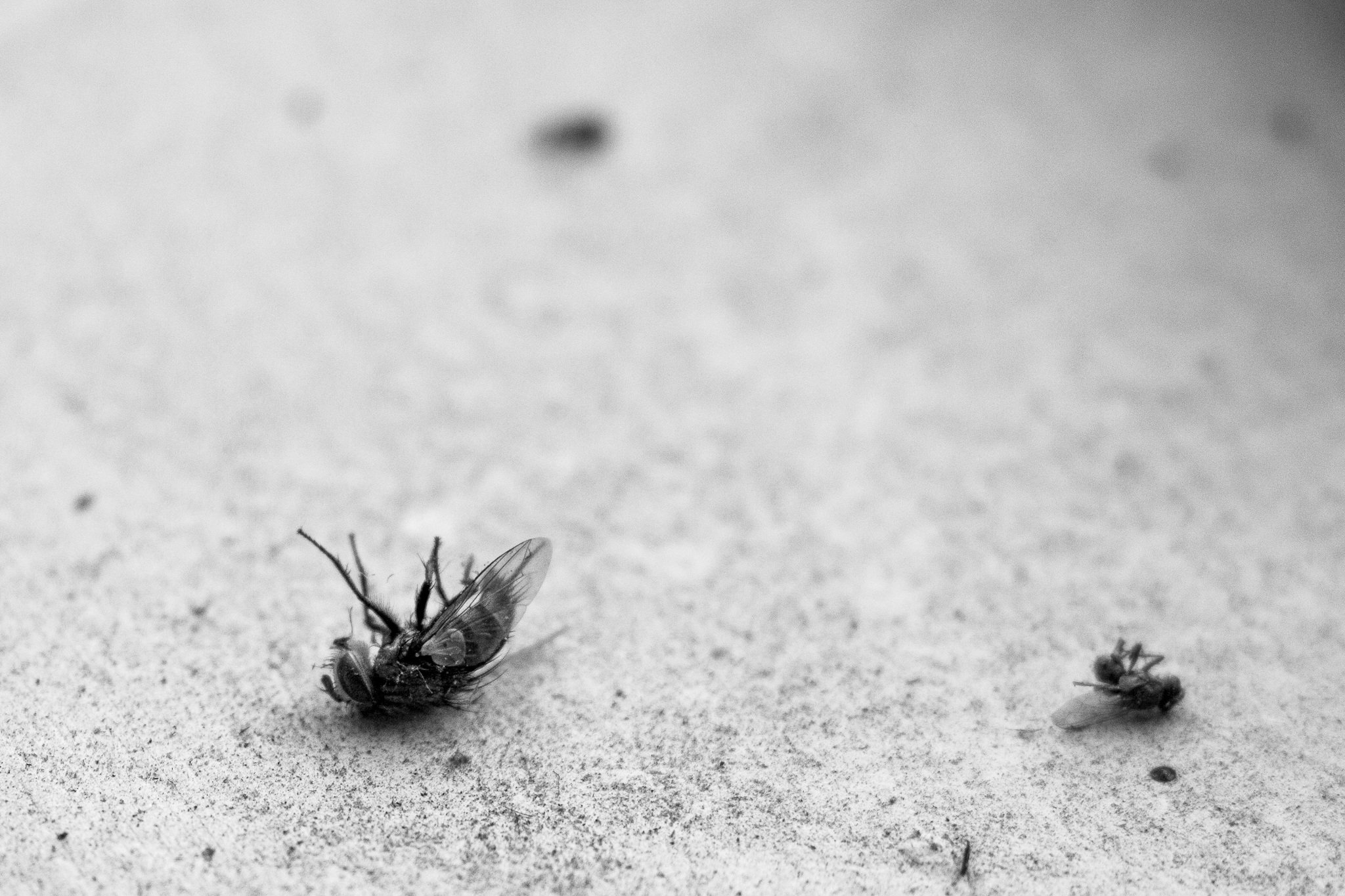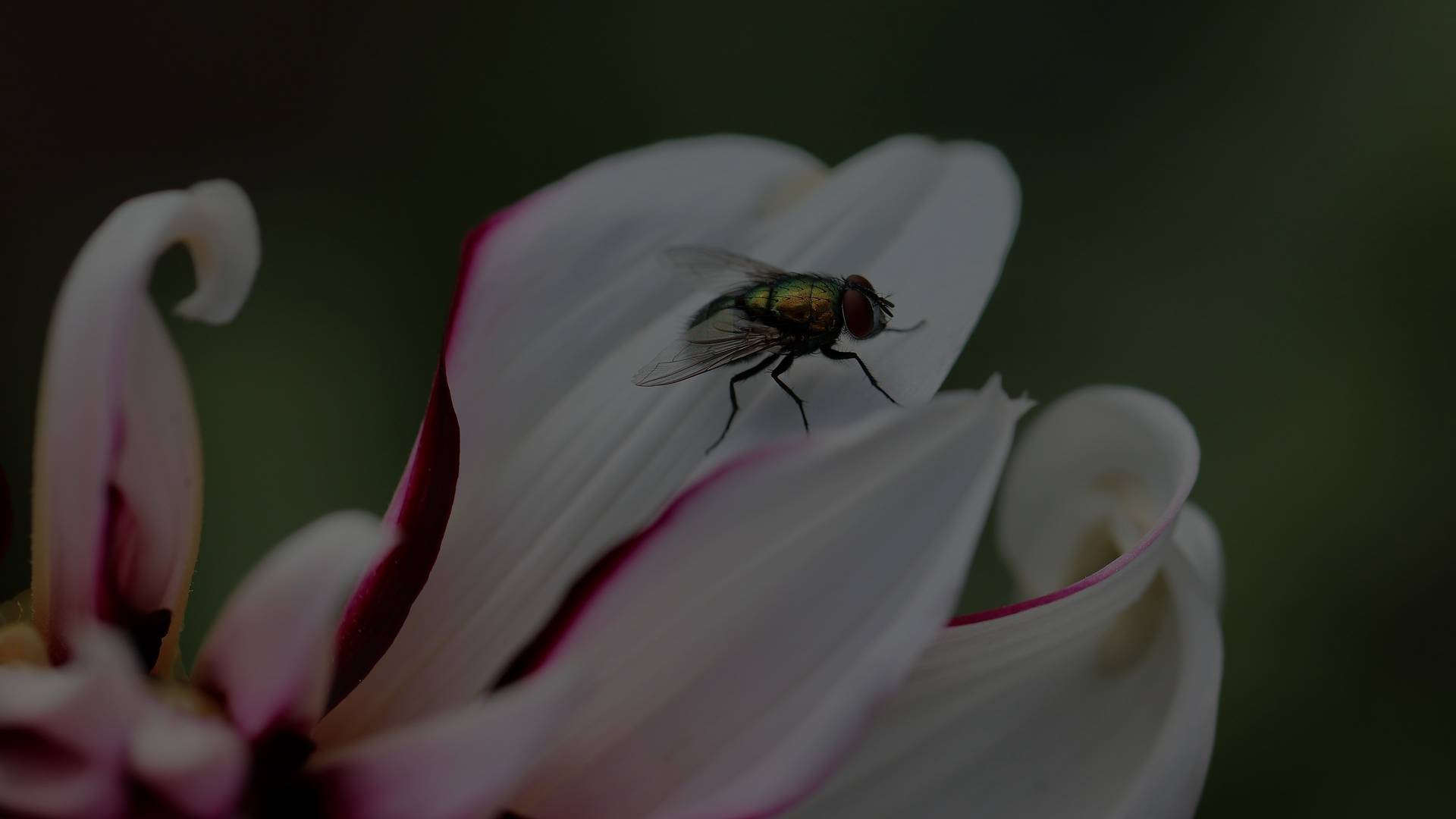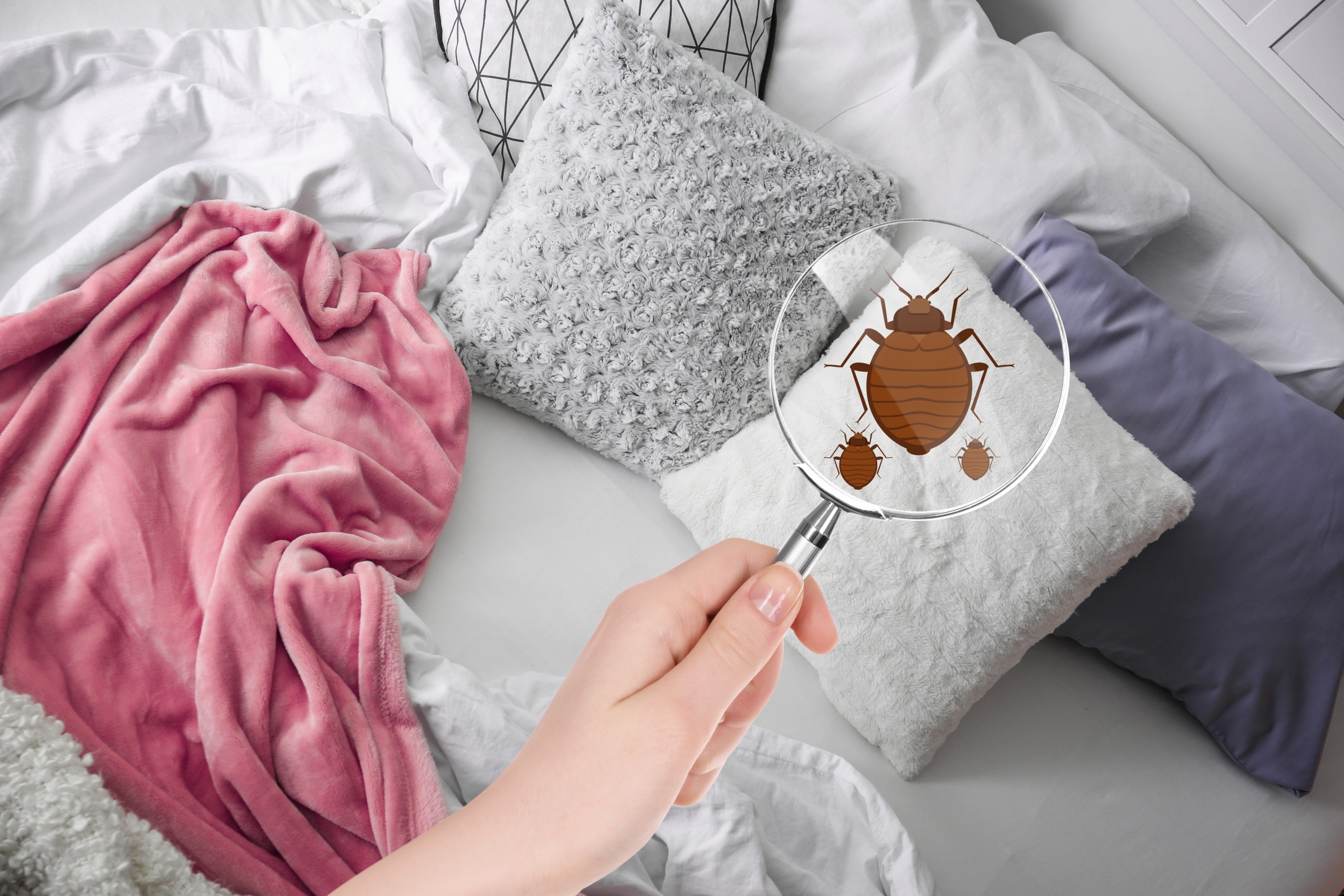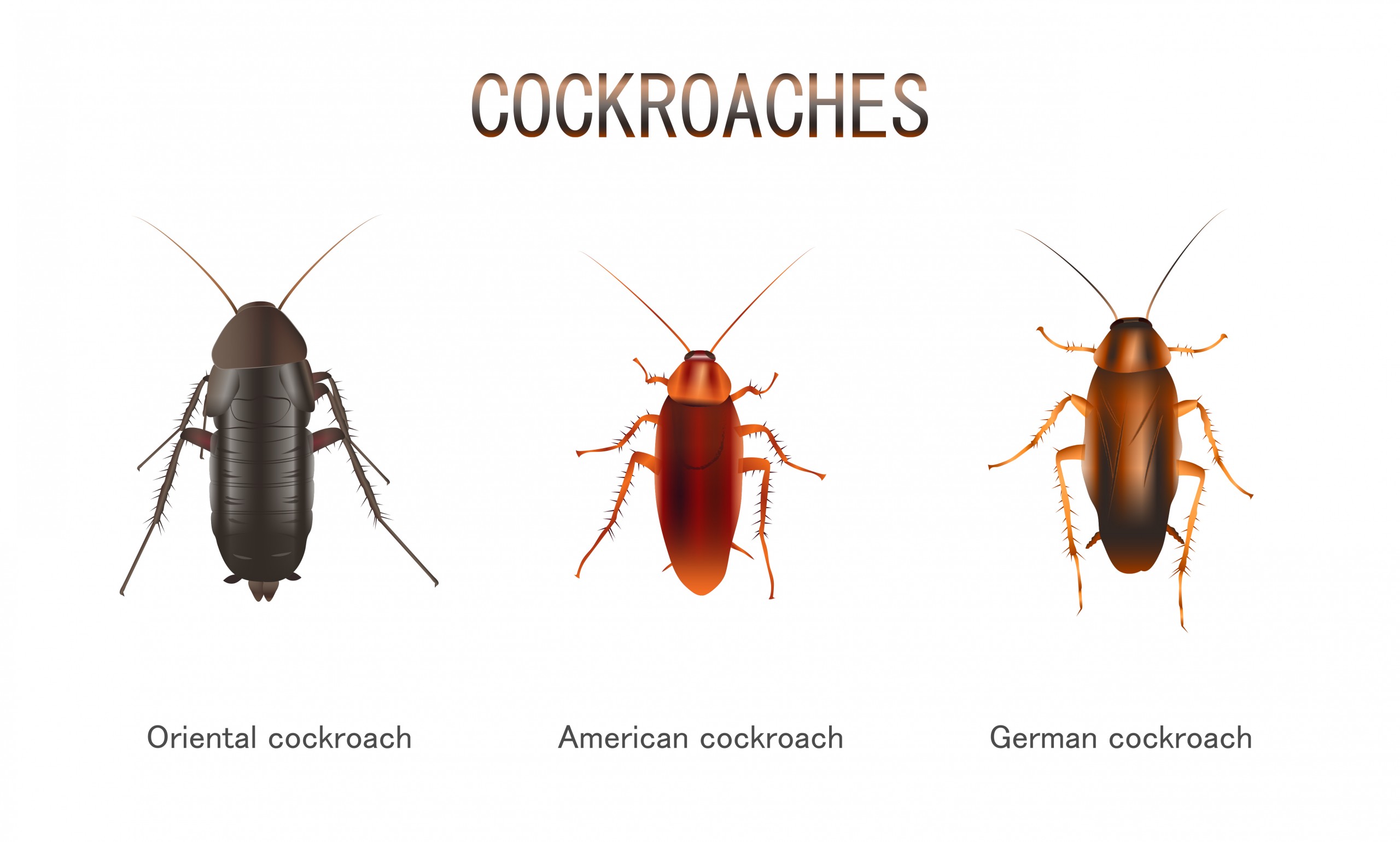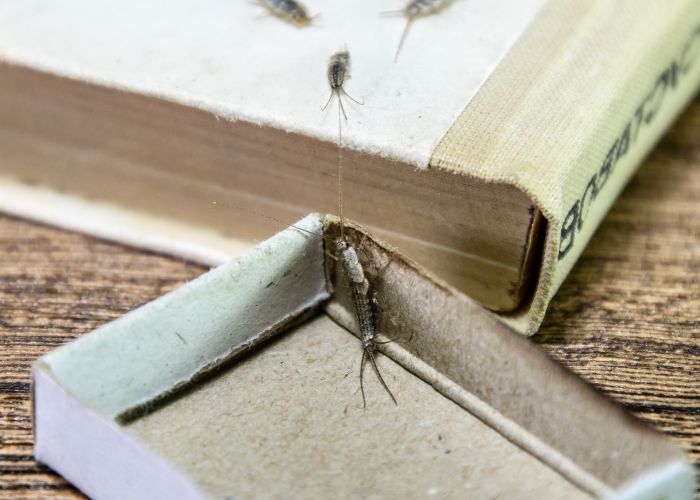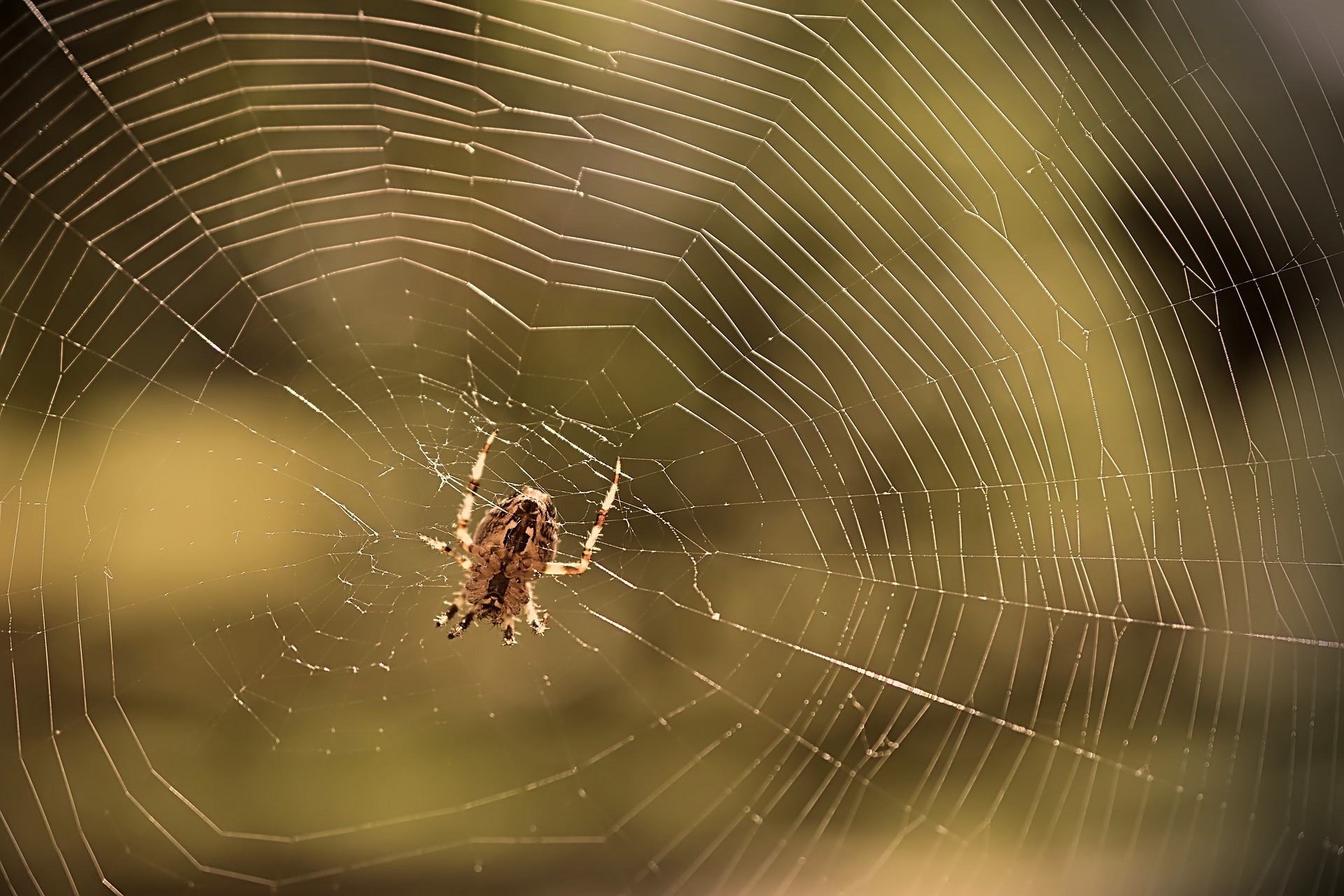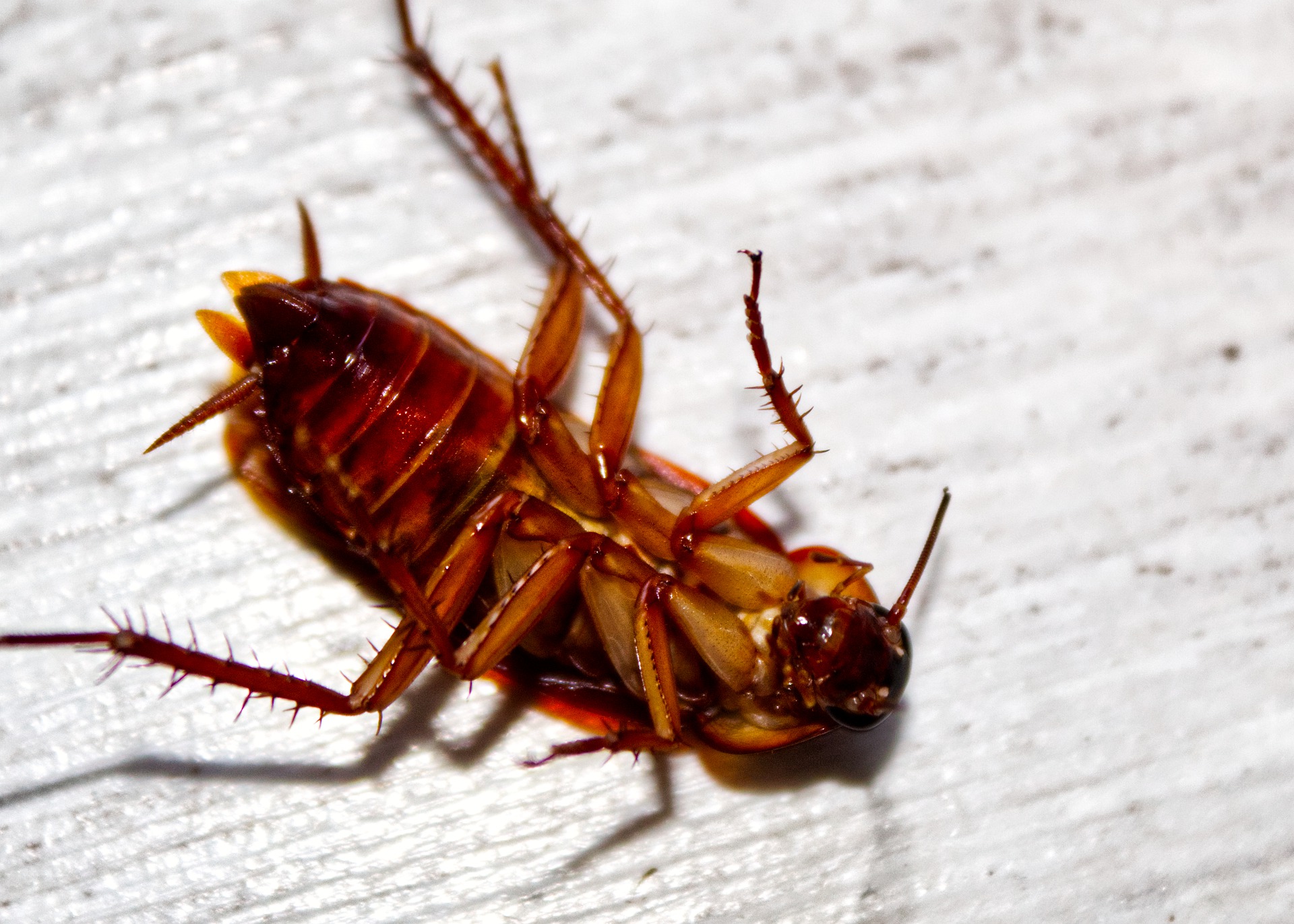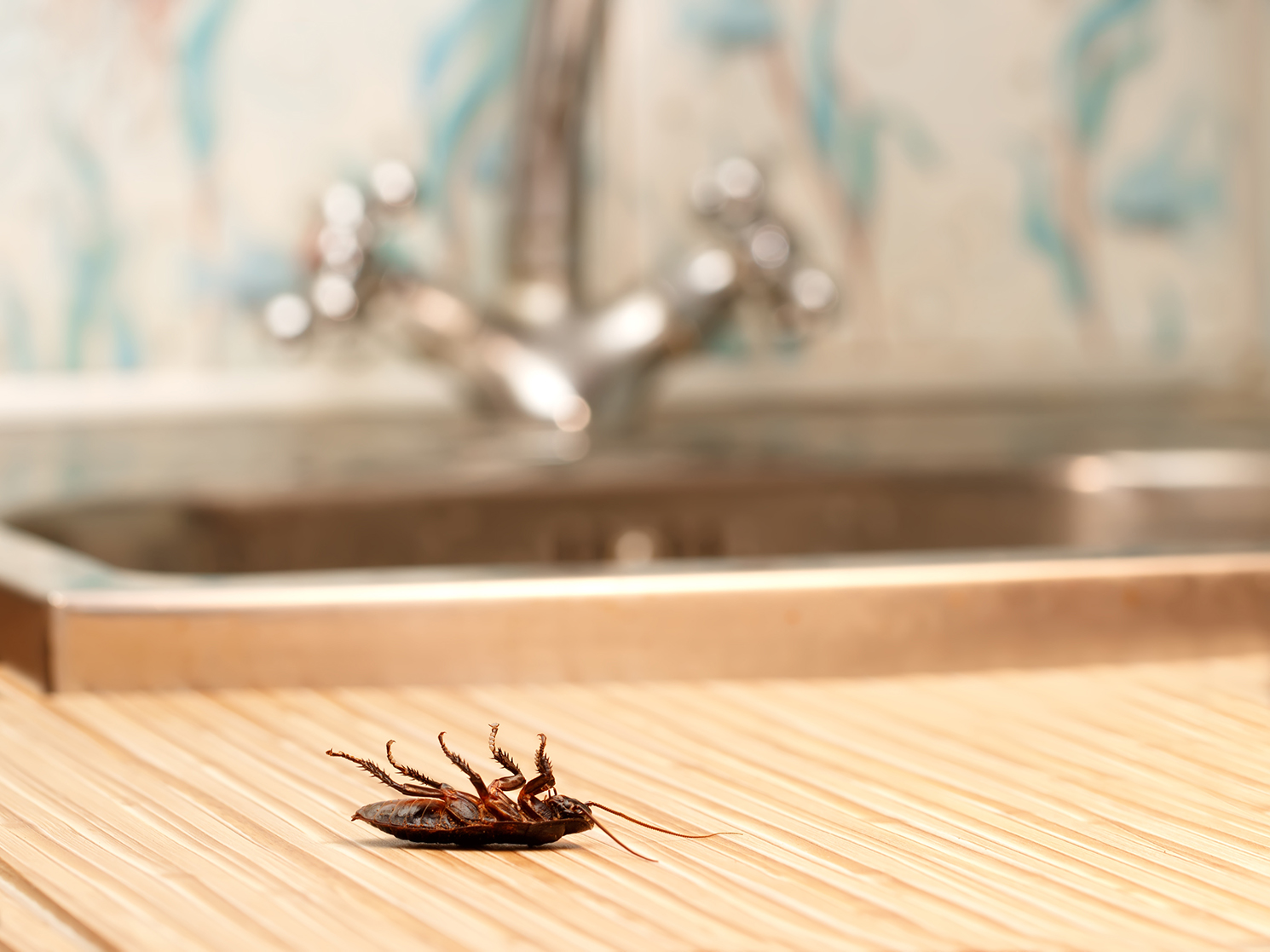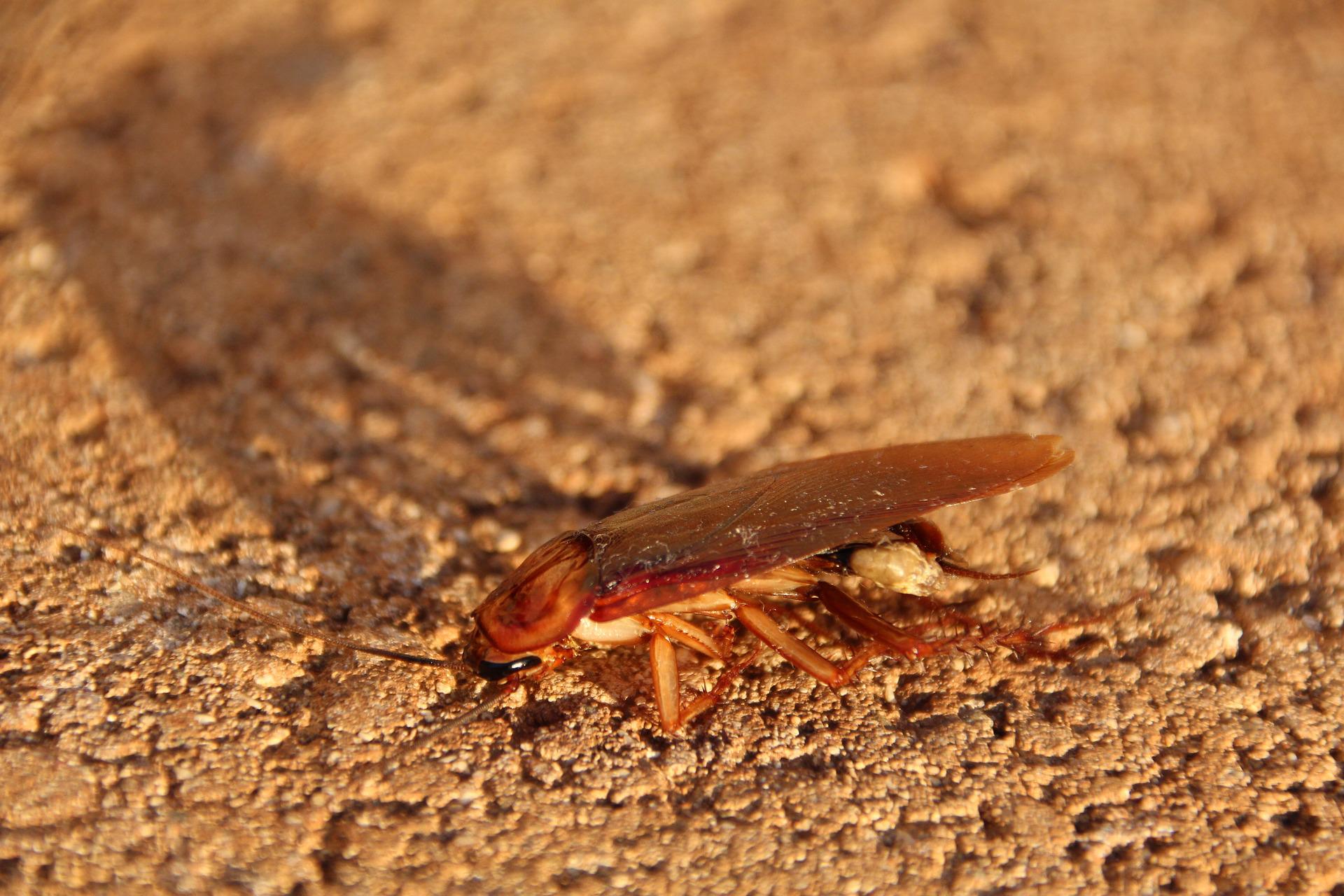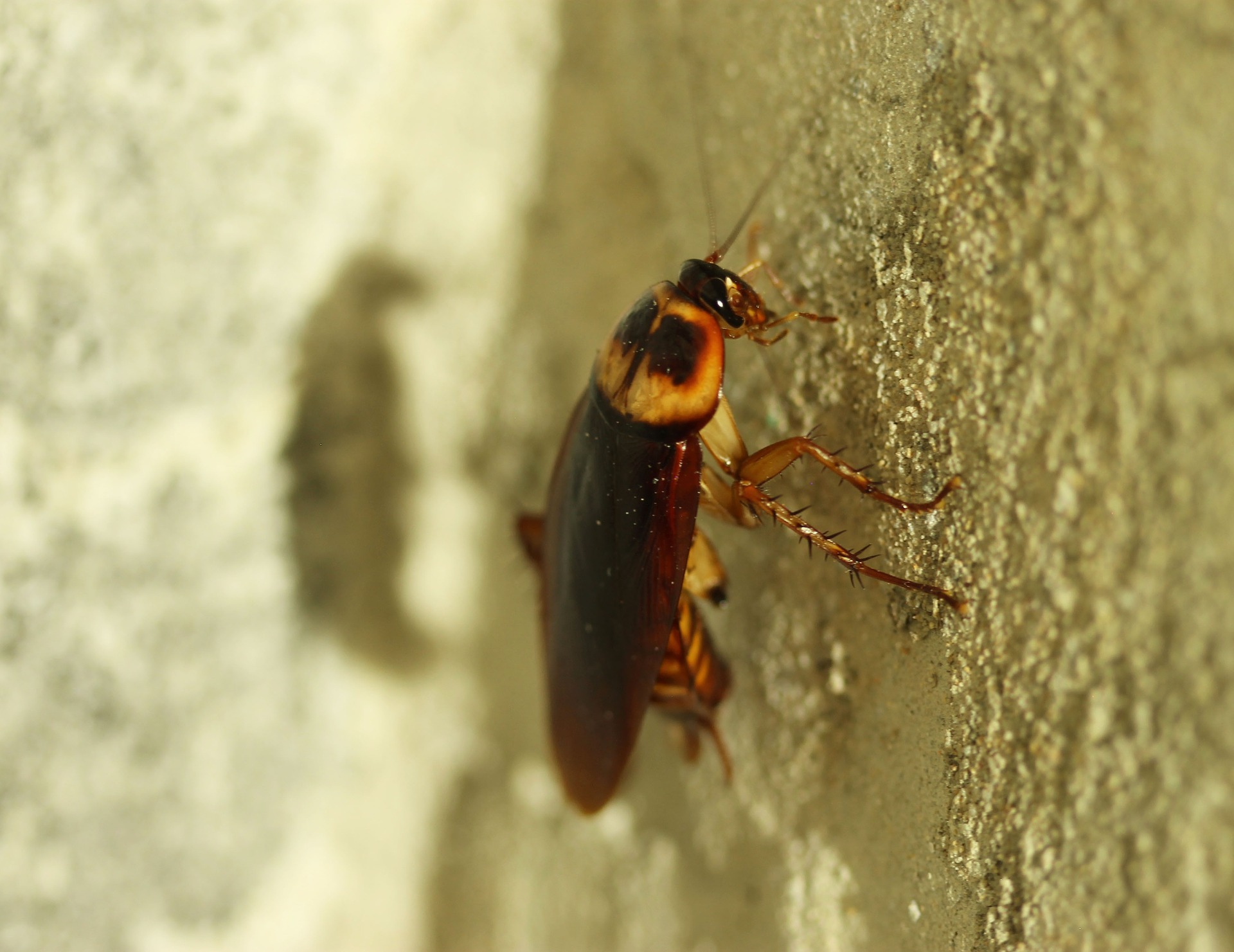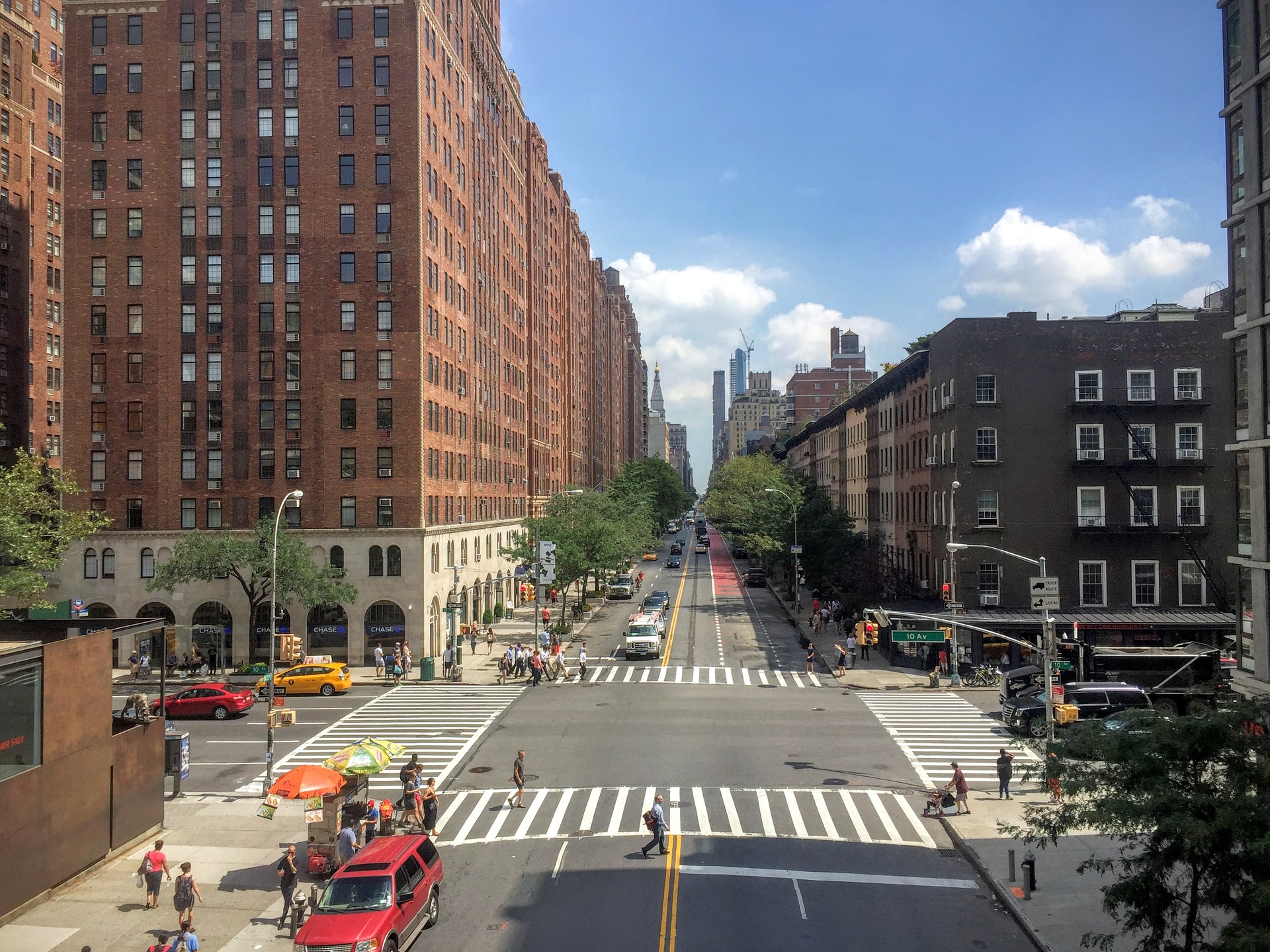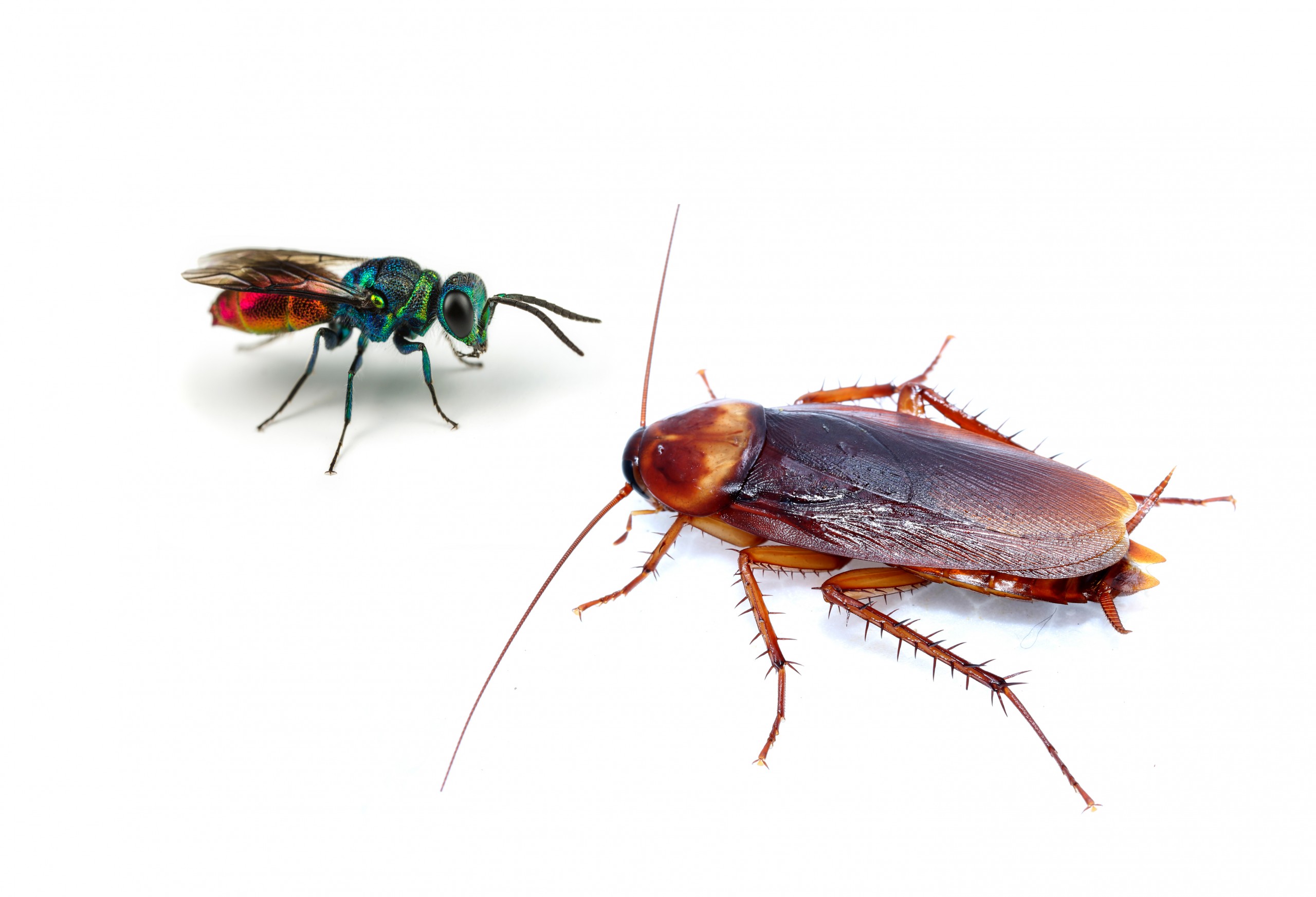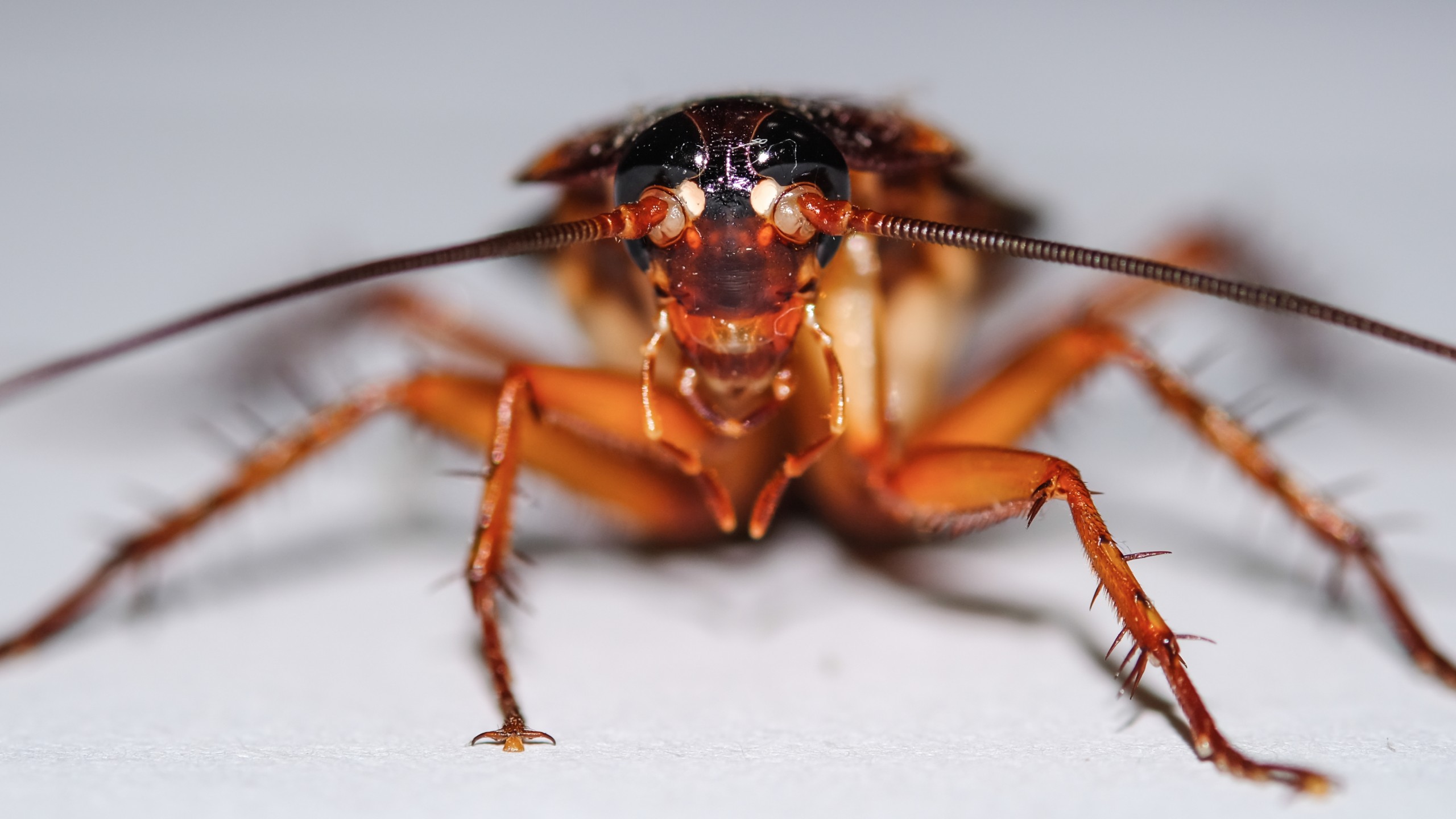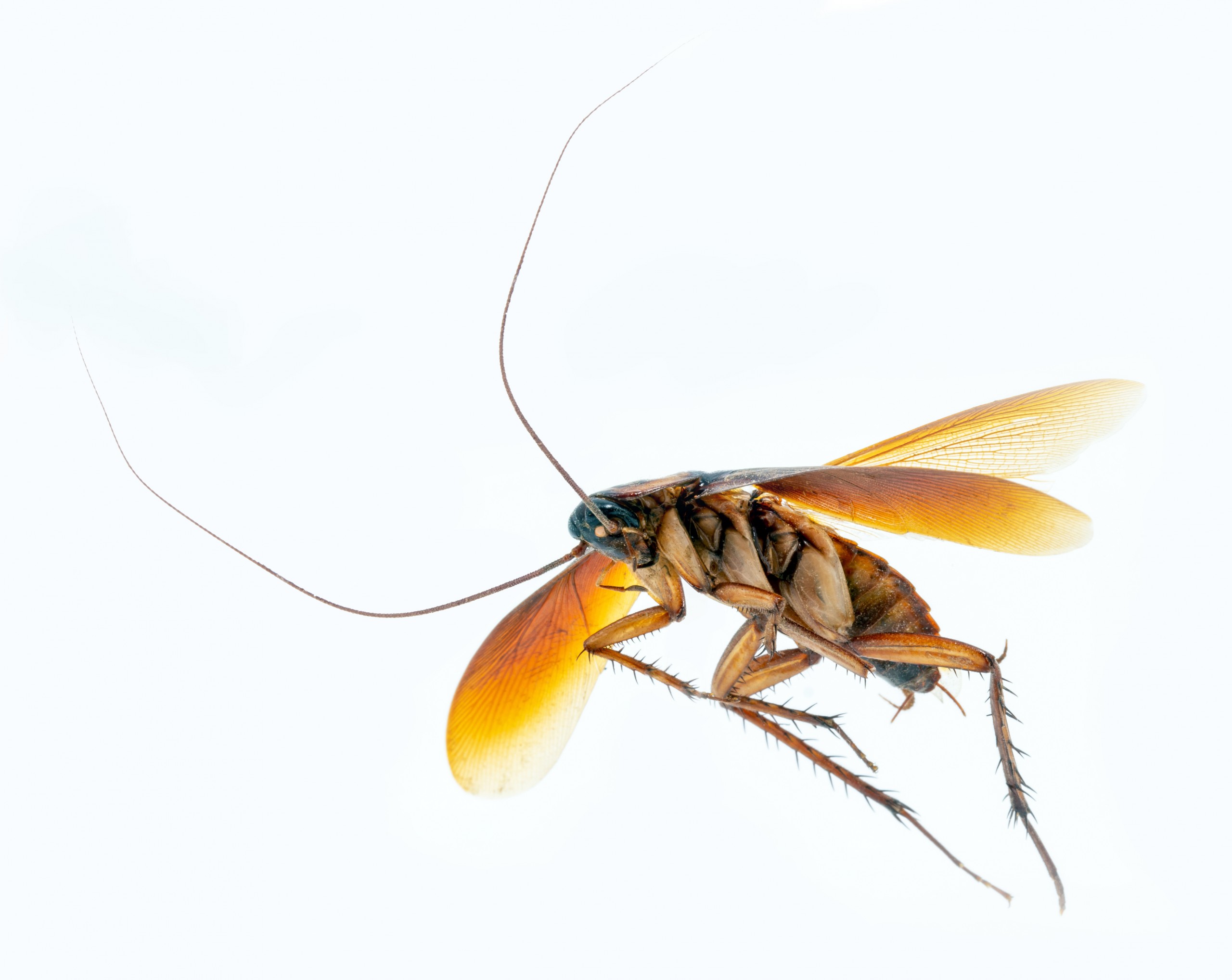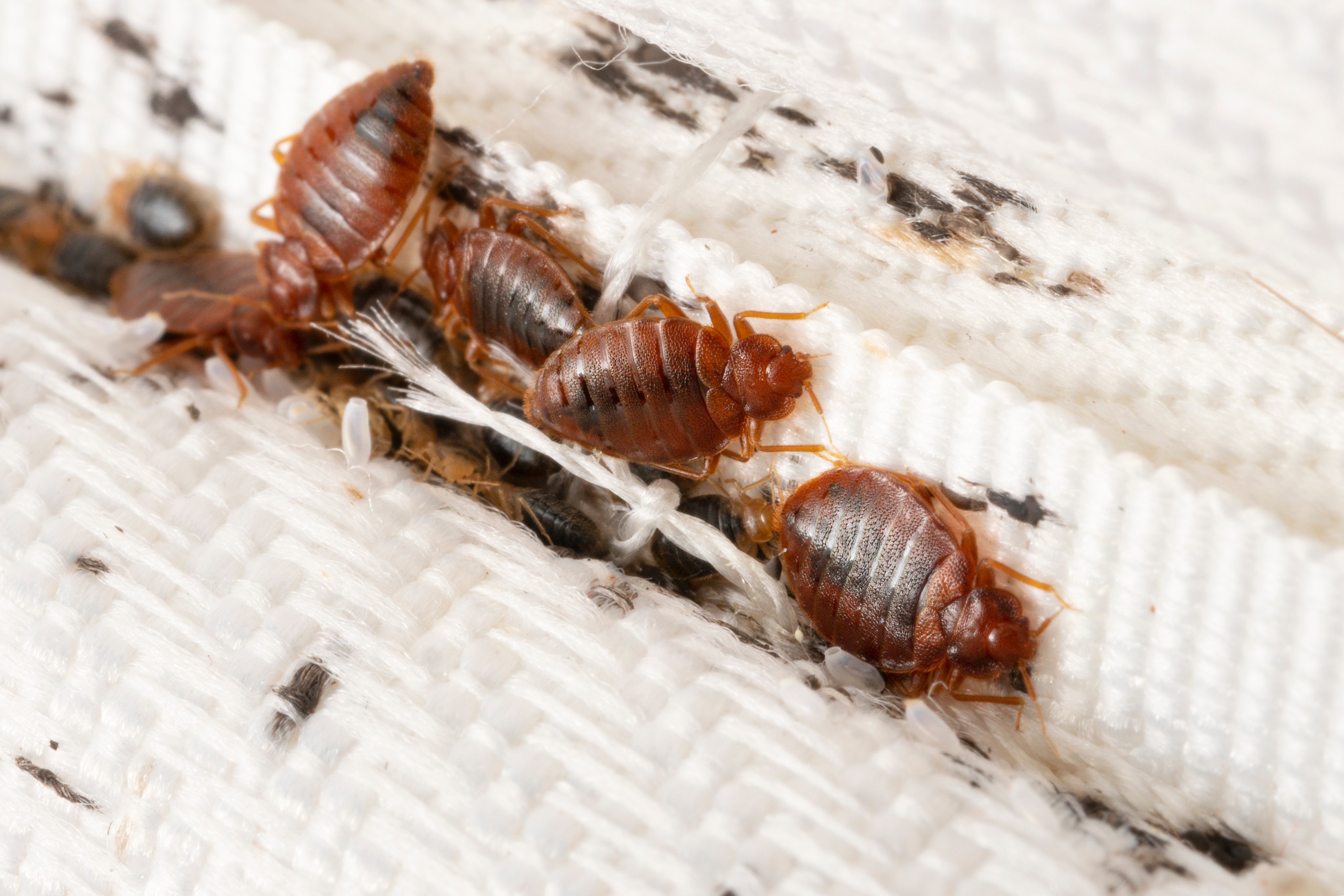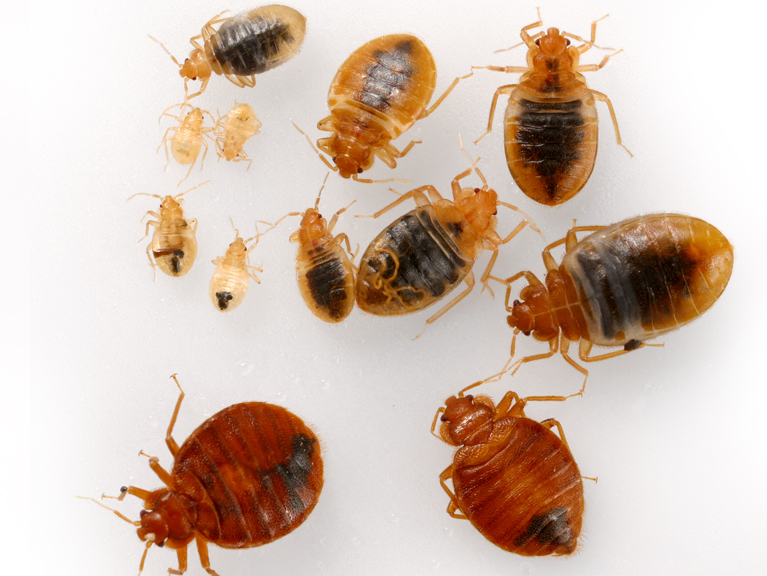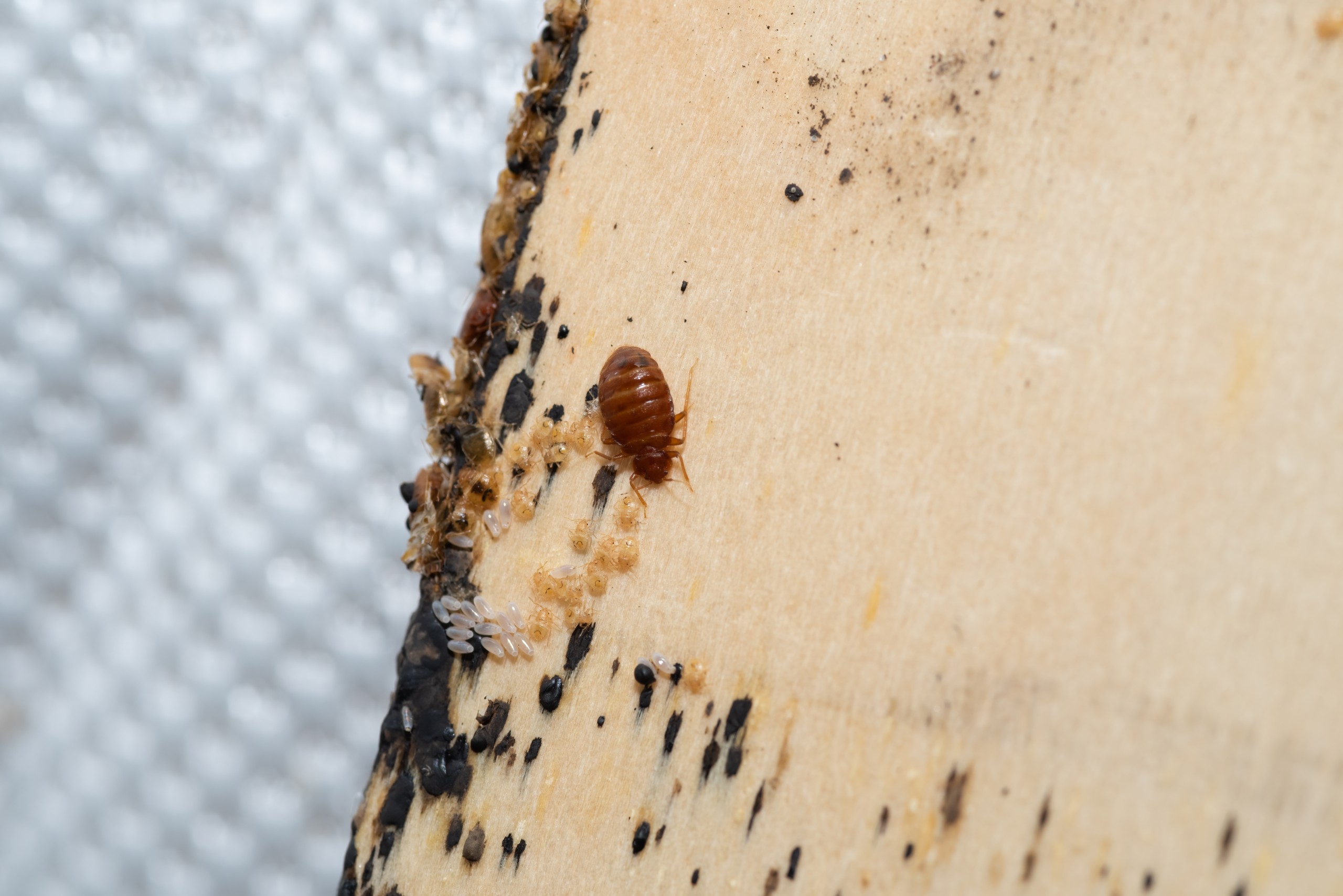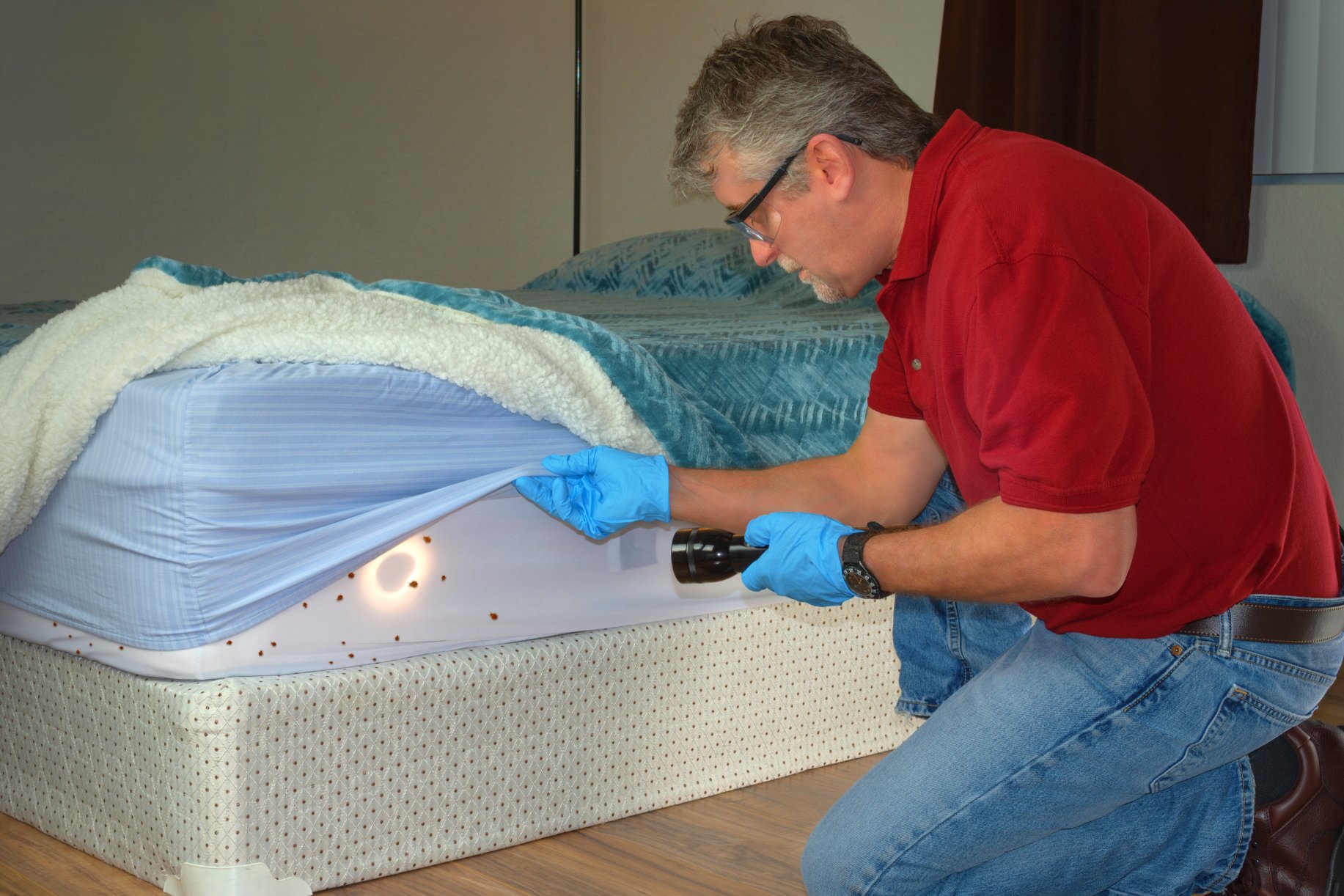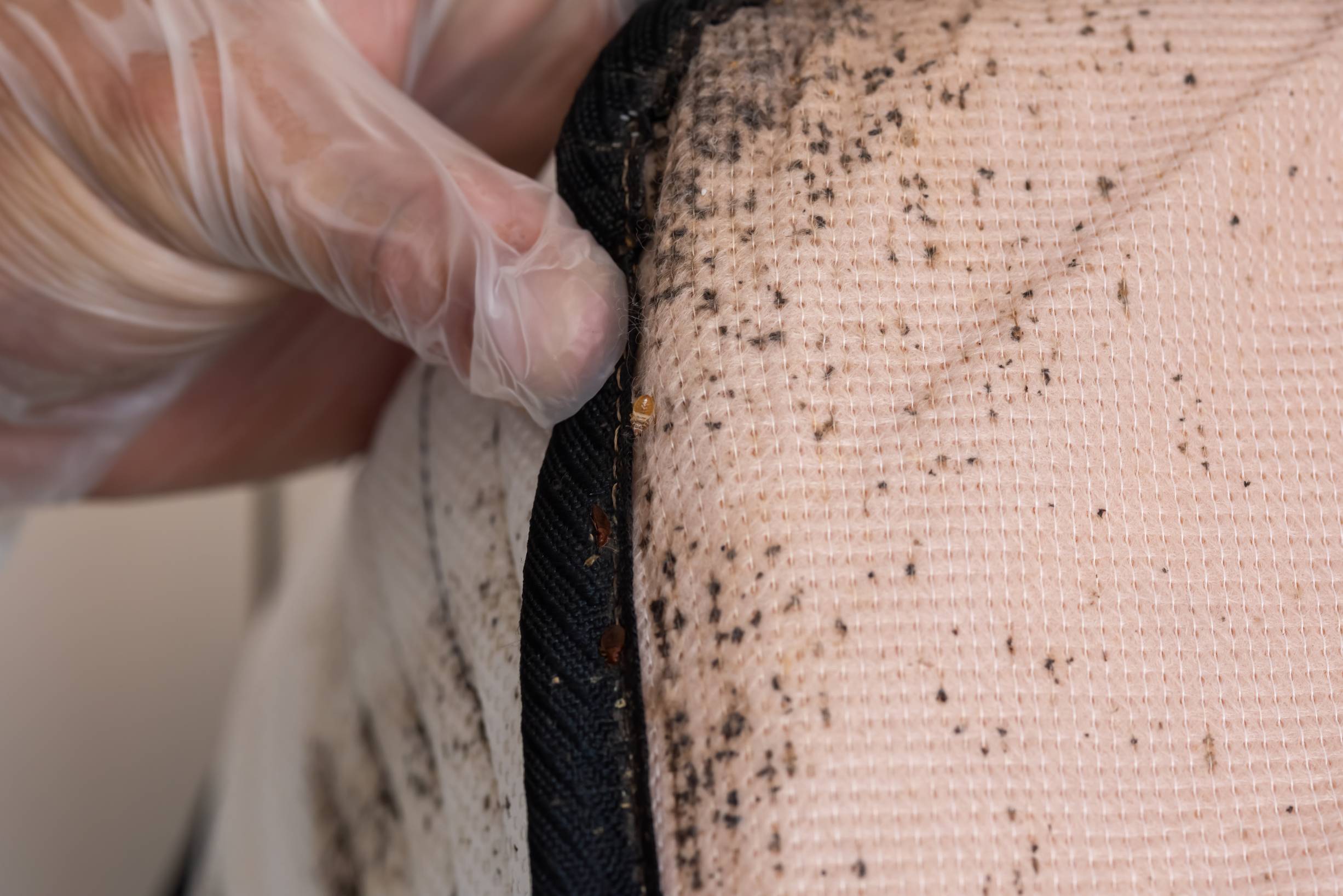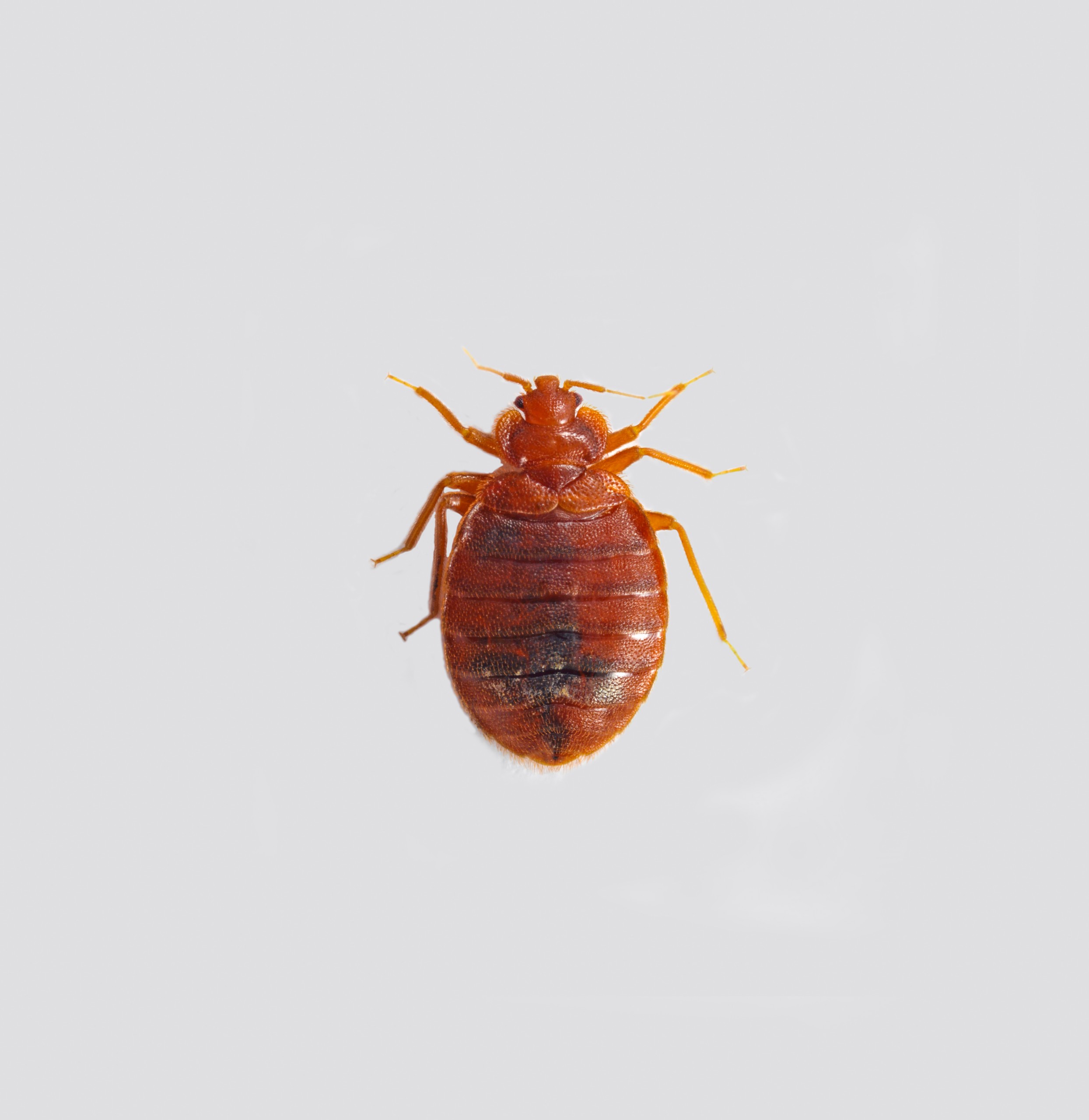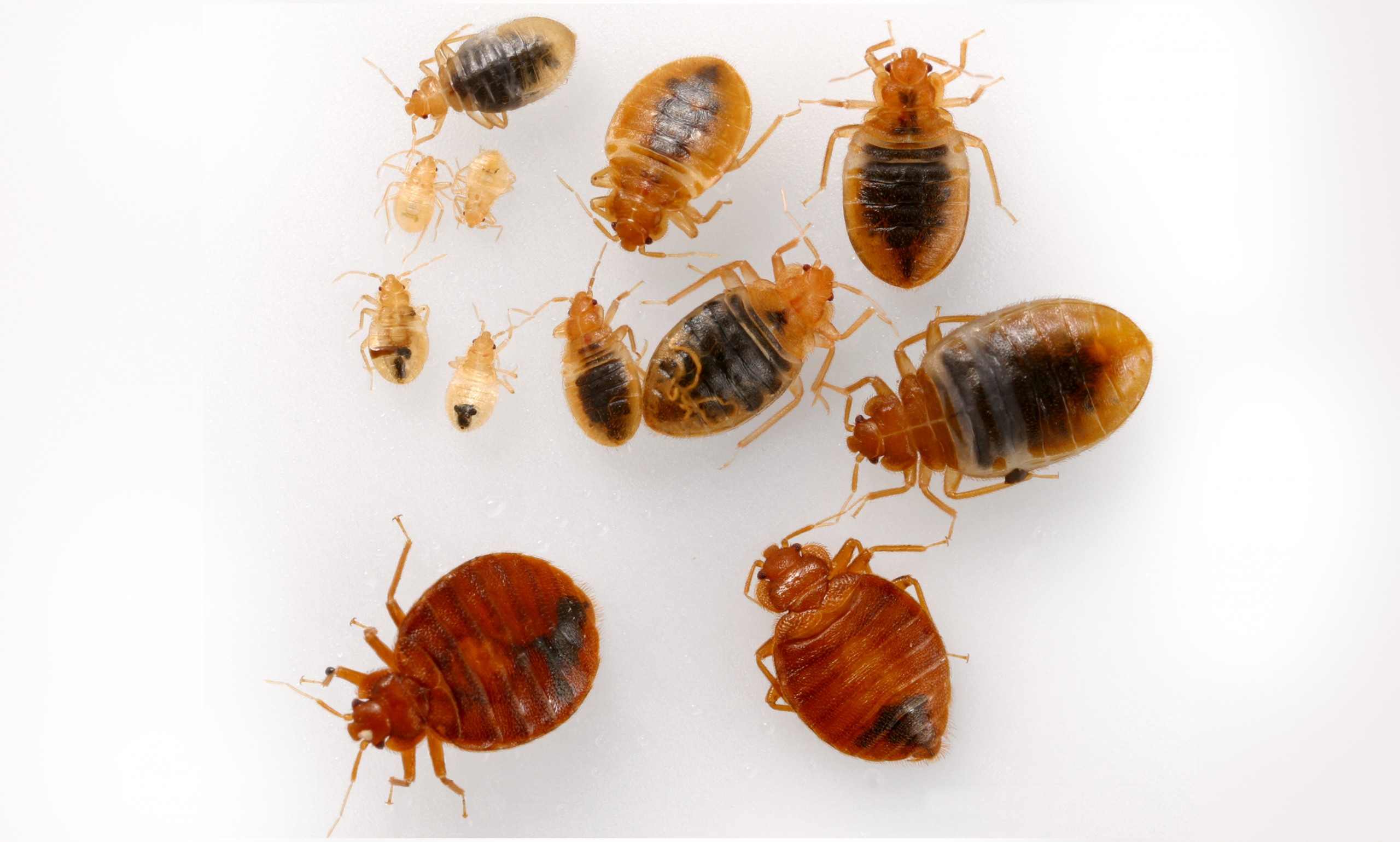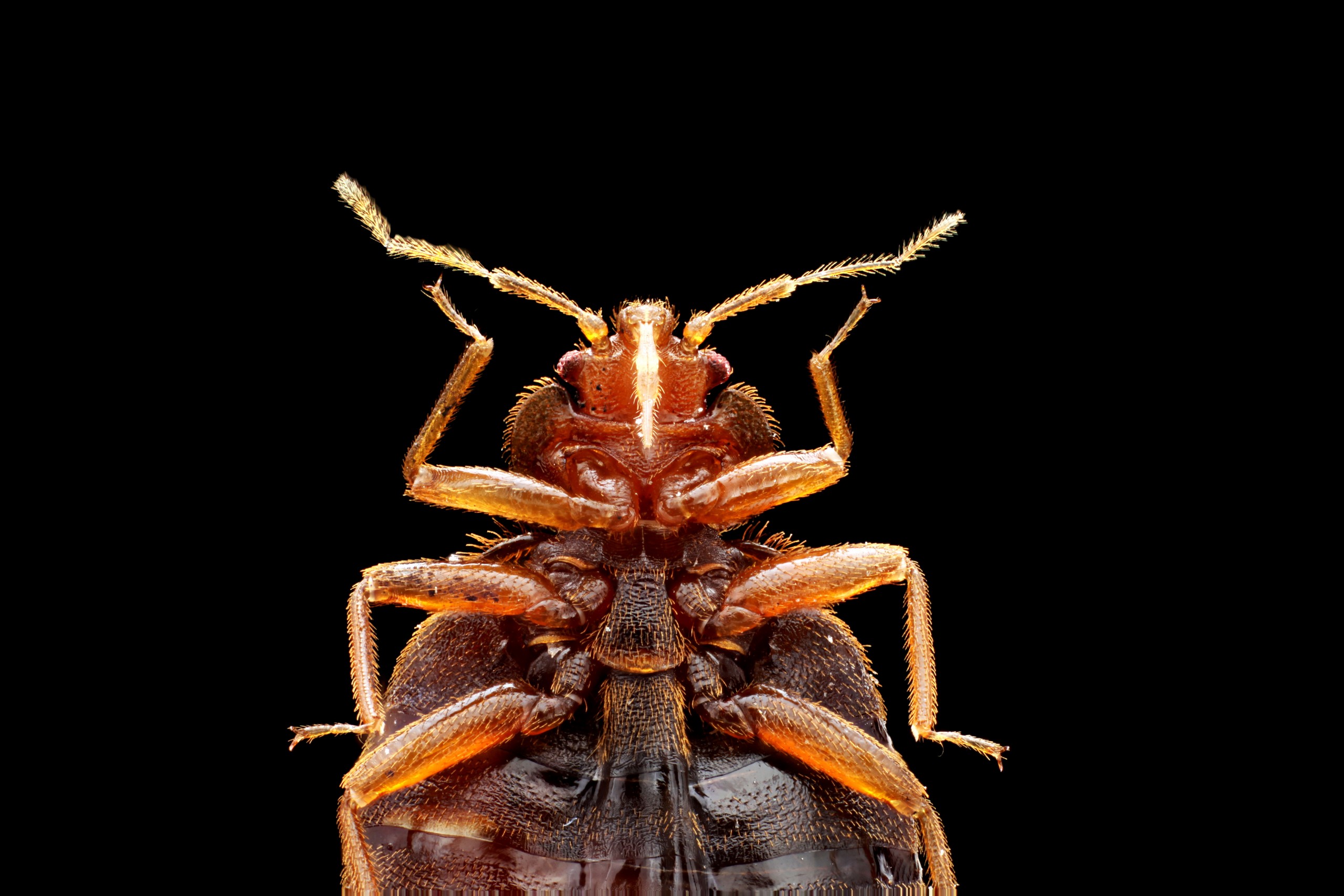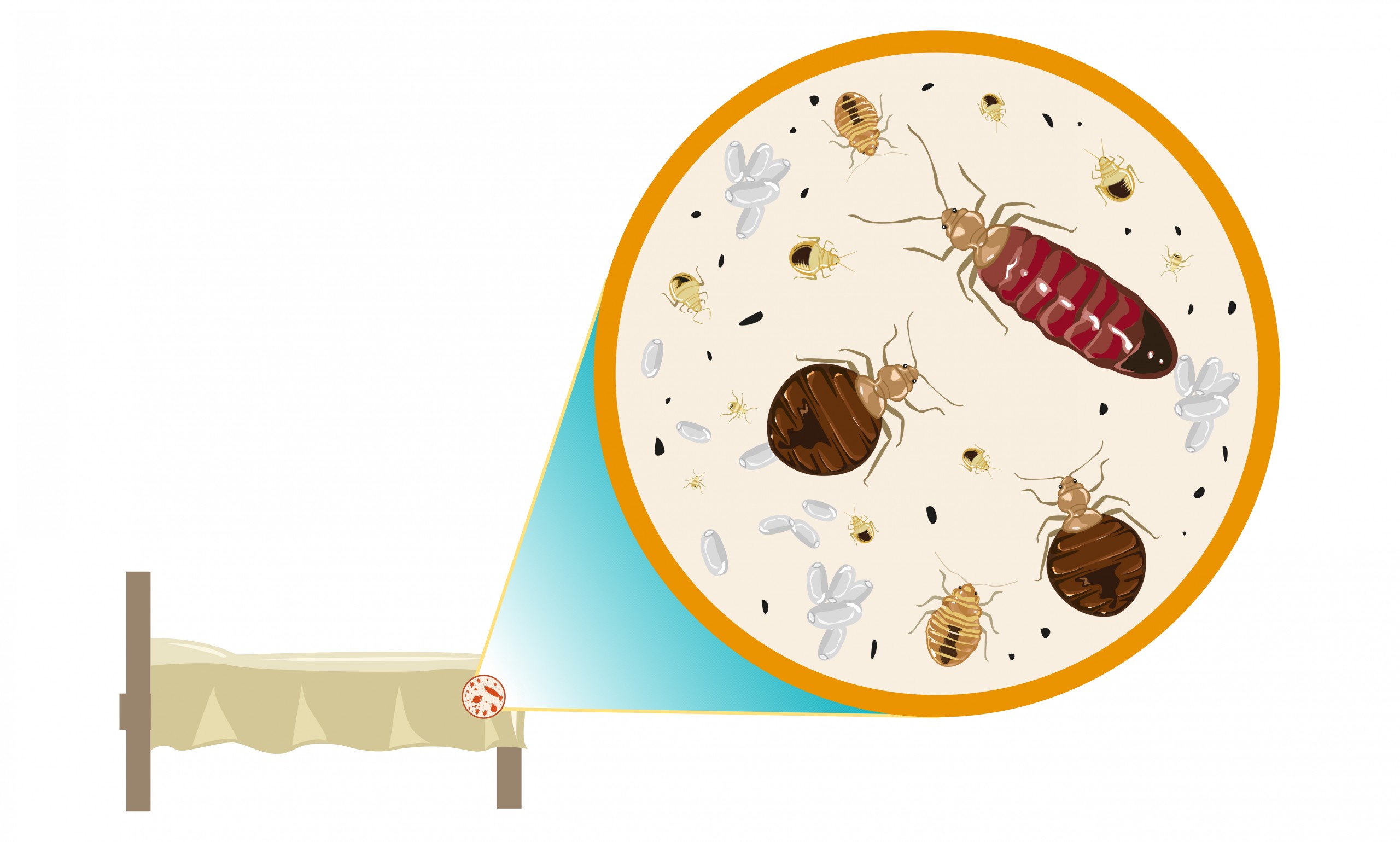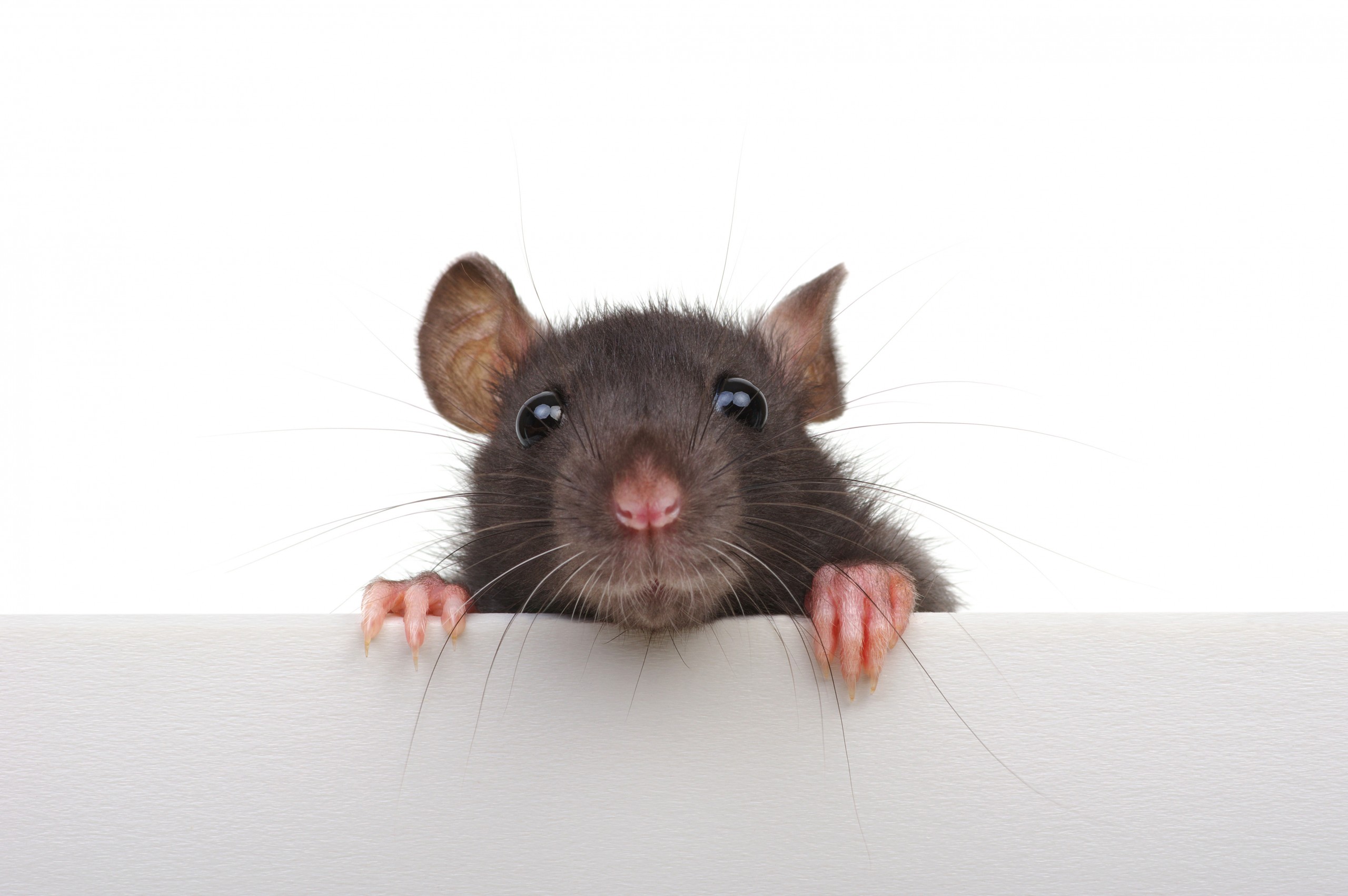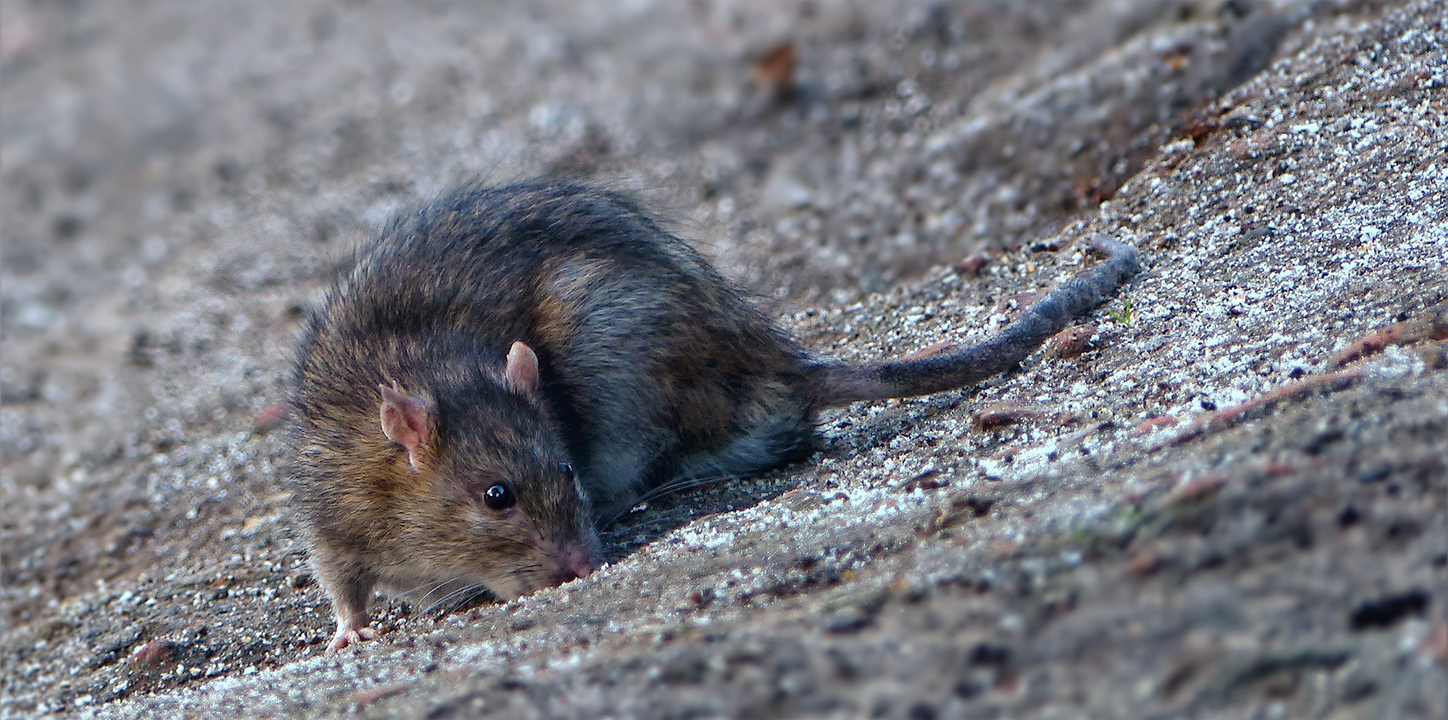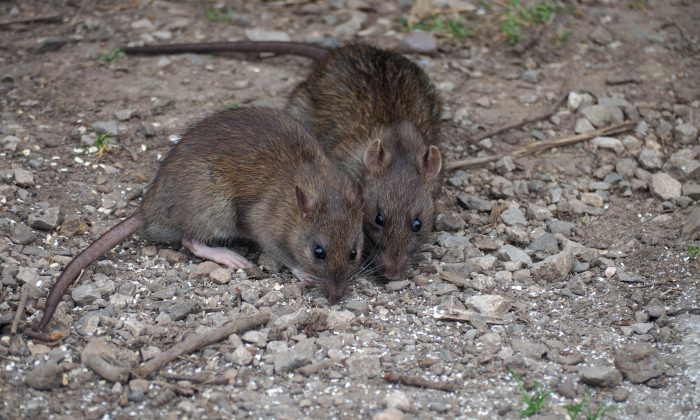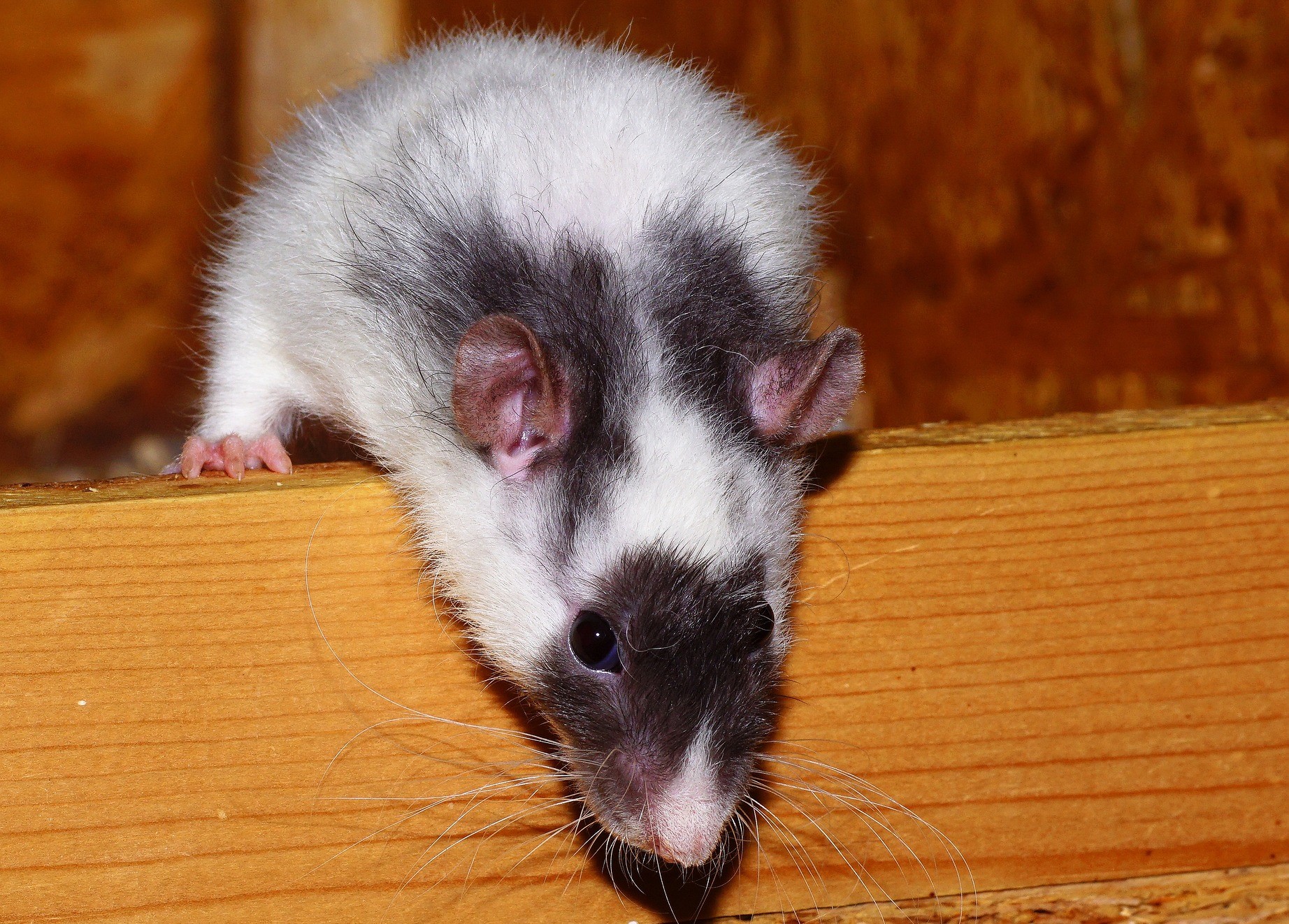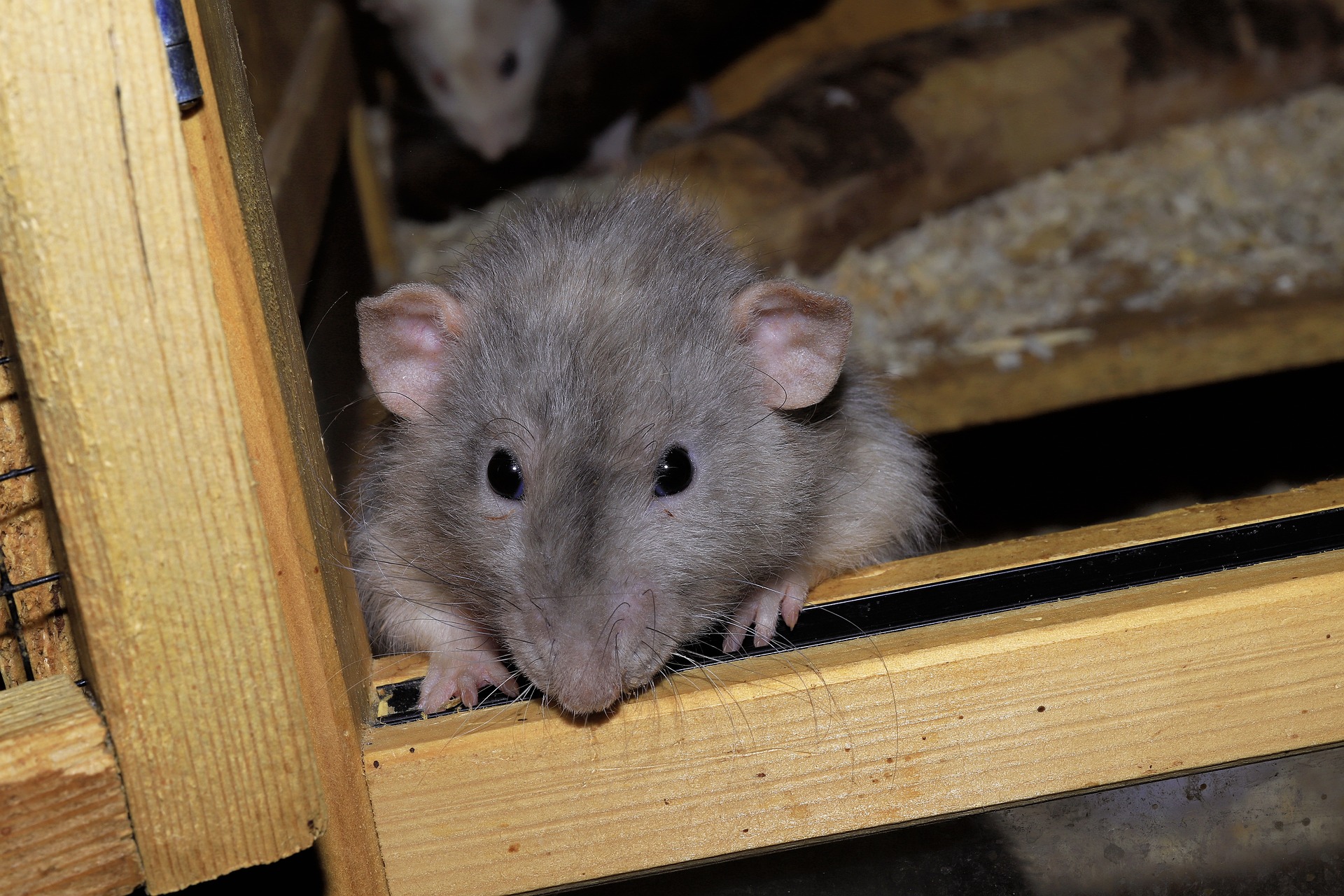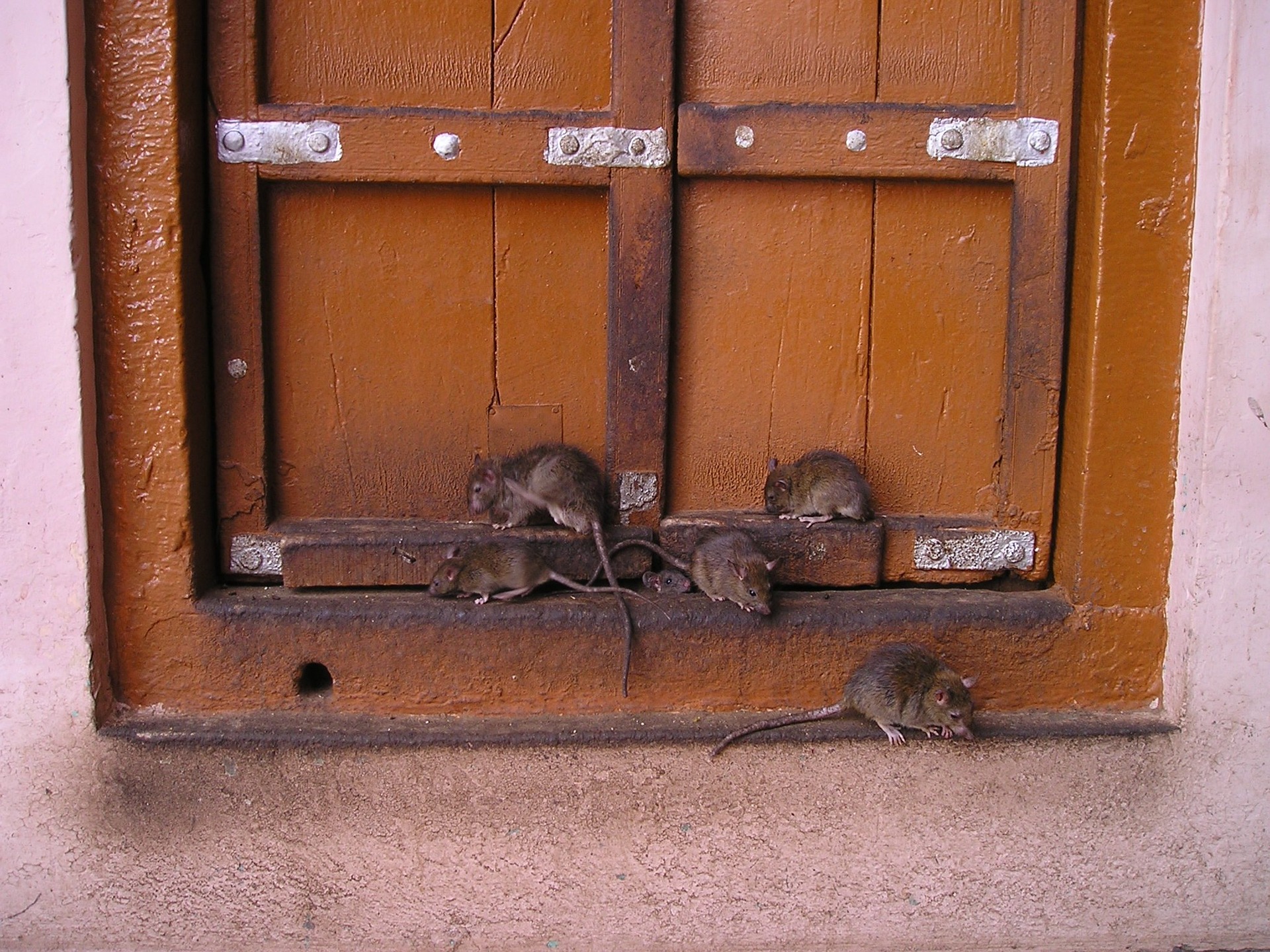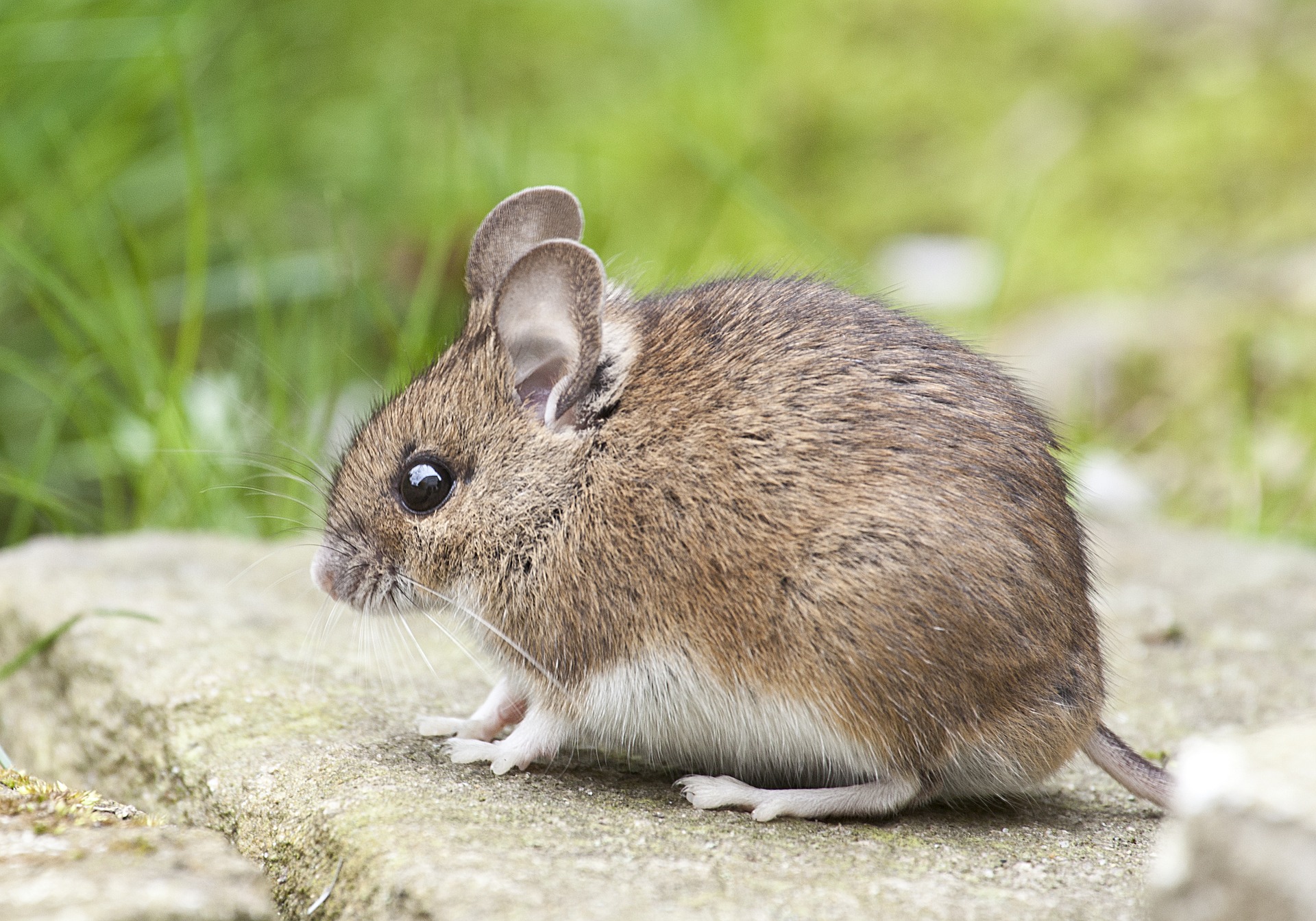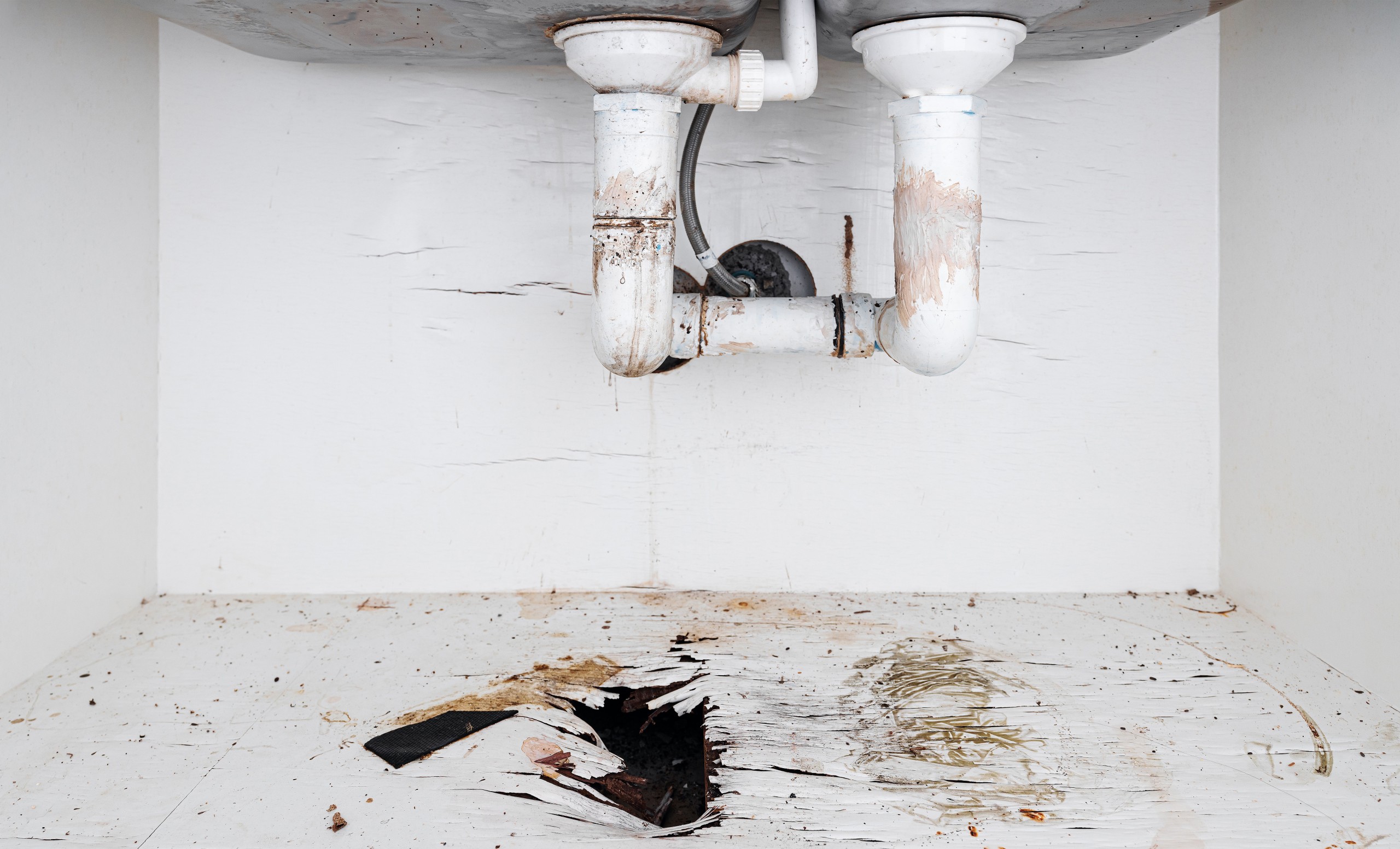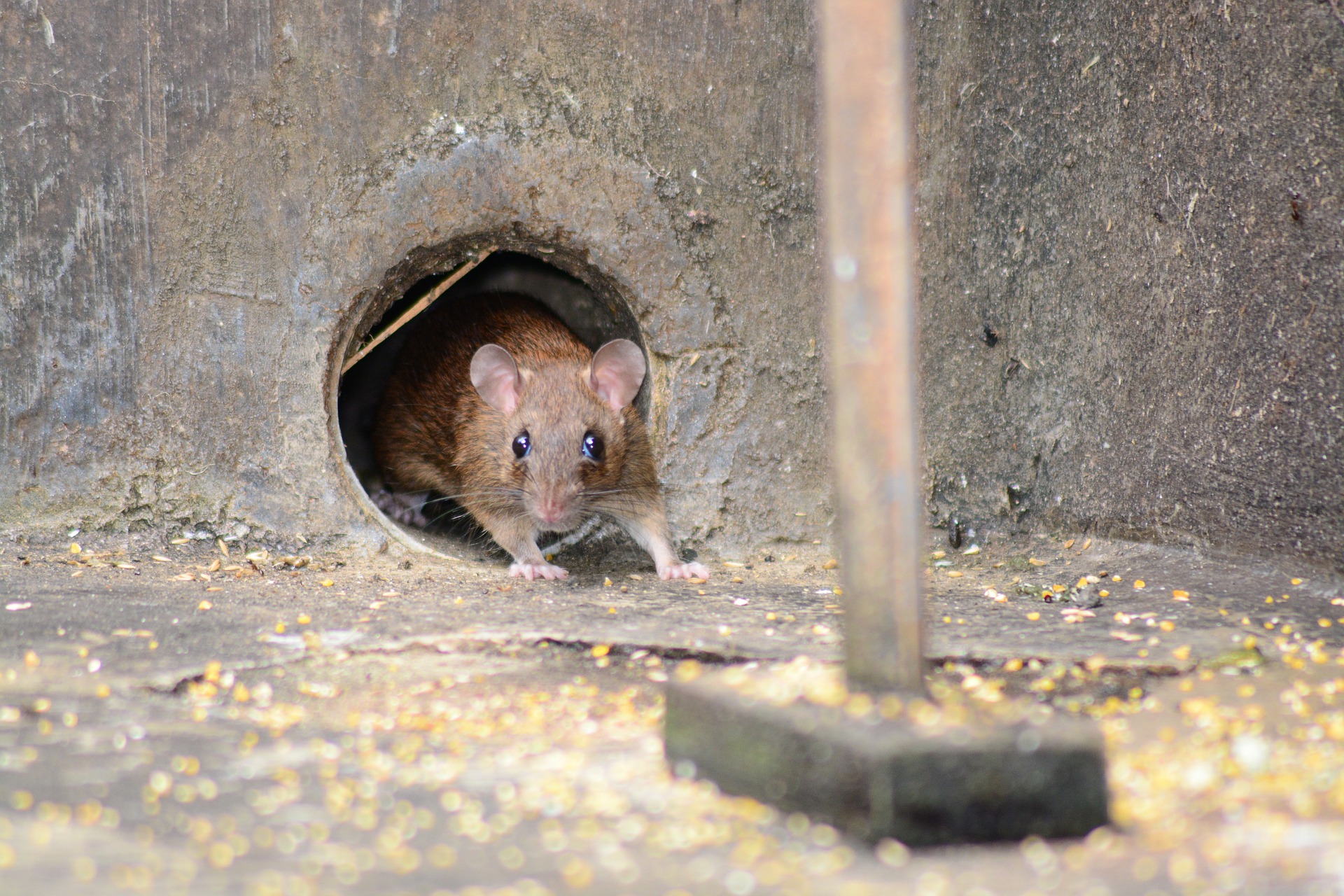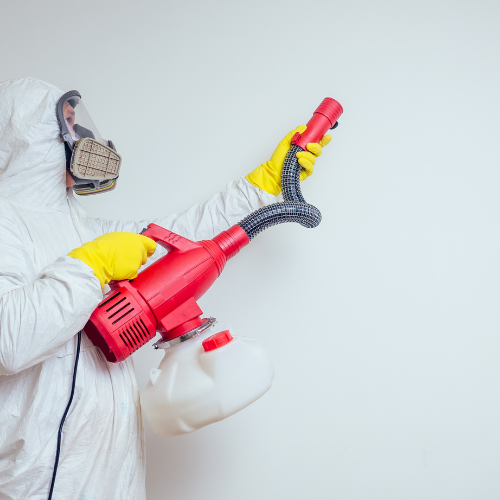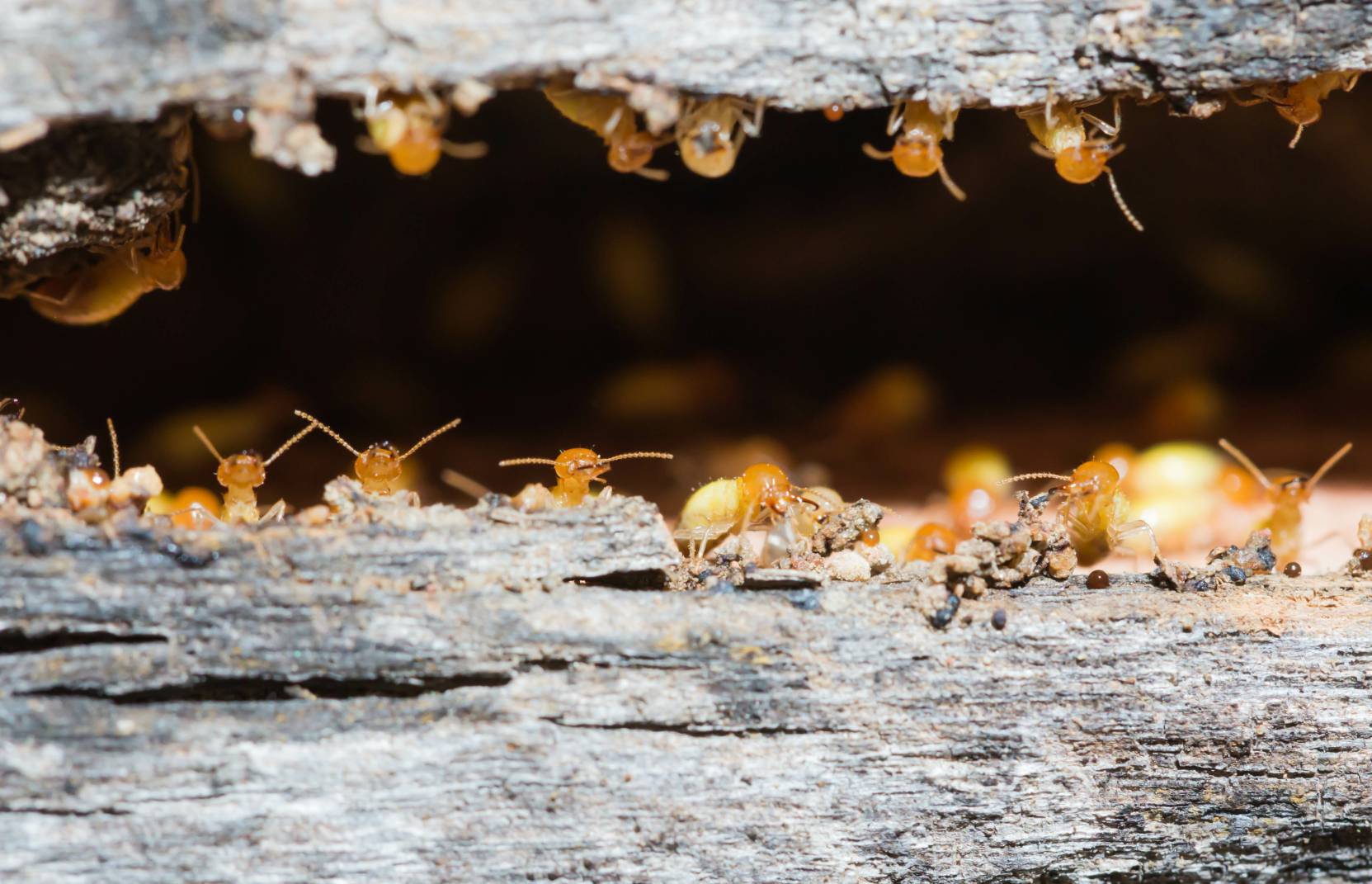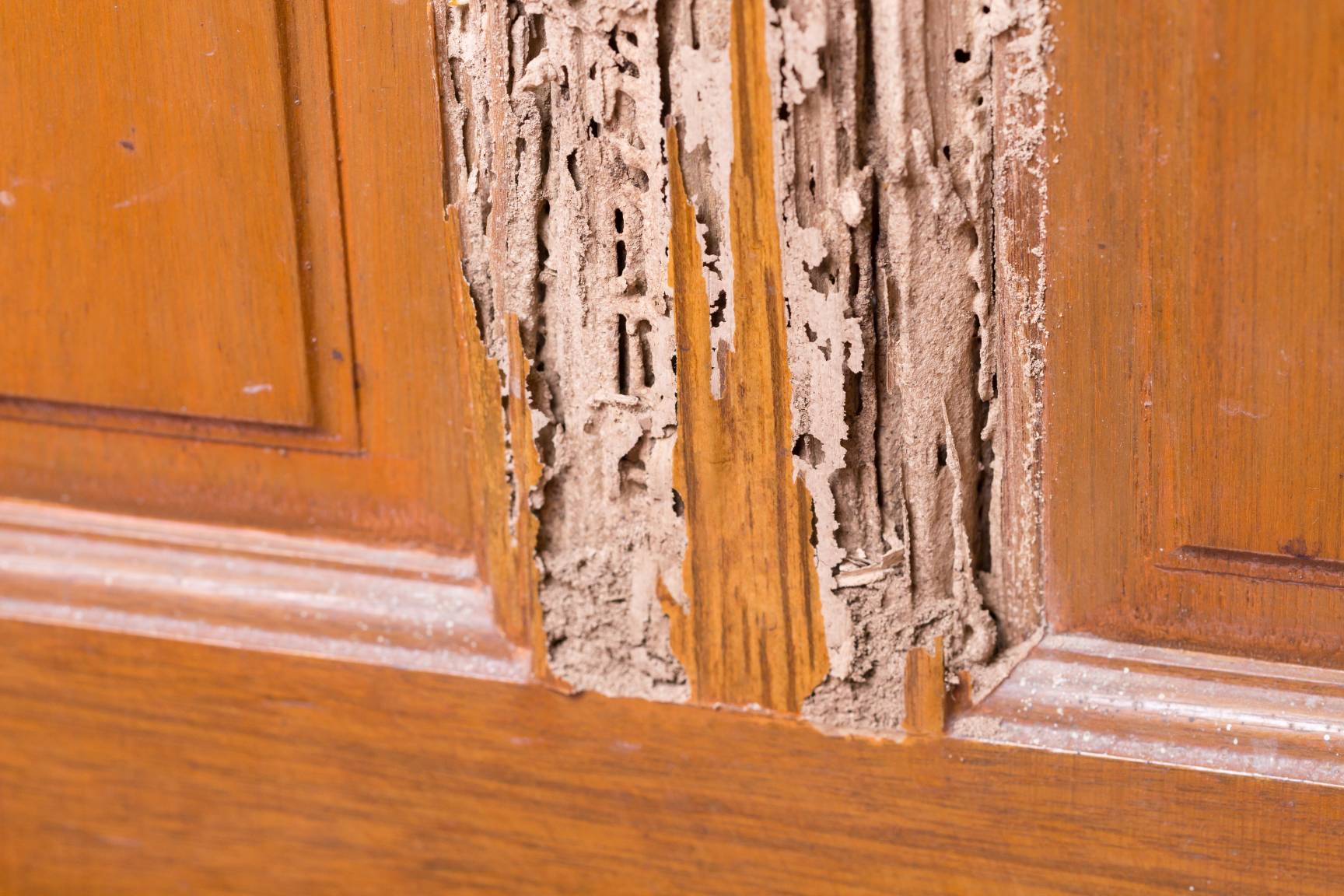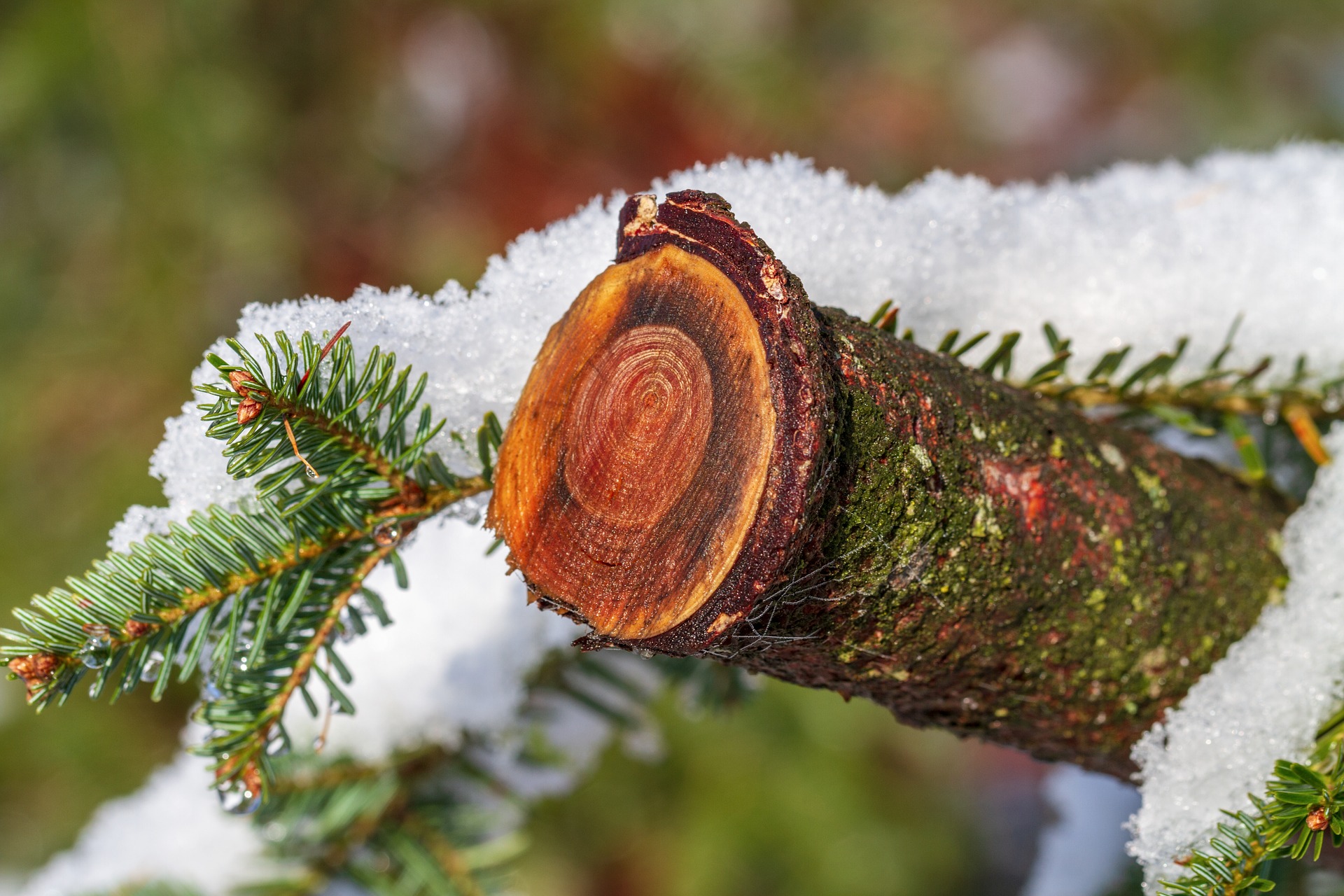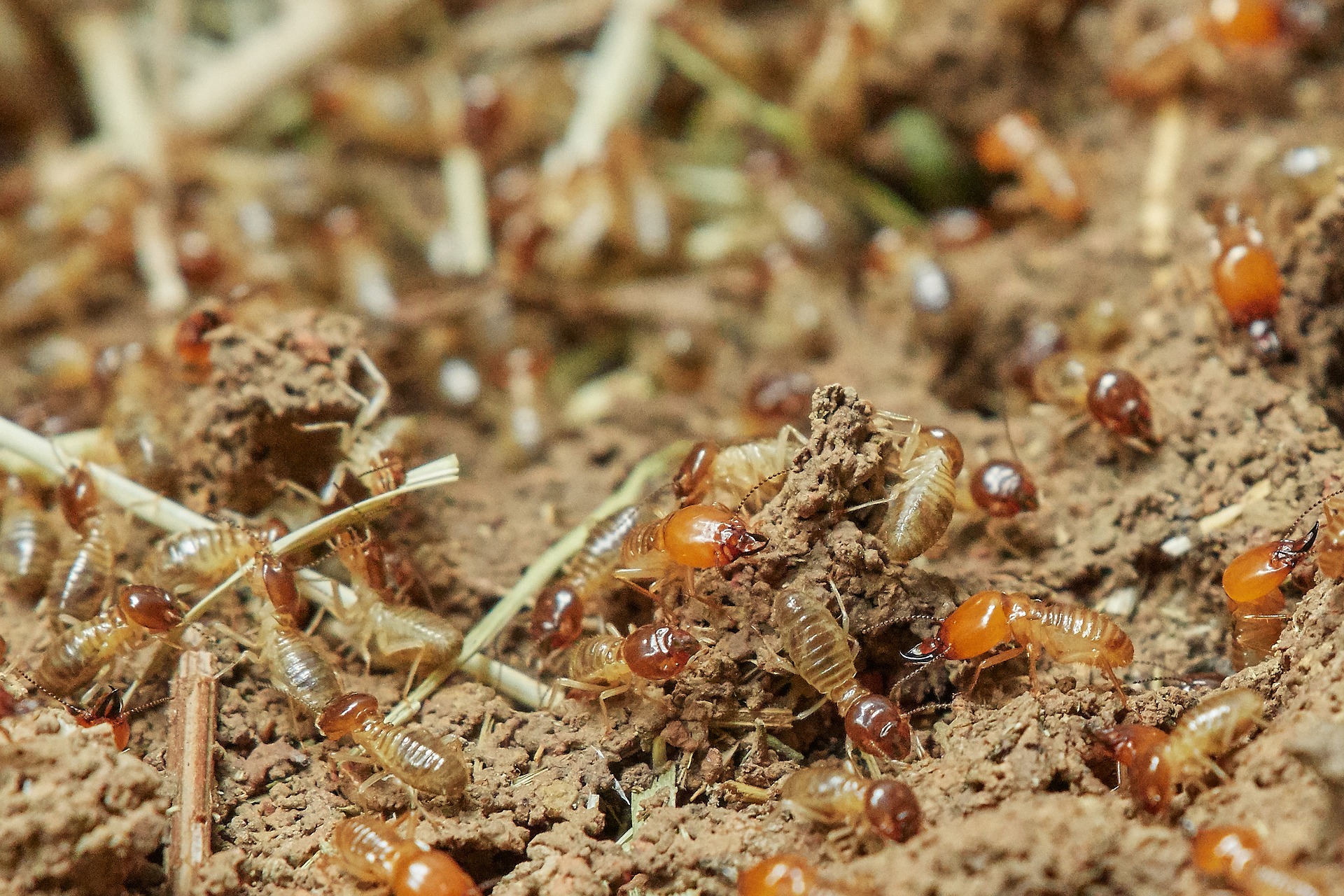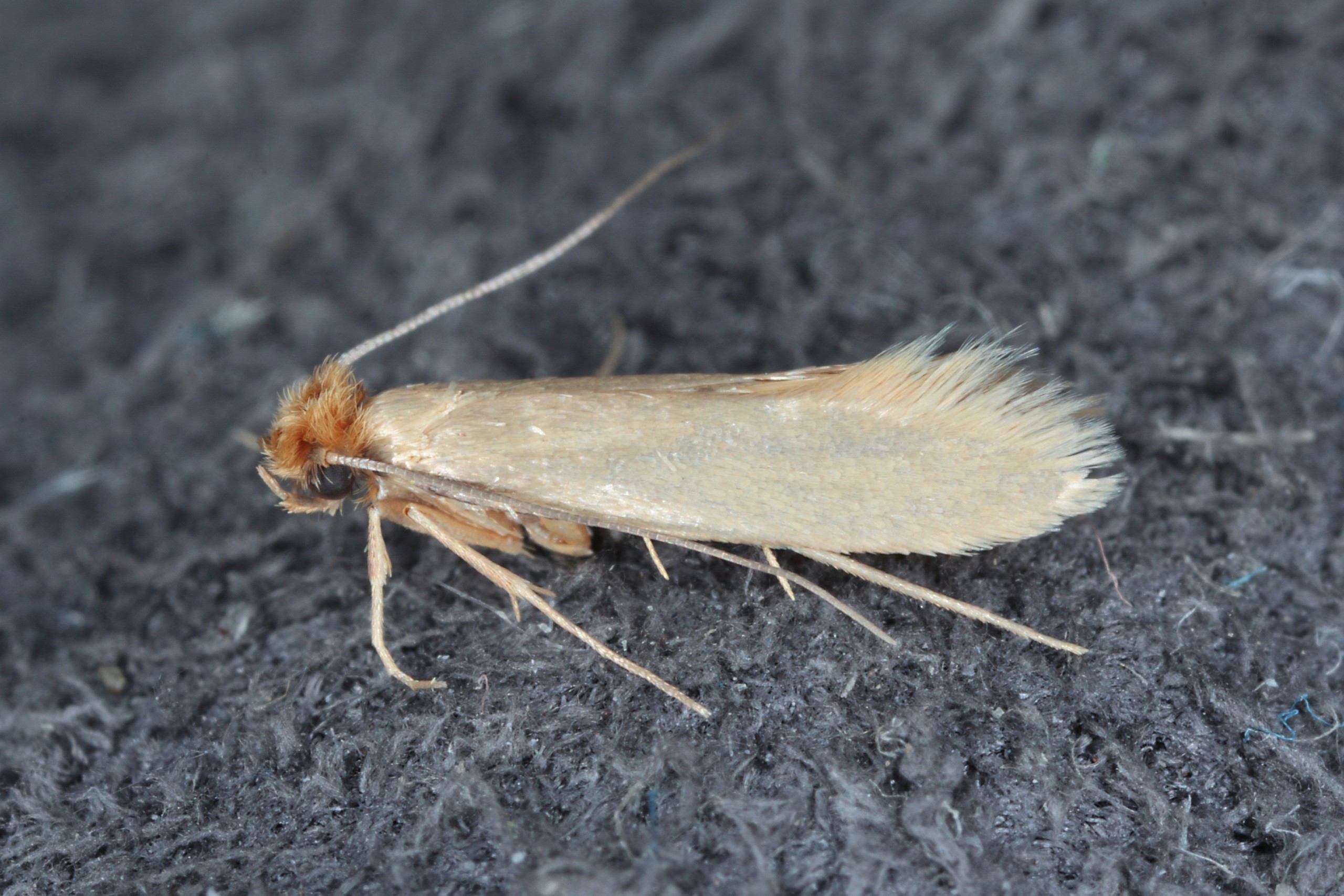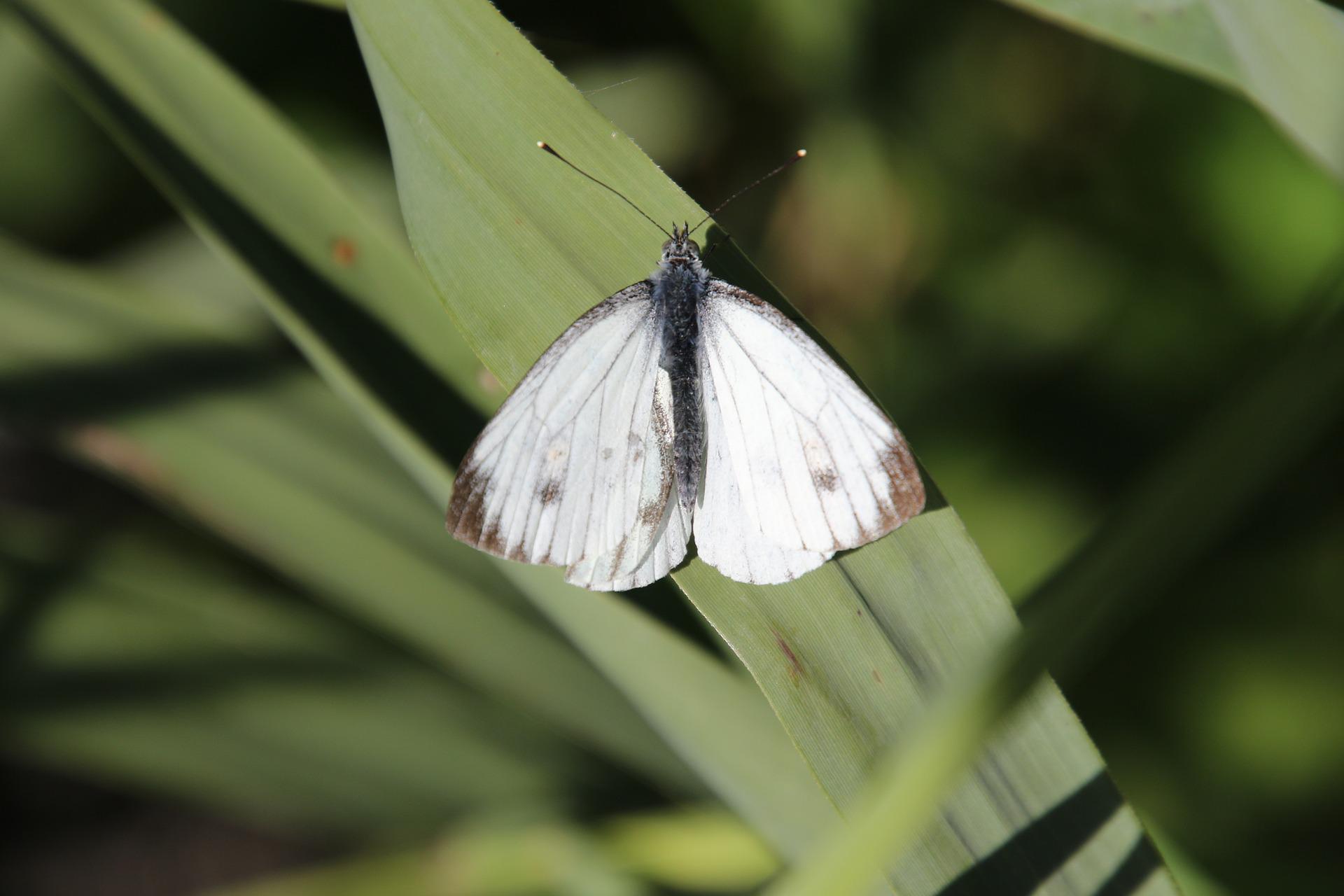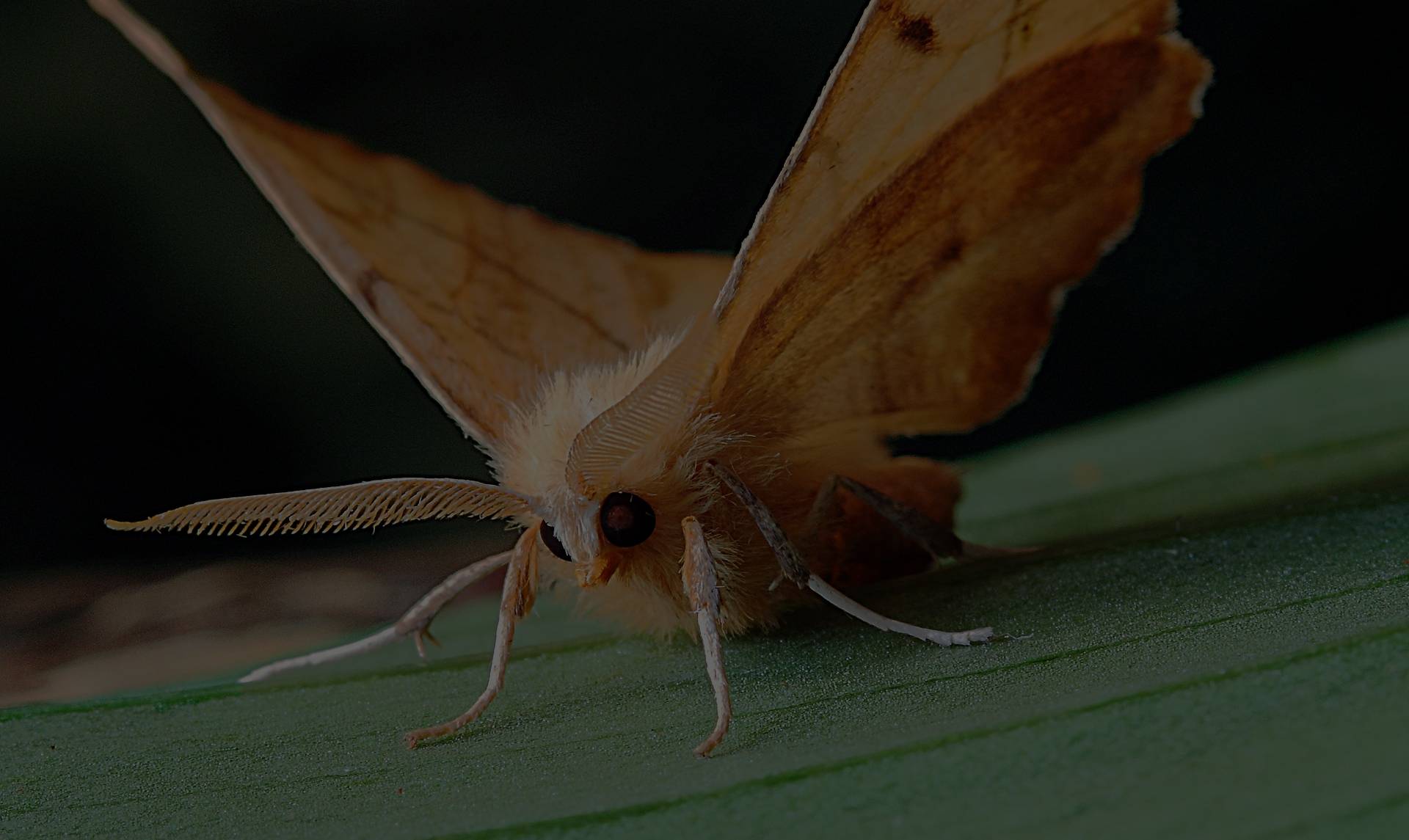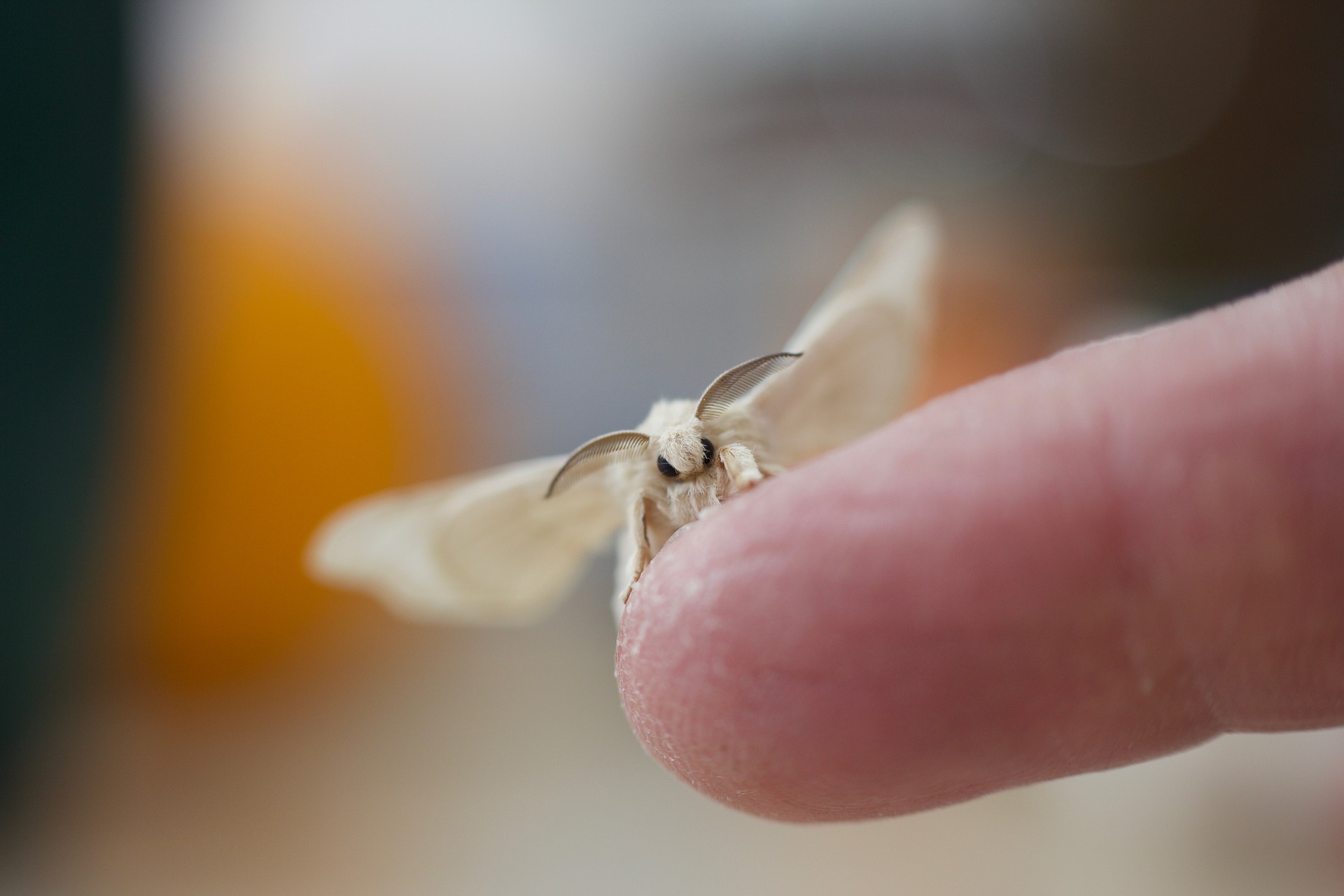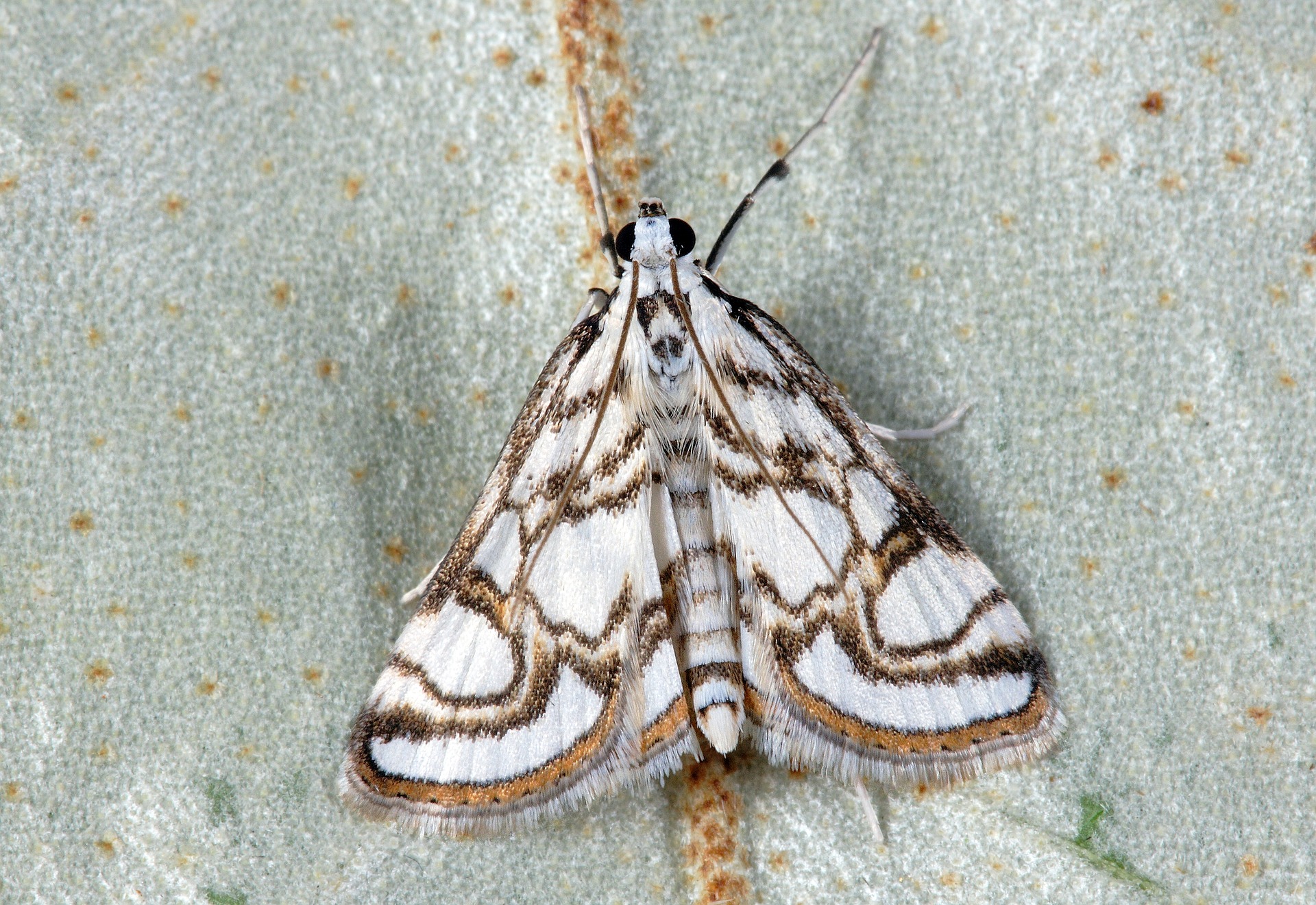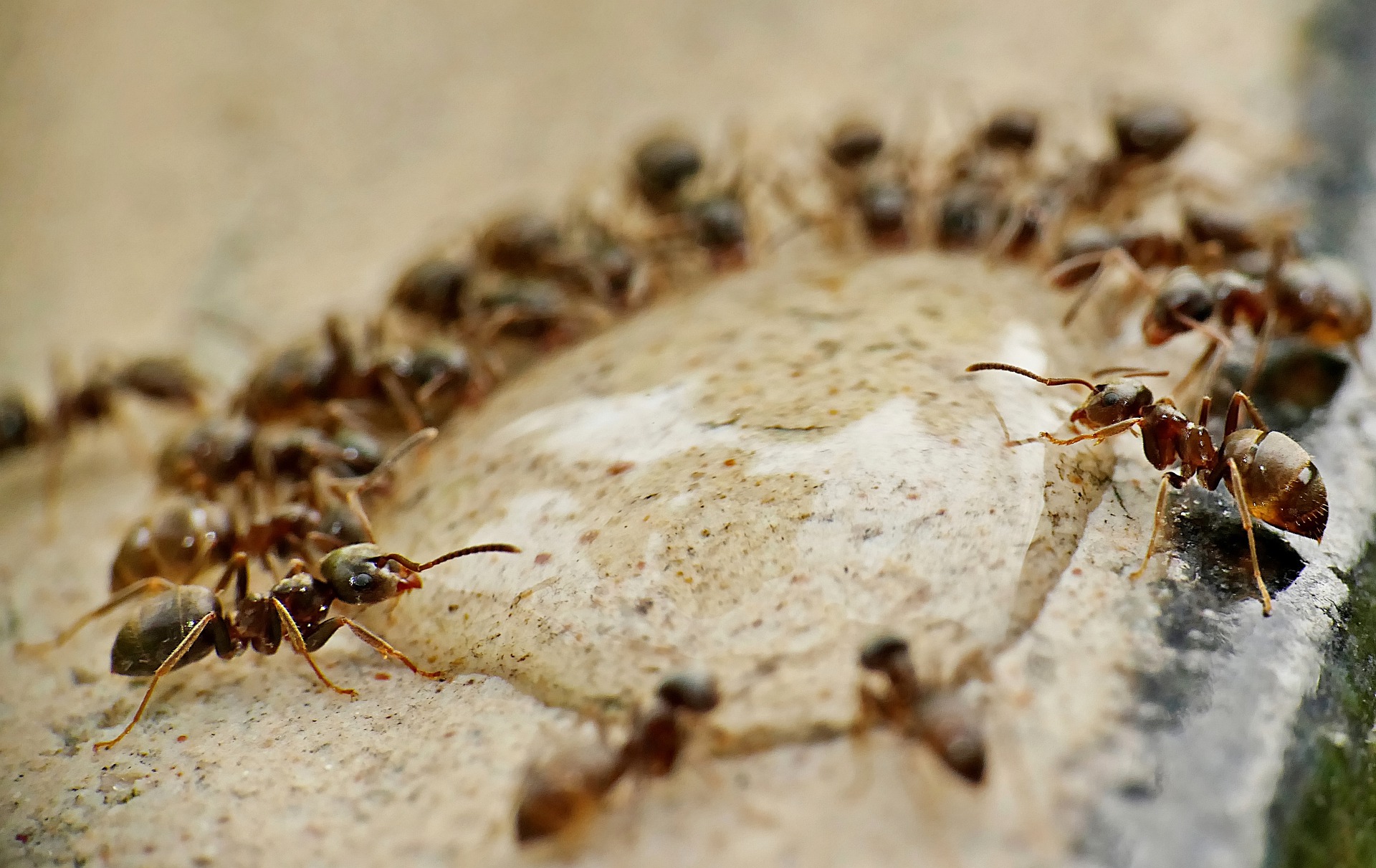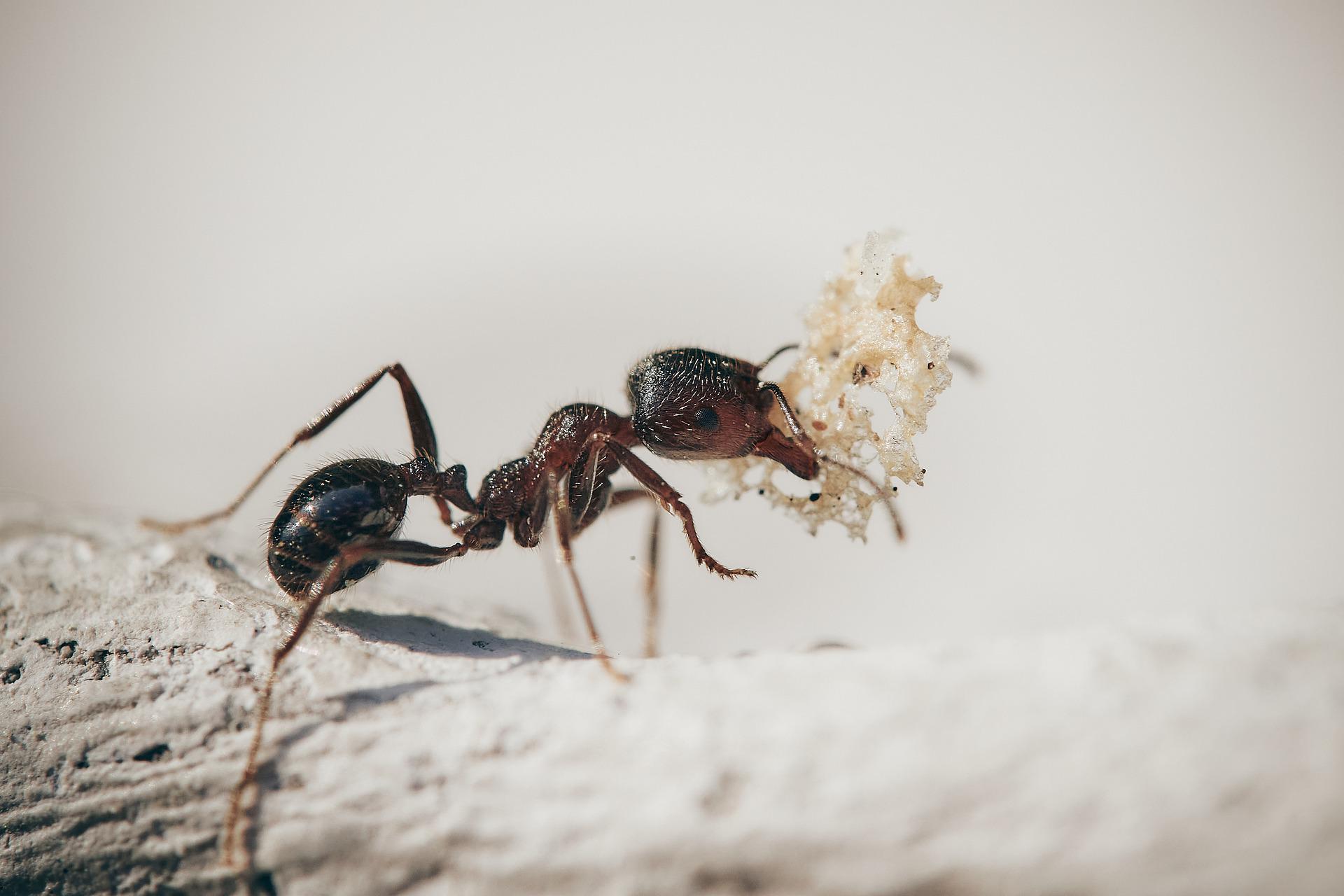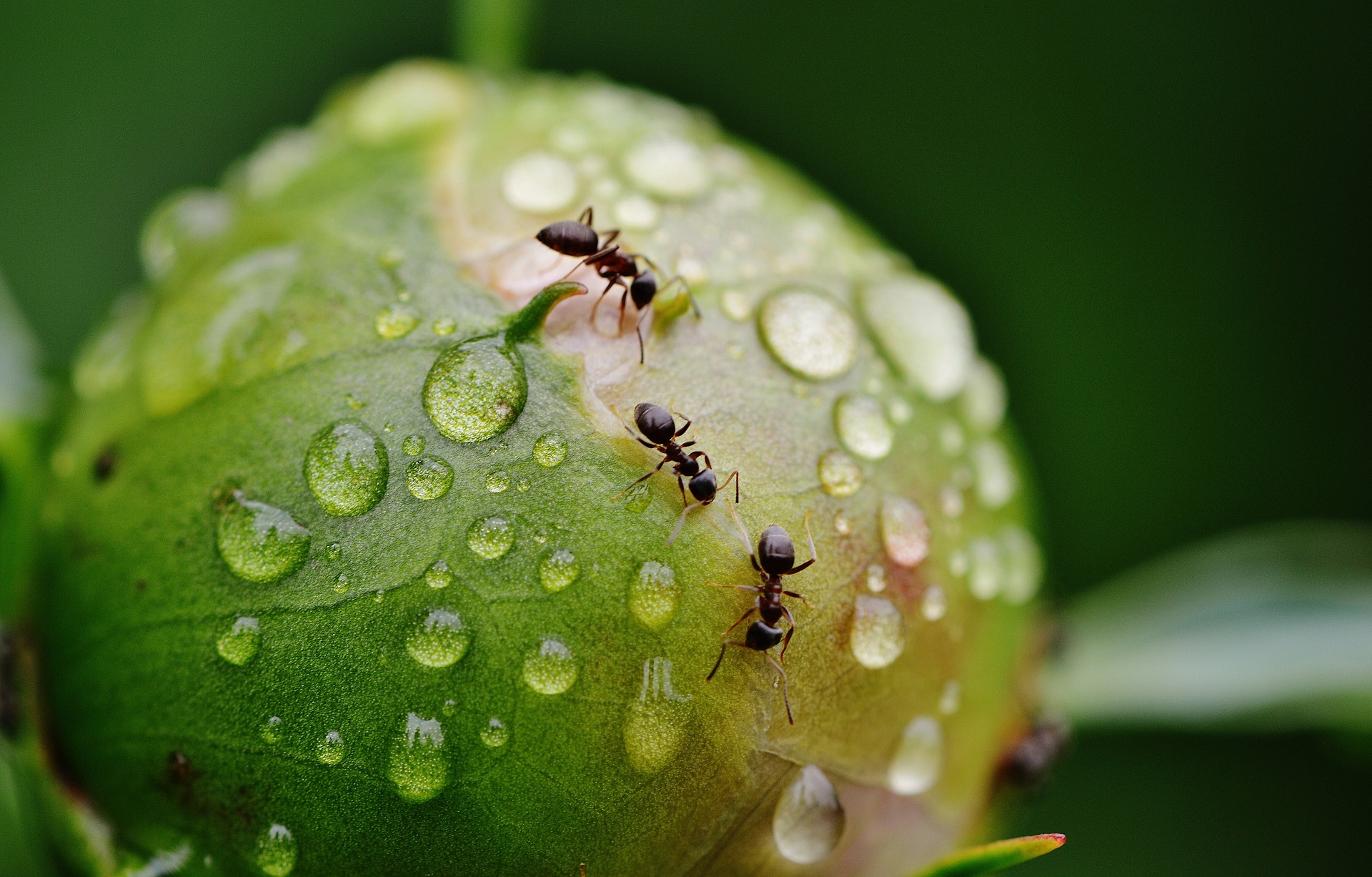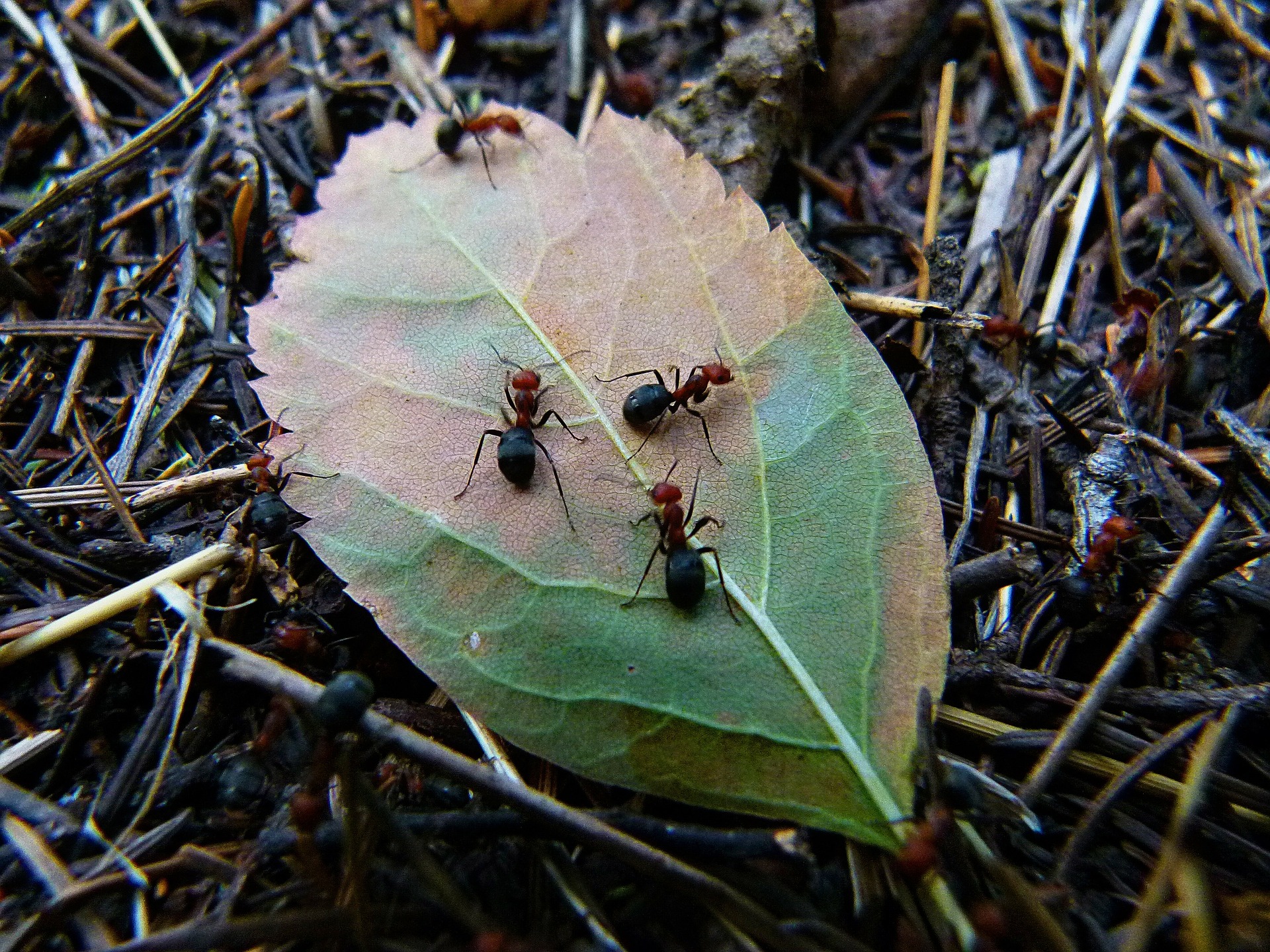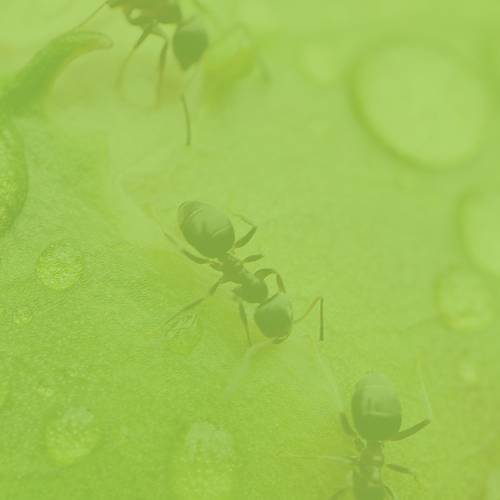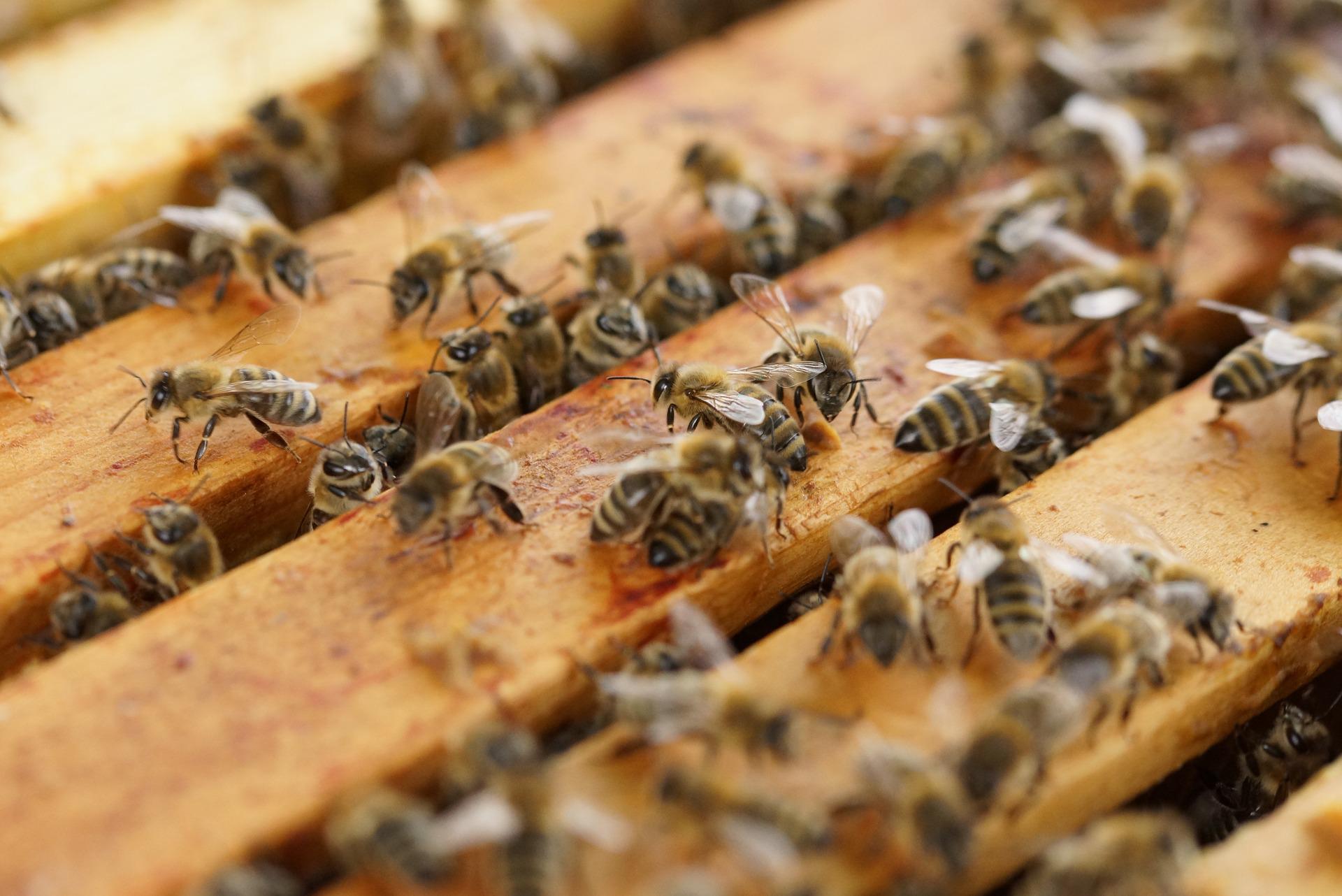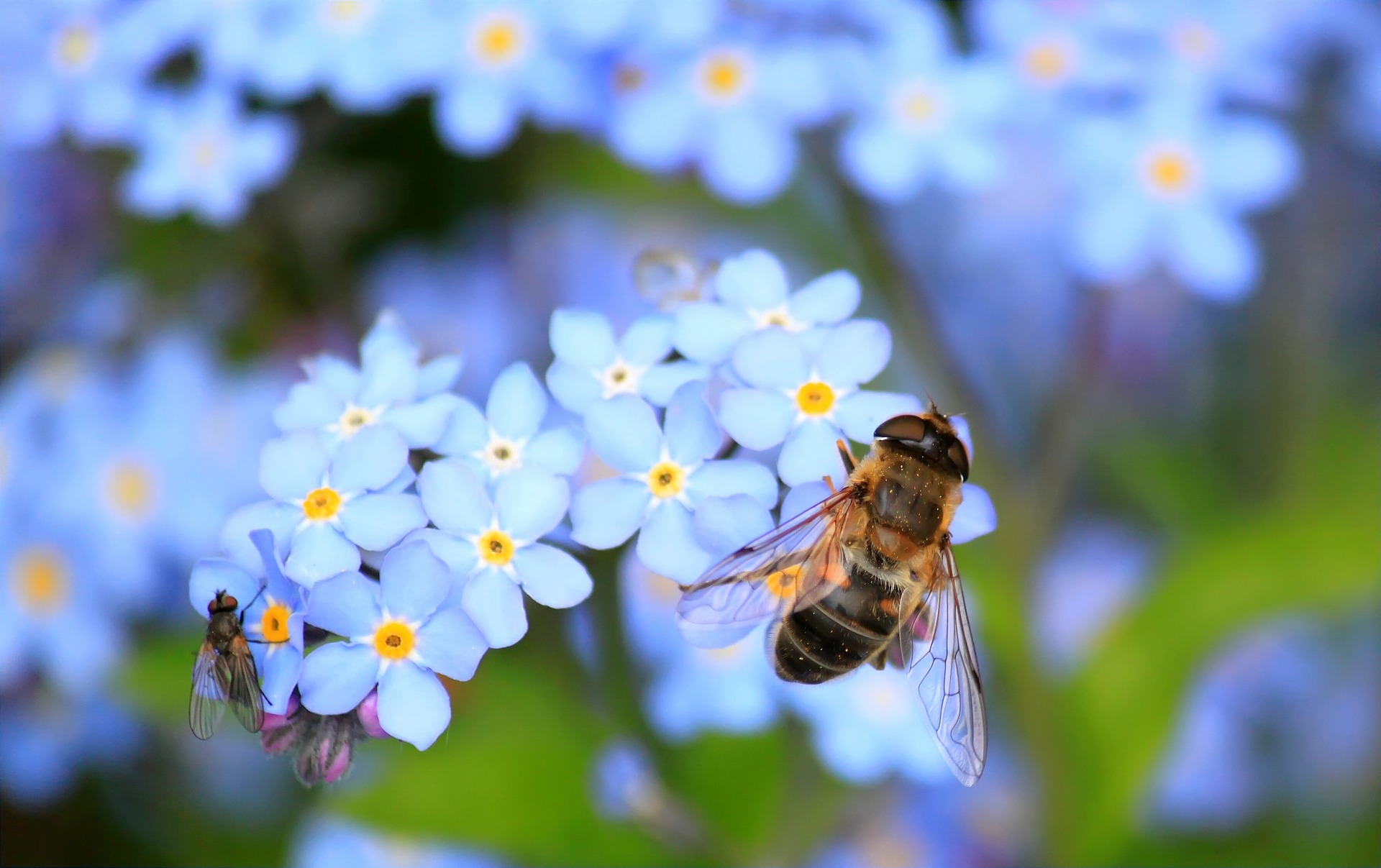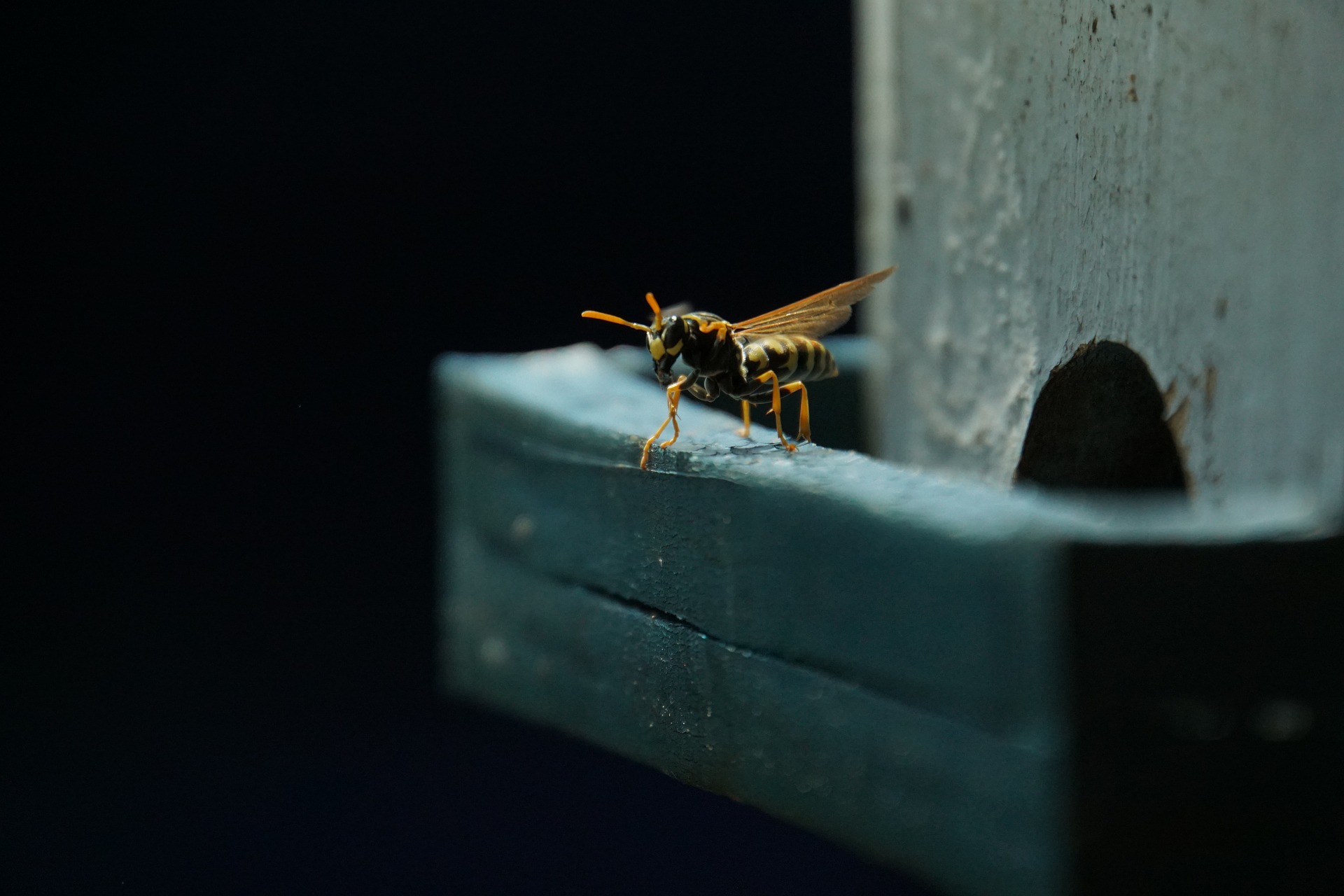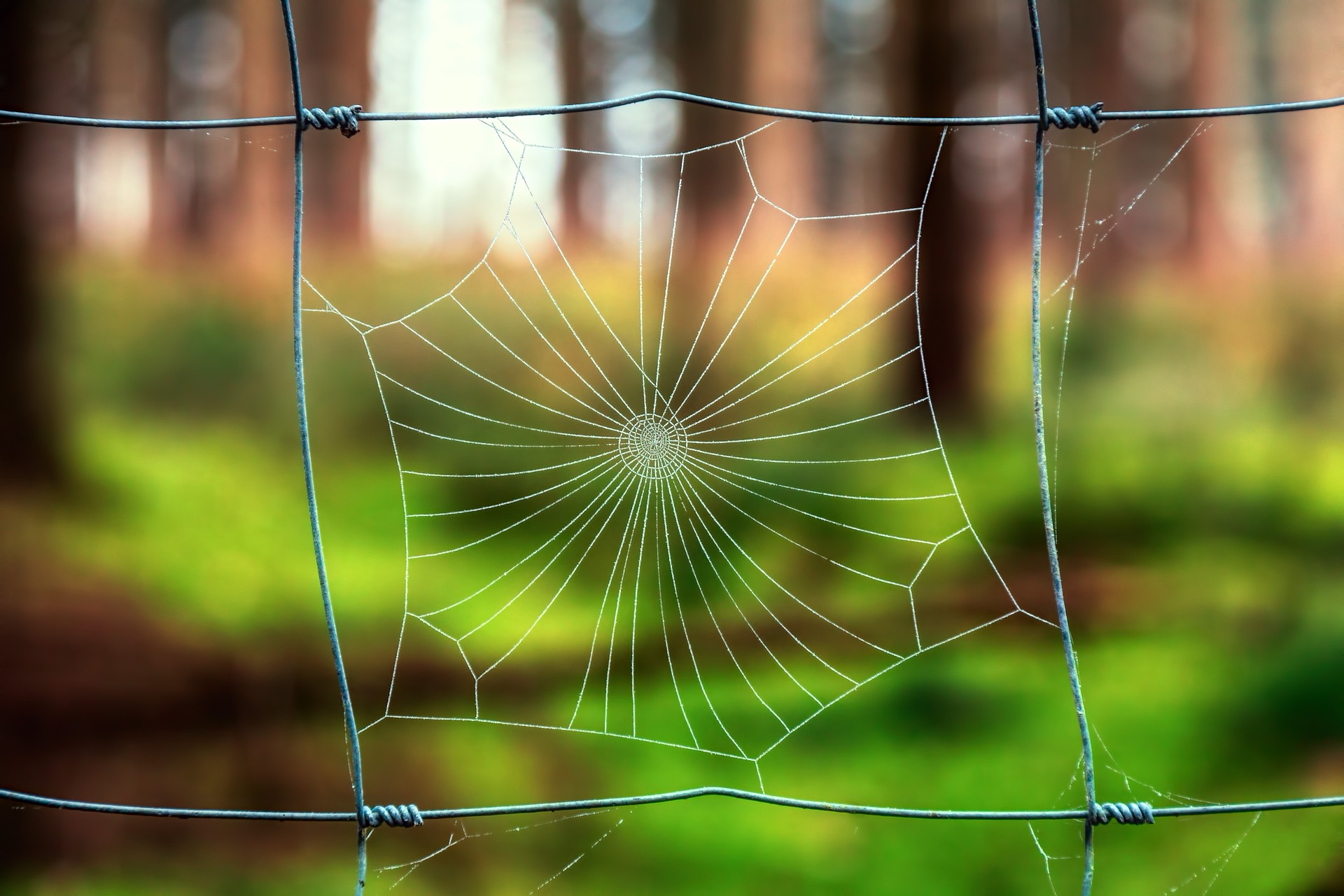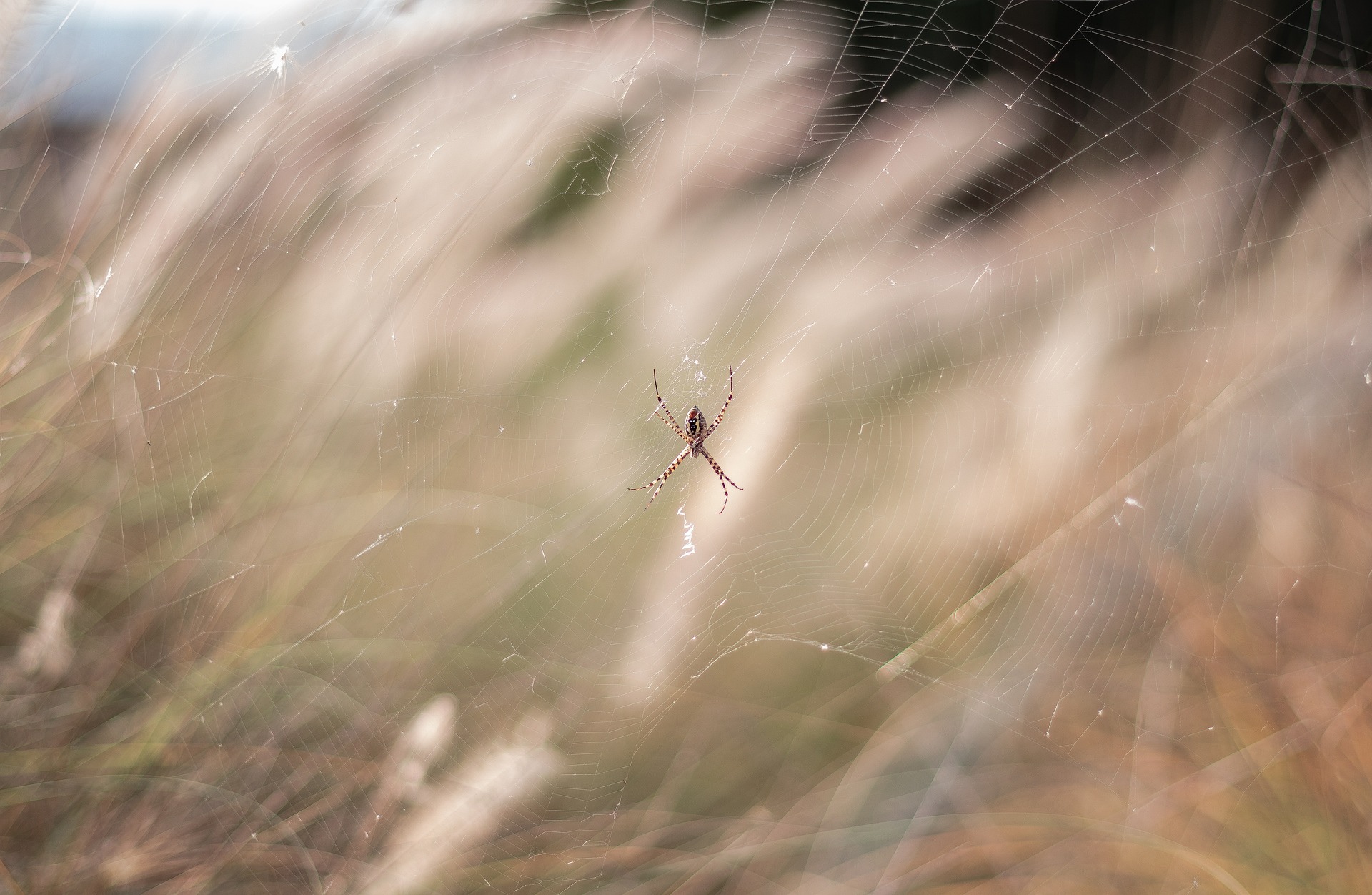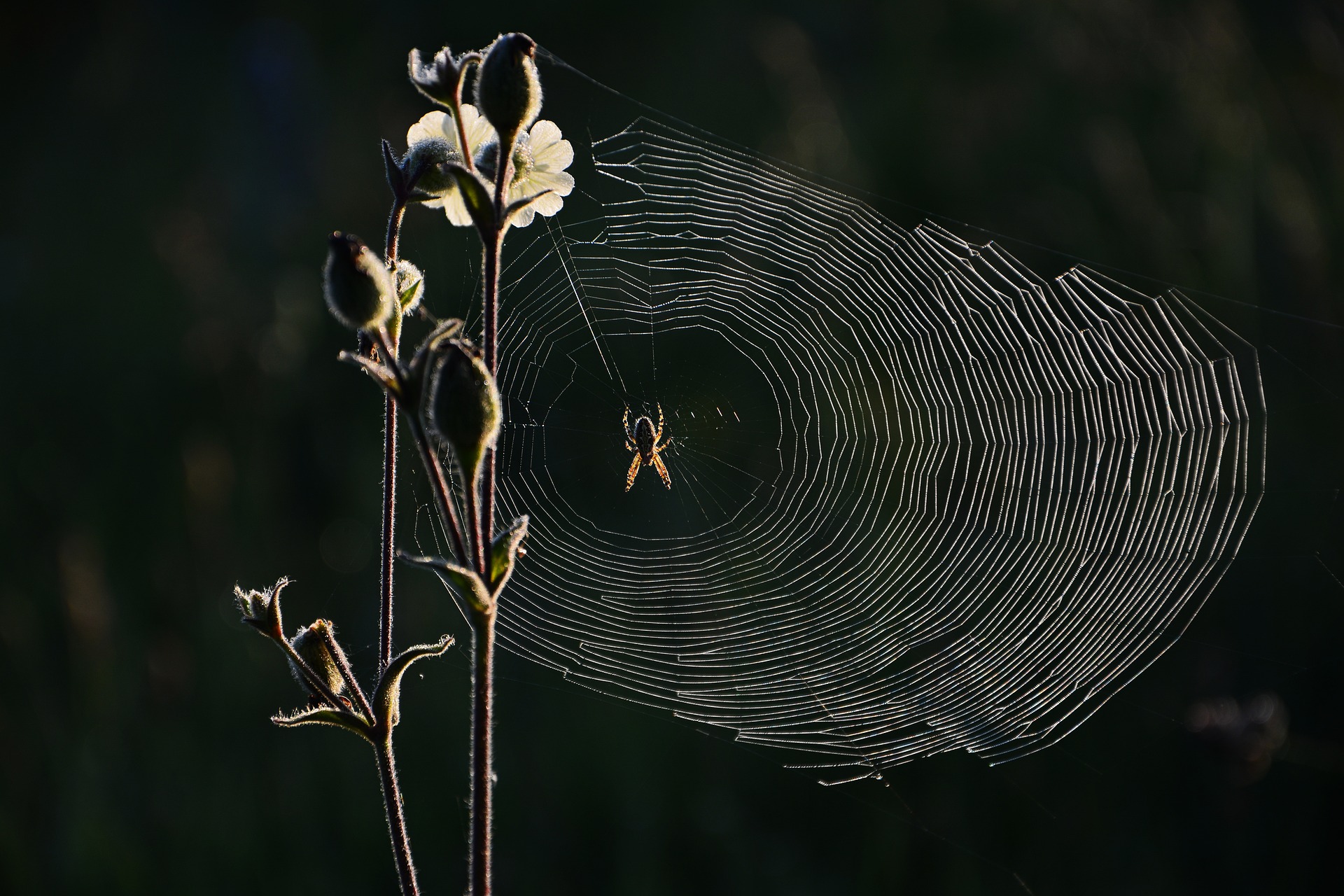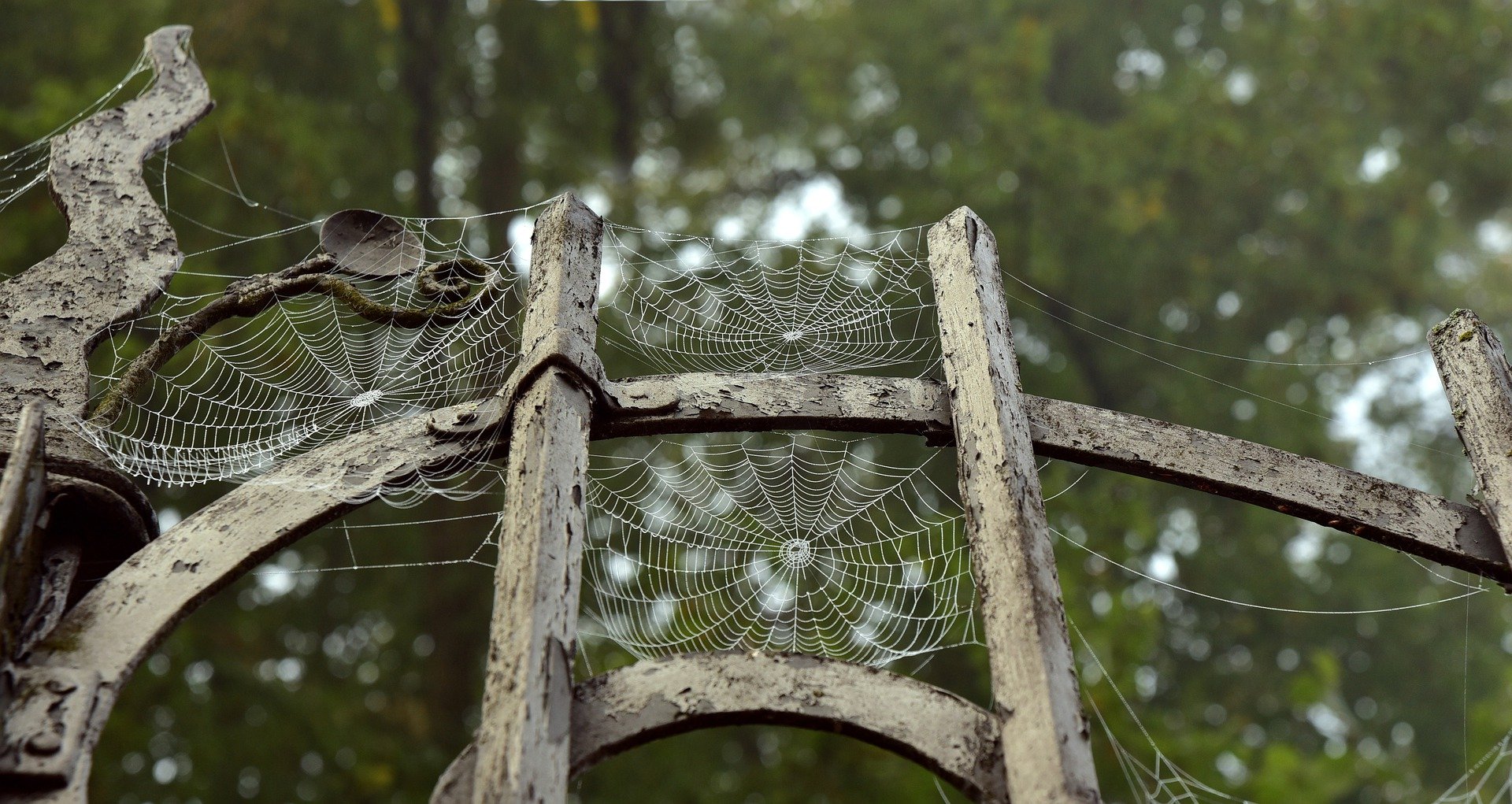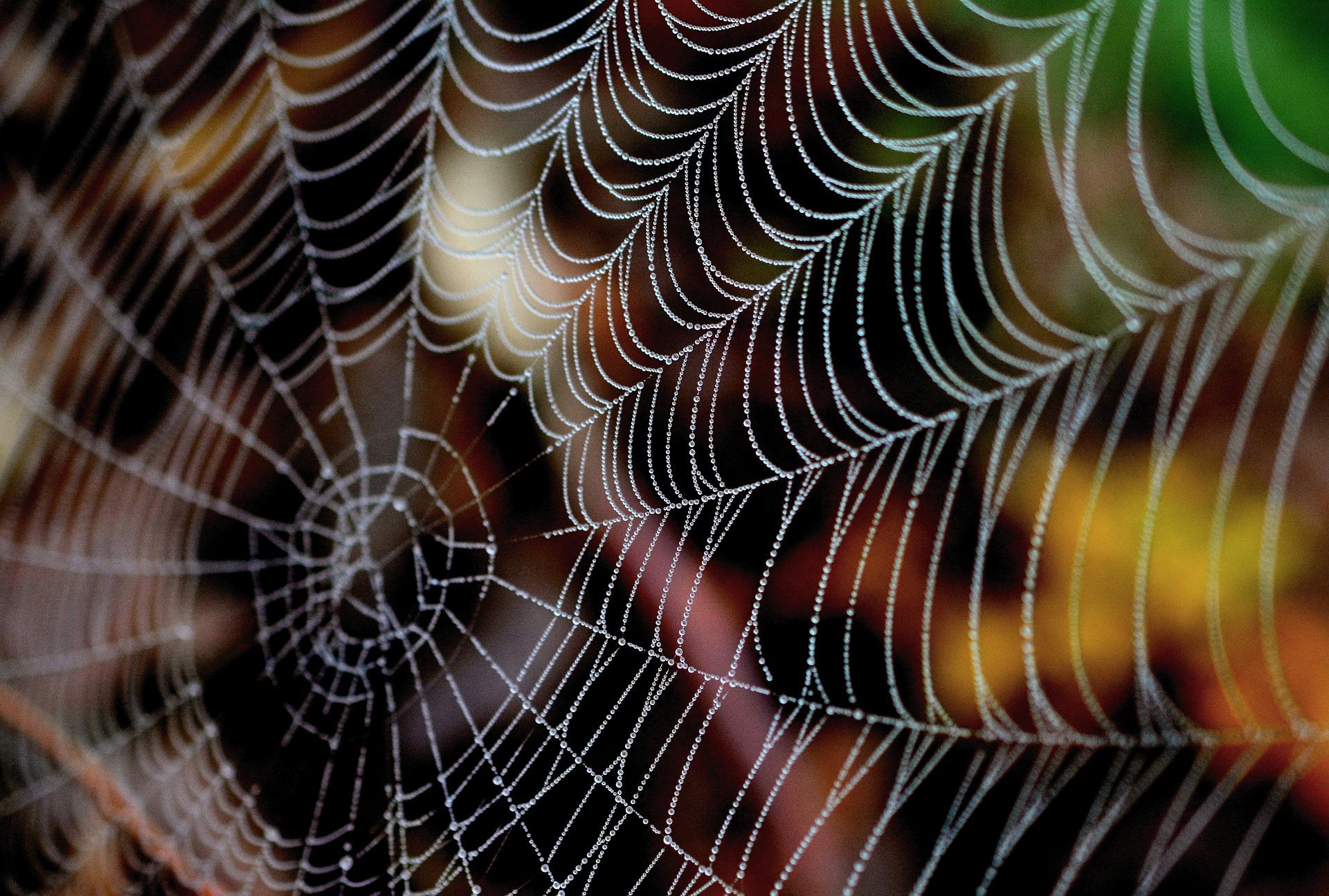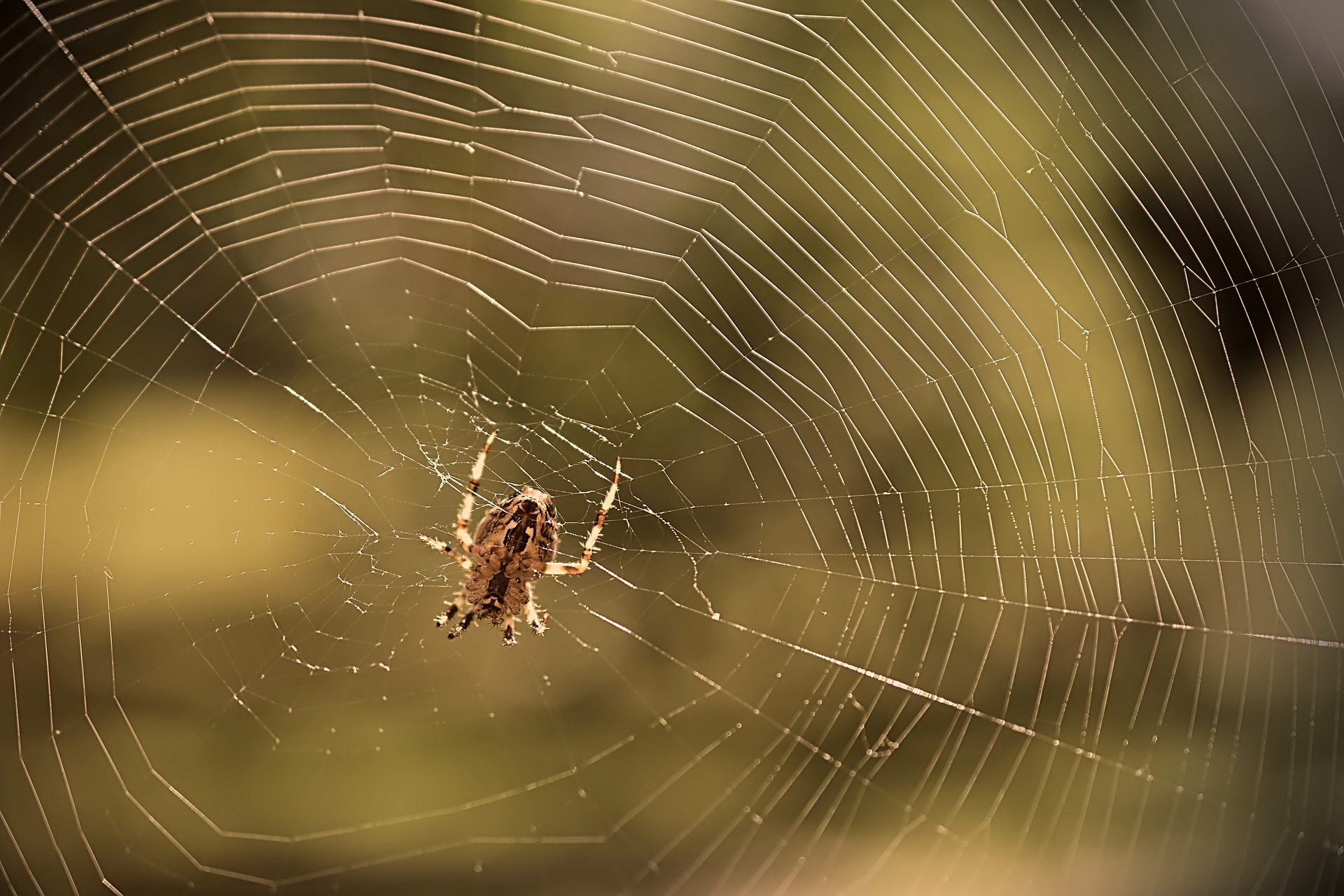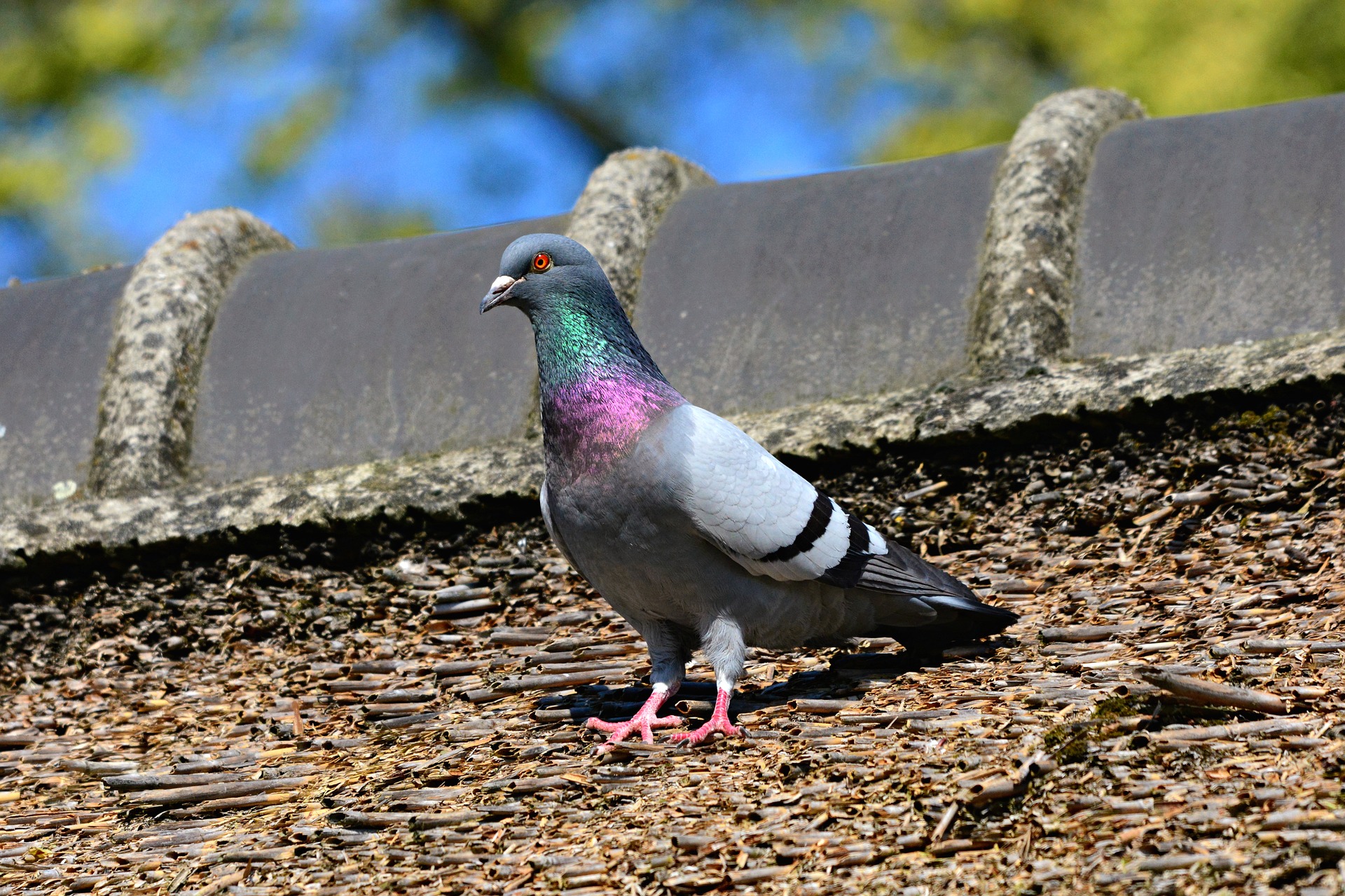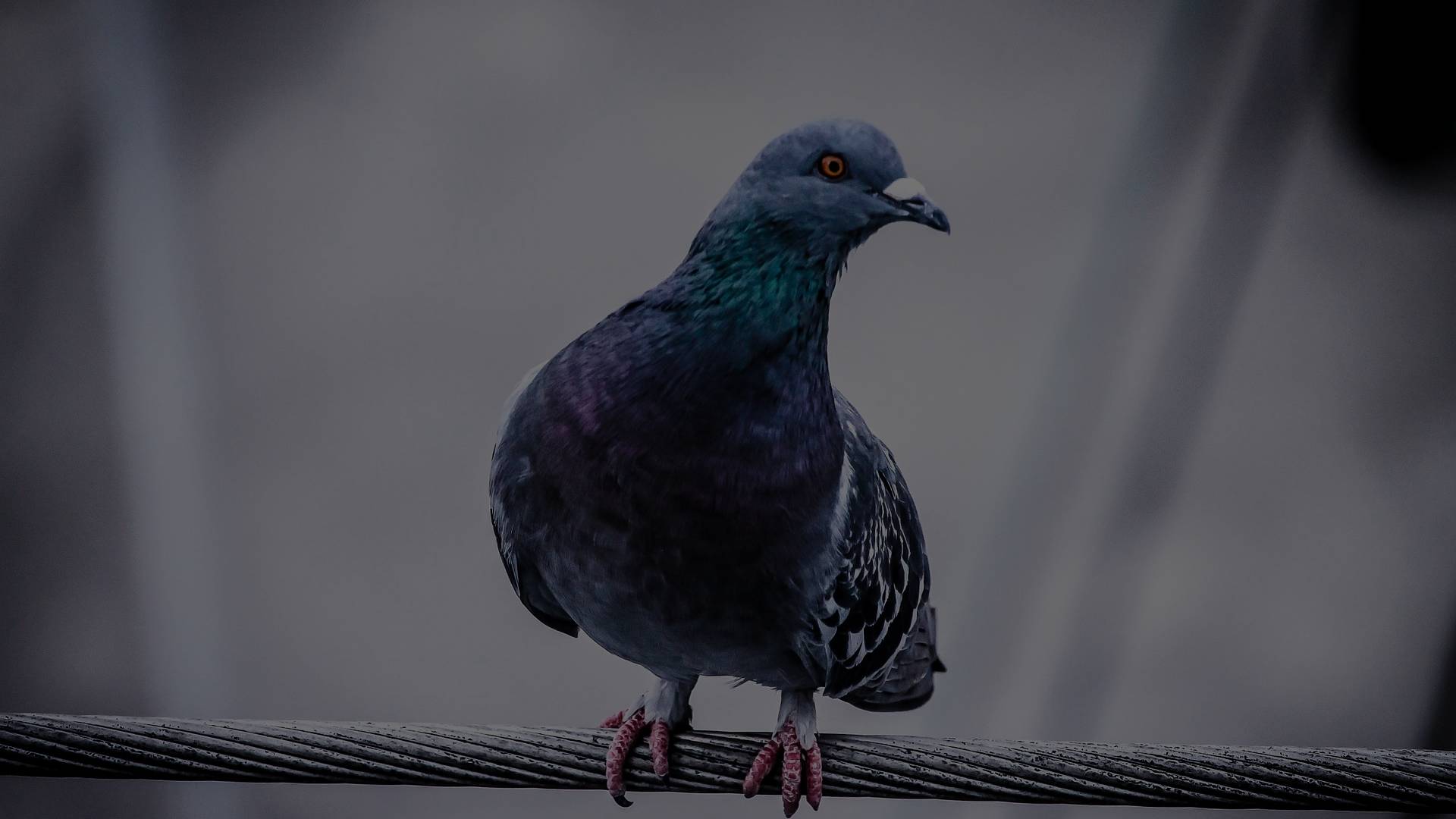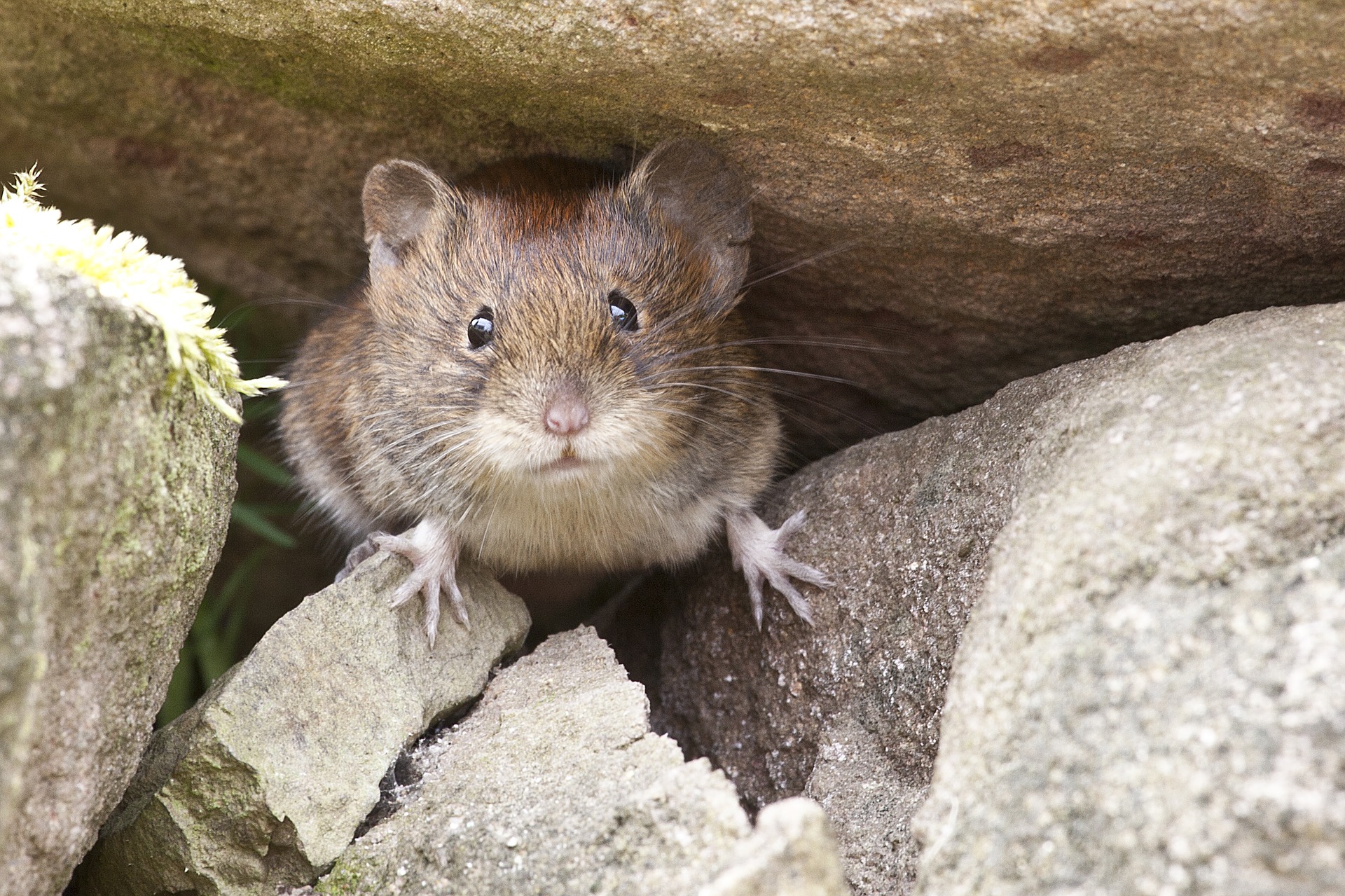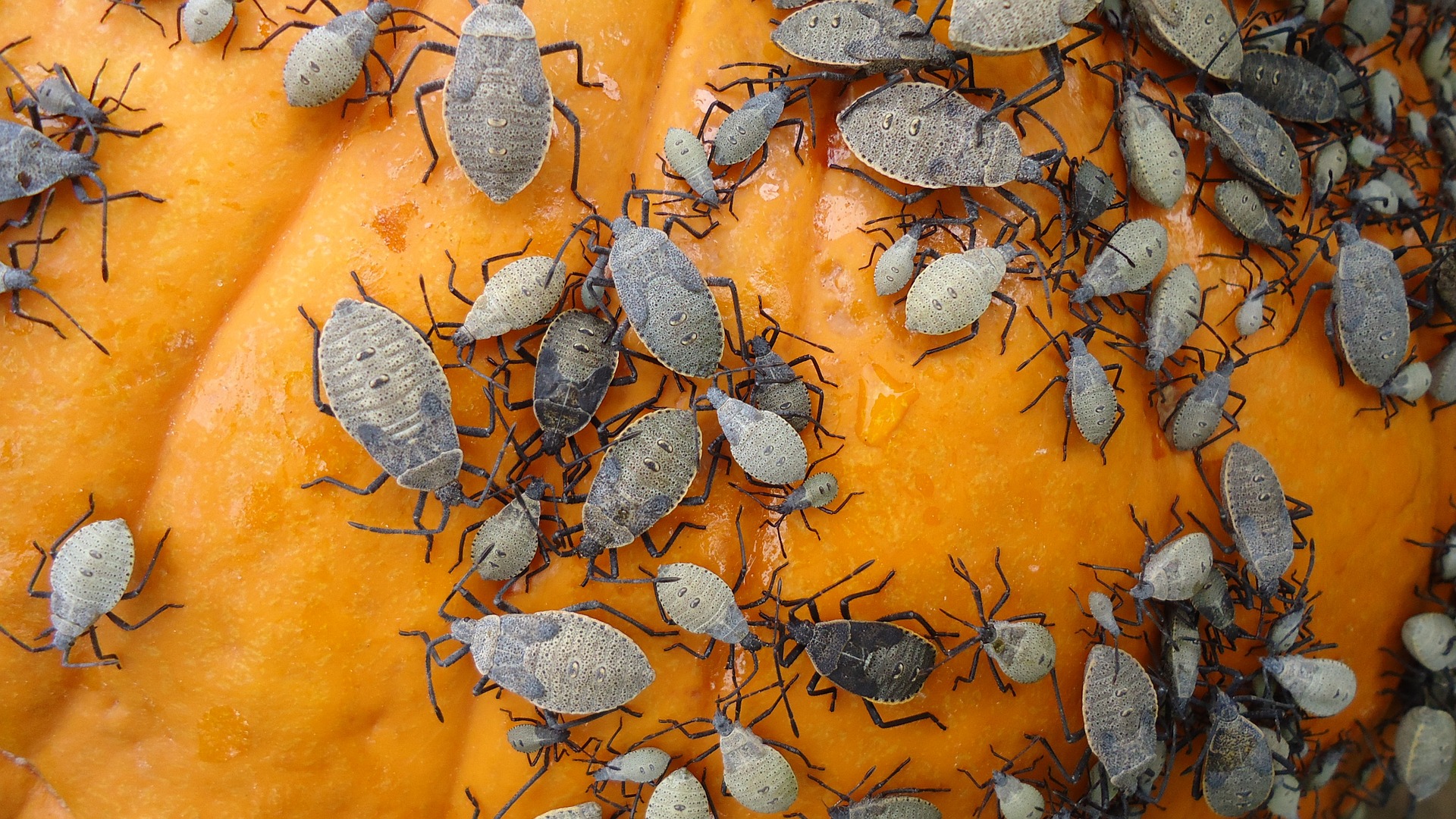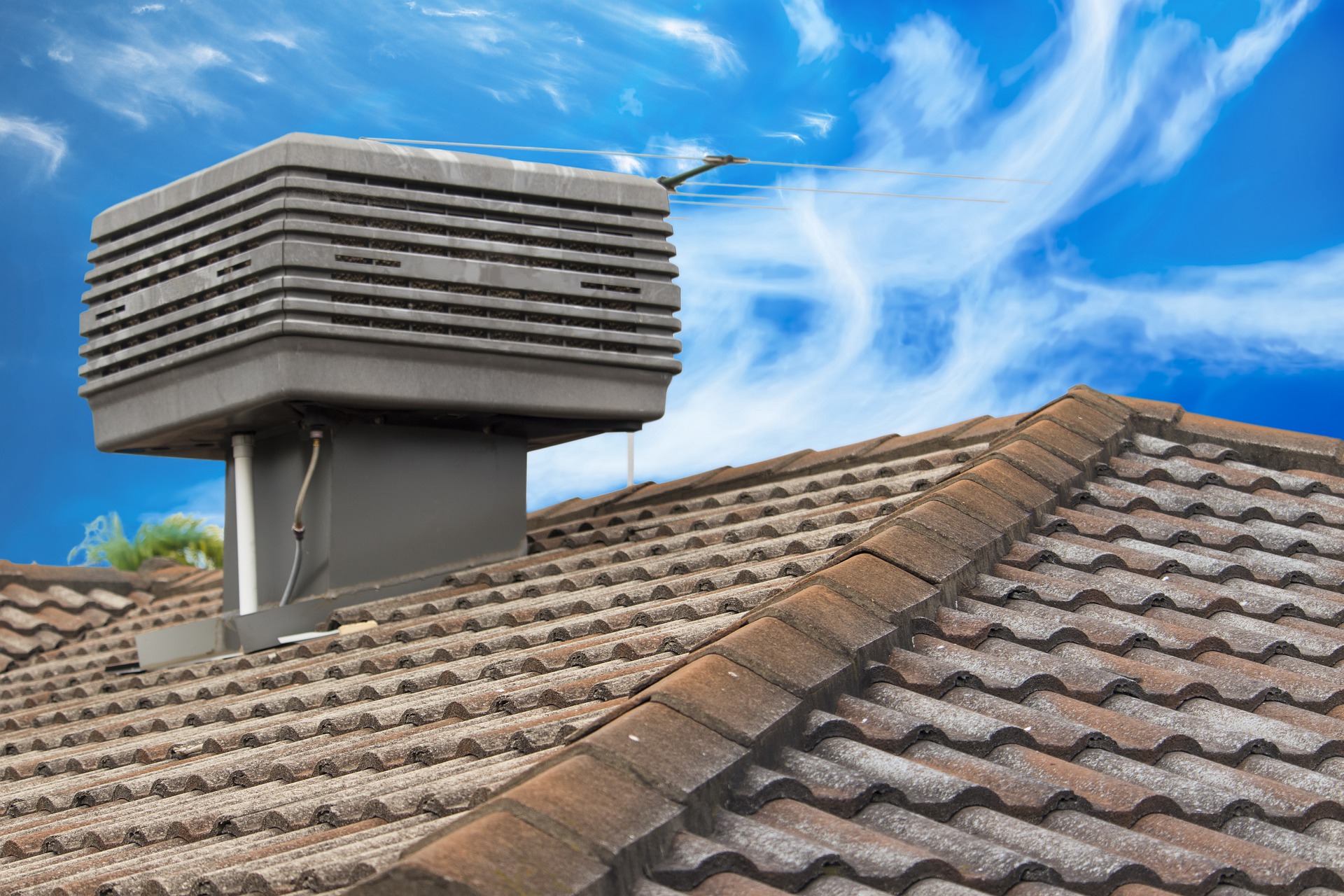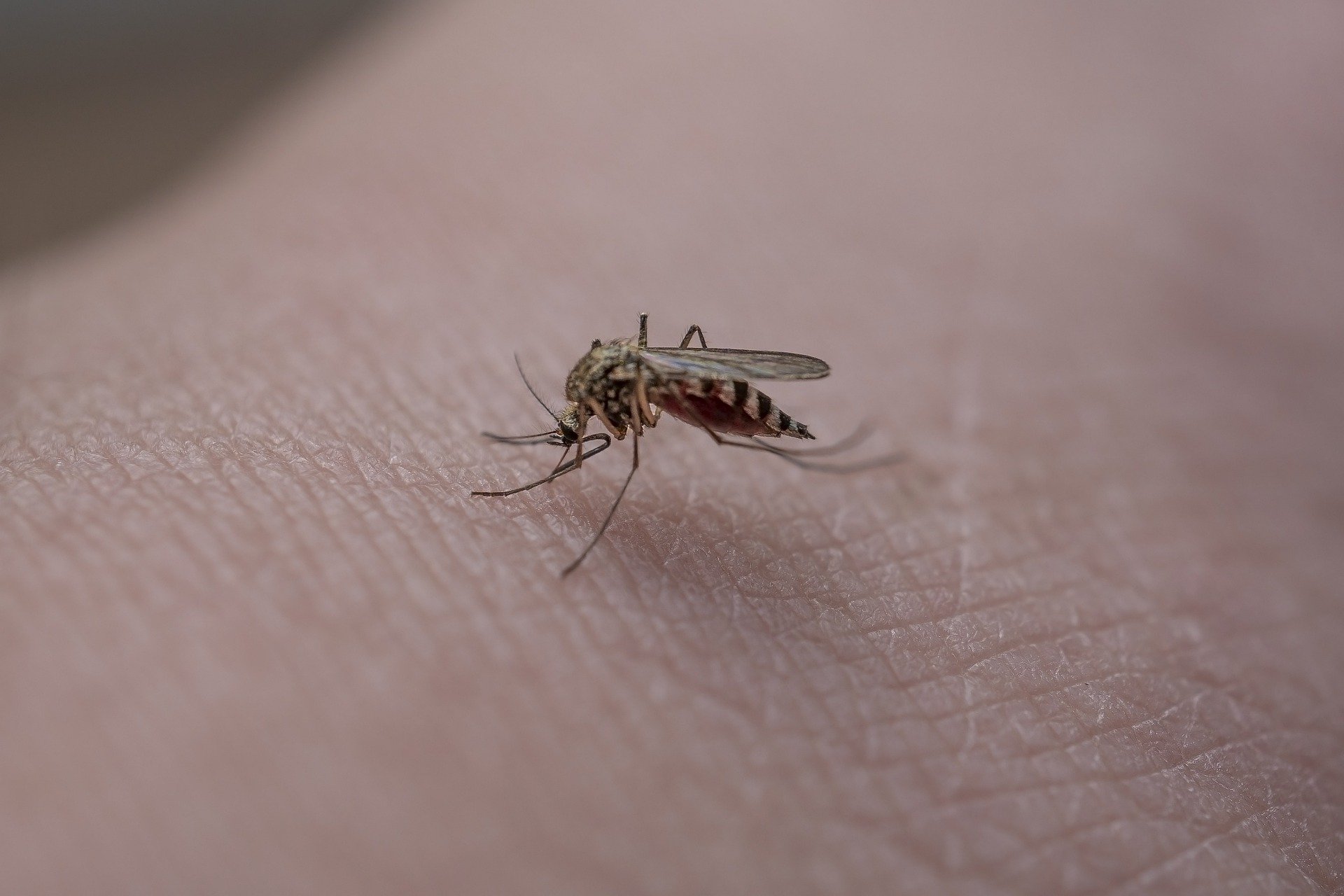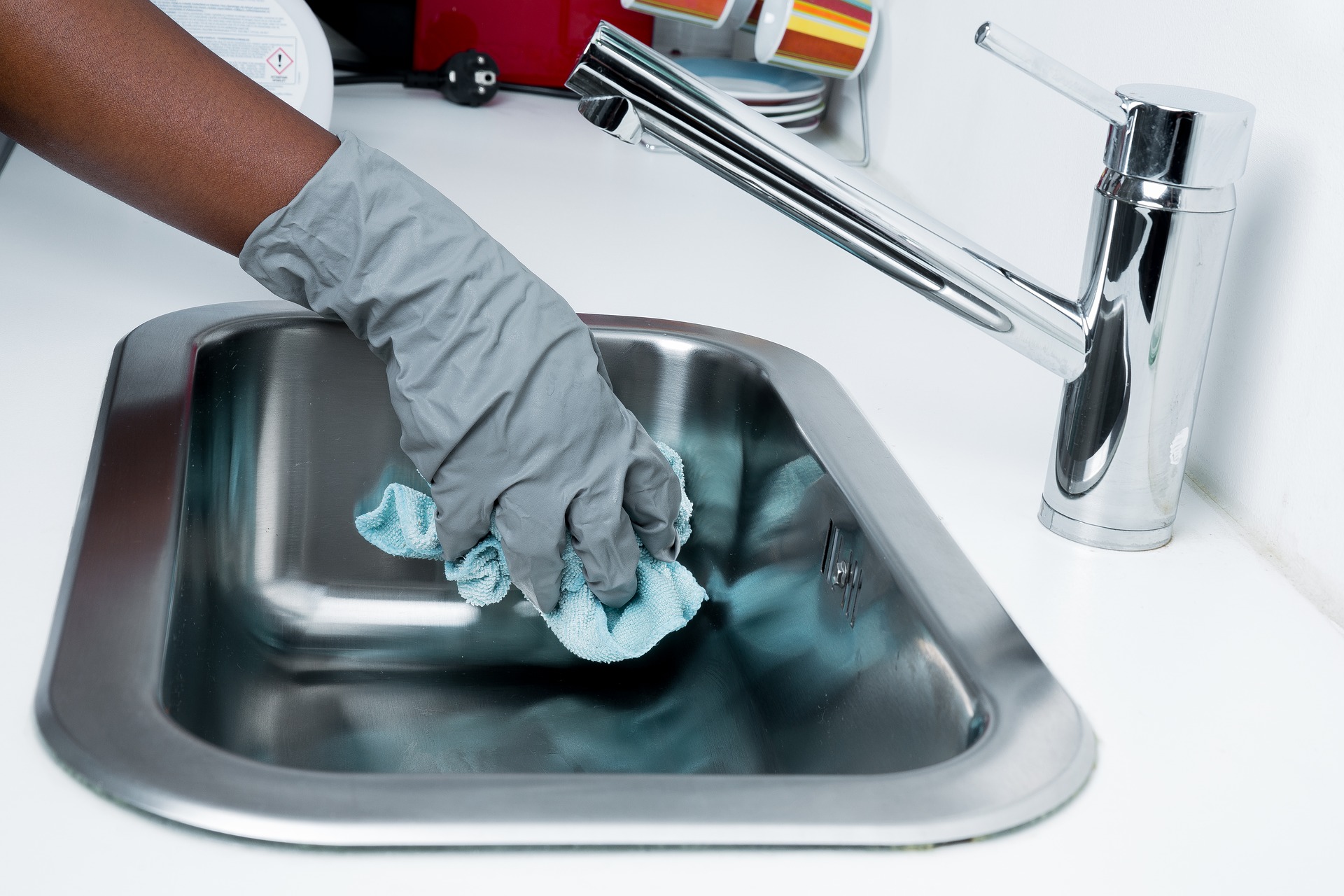Spiders are a common household pest that can cause anxiety and discomfort for many homeowners. While most spiders are harmless and even beneficial in controlling other pests, a spider infestation can still be a nuisance. In this article, we will explore the signs and symptoms of spider infestation, identify common spider species found in homes, discuss effective detection techniques, and provide proven strategies to safely eliminate spiders from your home.
Understanding Spider Infestation: Signs and Symptoms to Look Out For
Recognizing the signs and symptoms of a spider infestation is crucial in addressing the issue promptly. Here are some common indicators that spiders have taken up residence in your home
Webs: The presence of spider webs is a clear sign of spider activity. Spiders use webs to catch prey and create shelter. Look for webs in corners, ceilings, and other secluded areas of your home.
Egg Sacs: Spiders reproduce by laying eggs in sacs. These sacs are often hidden in dark and undisturbed areas, such as basements, attics, or closets. If you come across egg sacs, it is a strong indication of a spider infestation.
Spider Sightings: Spotting spiders crawling on walls, floors, or ceilings is an obvious sign of their presence. Pay attention to their size, color, and behavior, as it can help identify the species and determine the appropriate elimination method.
Bites or Skin Irritation: While most spiders are harmless, some species can deliver painful bites or cause skin irritation. If you notice unexplained bites or skin reactions, it is essential to rule out a spider infestation as the cause.
Identifying Common Spider Species in Your Home: A Guide for Homeowners
Understanding the types of spiders commonly found in homes can assist in effective detection and elimination. Here are a few common spider species you may encounter:
House Spiders: House spiders are the most common type found indoors. They are typically small, brown, or gray in color, and build tangled webs in corners or behind furniture.
Cellar Spiders: Also known as daddy longlegs, cellar spiders have long, thin legs and small bodies. They prefer dark and damp areas like basements and crawl spaces.
Black Widows: Black widows are venomous spiders recognizable by their shiny black bodies and red hourglass-shaped markings. They tend to hide in dark, undisturbed areas and should be handled with extreme caution.
Brown Recluses: Brown recluse spiders are light brown with a distinctive violin-shaped marking on their bodies. They prefer quiet, cluttered spaces and can deliver a venomous bite.
Effective Spider Detection Techniques: Tips and Tricks to Uncover Hidden Infestations
When it comes to detecting spiders in your home, a systematic approach can help uncover hidden infestations. Here are some effective detection techniques:
Thoroughly Inspect Your Home: Take the time to inspect all areas of your home, paying close attention to dark and secluded spaces. Use a flashlight to illuminate potential hiding spots and look for signs of spider activity.
Use Sticky Traps: Place sticky traps in areas where spiders are likely to travel, such as along baseboards, behind furniture, or near windows. These traps can help capture spiders and provide valuable information about the extent of the infestation.
Monitor Outdoor Entry Points: Spiders often enter homes through cracks, gaps, or open windows and doors. Regularly inspect and seal any potential entry points to prevent spiders from gaining access to your home.
Seek Professional Help: If you suspect a severe spider infestation or are unsure about identifying the species, it is advisable to seek professional pest control assistance. They have the expertise and tools to accurately assess the situation and provide effective solutions.
Spider Elimination Strategies: Proven Methods to Safely Remove Spiders from Your Home
Once you have detected a spider infestation, it is essential to take appropriate measures to eliminate them from your home. Here are some proven spider elimination strategies:
Regular Cleaning and Decluttering: Spiders thrive in cluttered and undisturbed areas. Regularly clean and declutter your home to remove potential hiding spots and disrupt their habitat.
Vacuuming: Use a vacuum cleaner with a hose attachment to remove spiders, webs, and egg sacs from walls, ceilings, and corners. Empty the vacuum bag or canister outside to prevent spiders from reinfesting your home.
Natural Repellents: Certain scents, such as peppermint oil or vinegar, are known to repel spiders. Spray these natural repellents in areas prone to spider activity to deter them from entering your home.
Professional Pest Control: If the infestation persists or poses a significant threat, it is best to consult professional pest control services. They can employ targeted treatments to eliminate spiders safely and effectively.
In conclusion, detecting and eliminating spiders from your home requires vigilance and a combination of proactive measures. By understanding the signs of infestation, identifying common spider species, employing effective detection techniques, and implementing proven elimination strategies, you can create a spider-free environment and restore peace of mind in your home.

